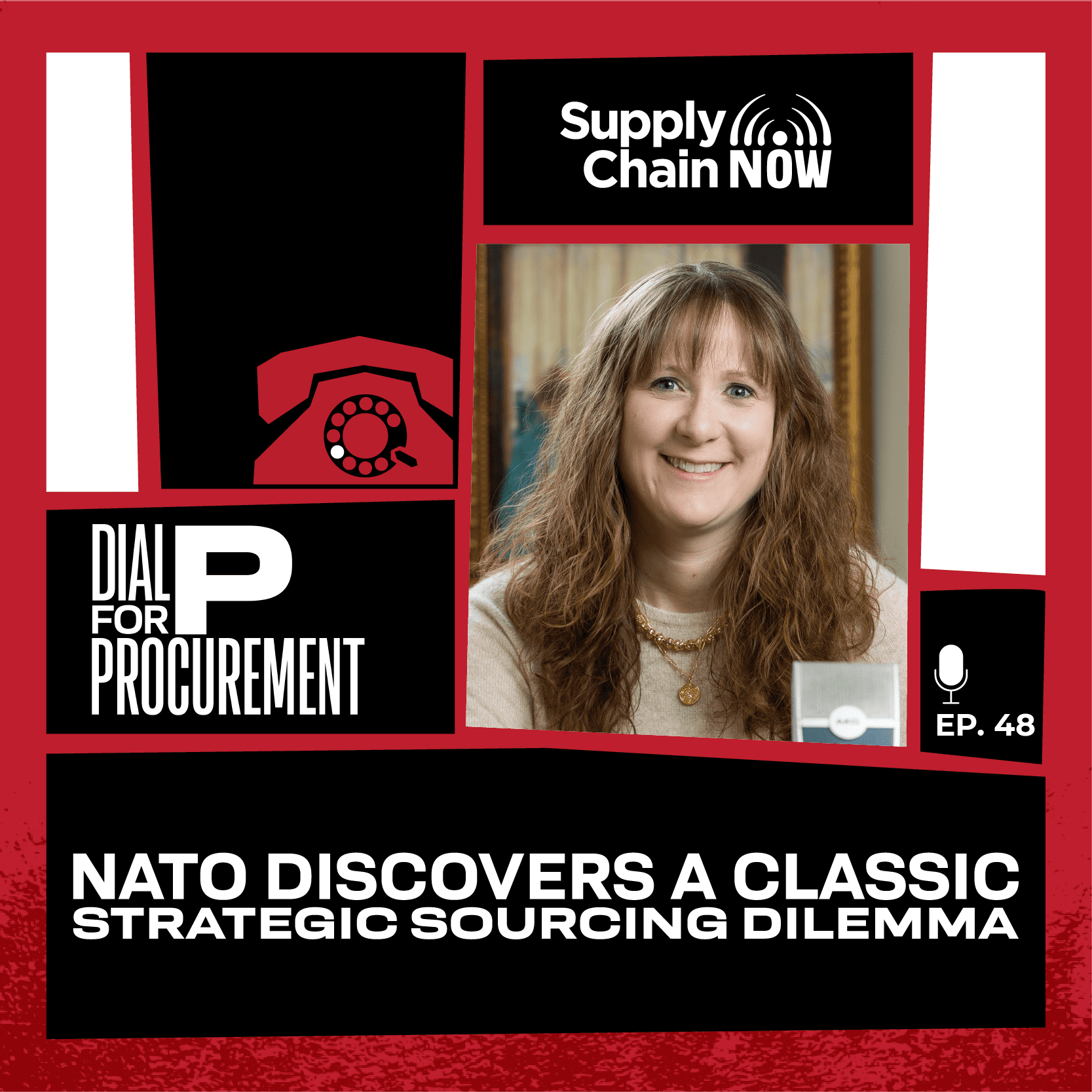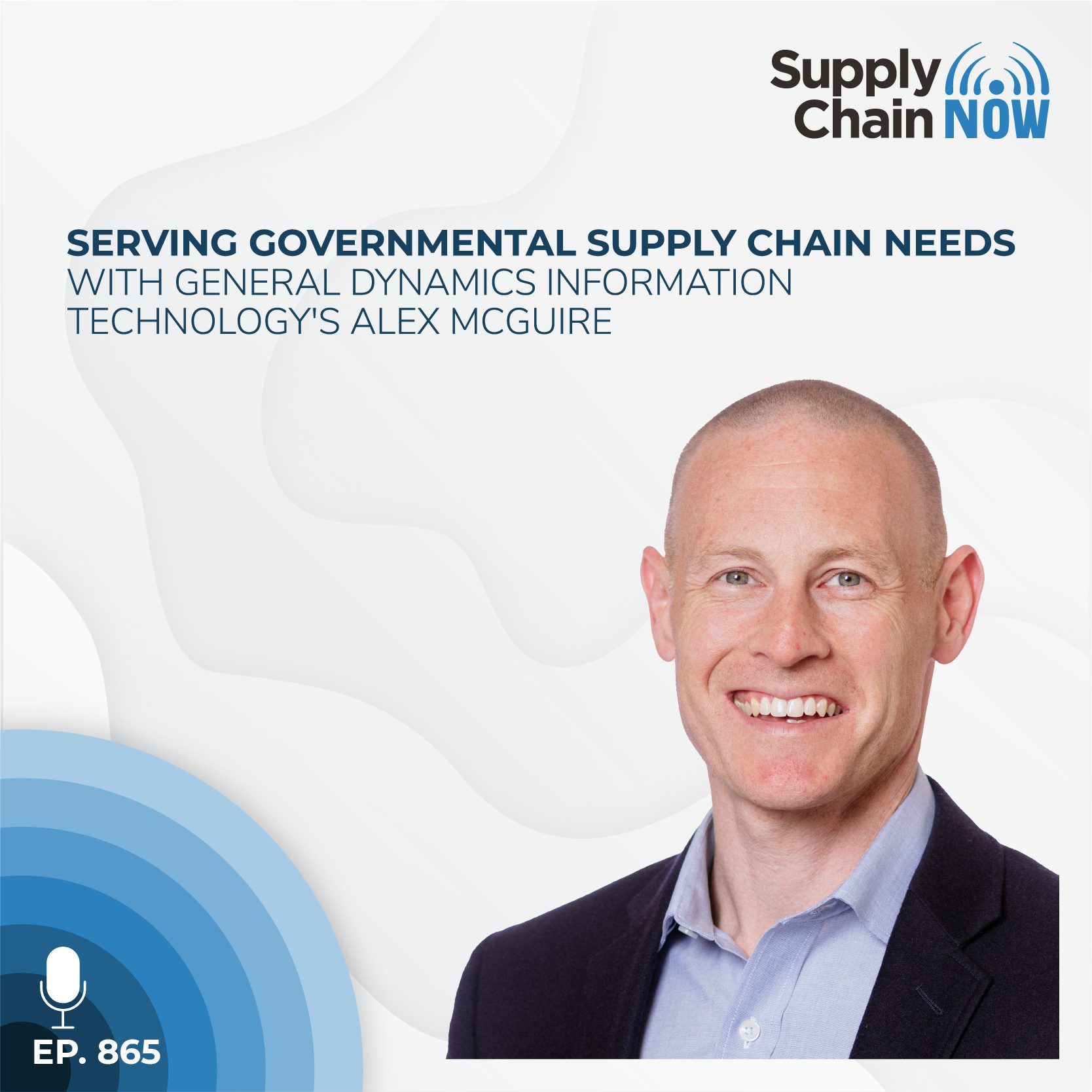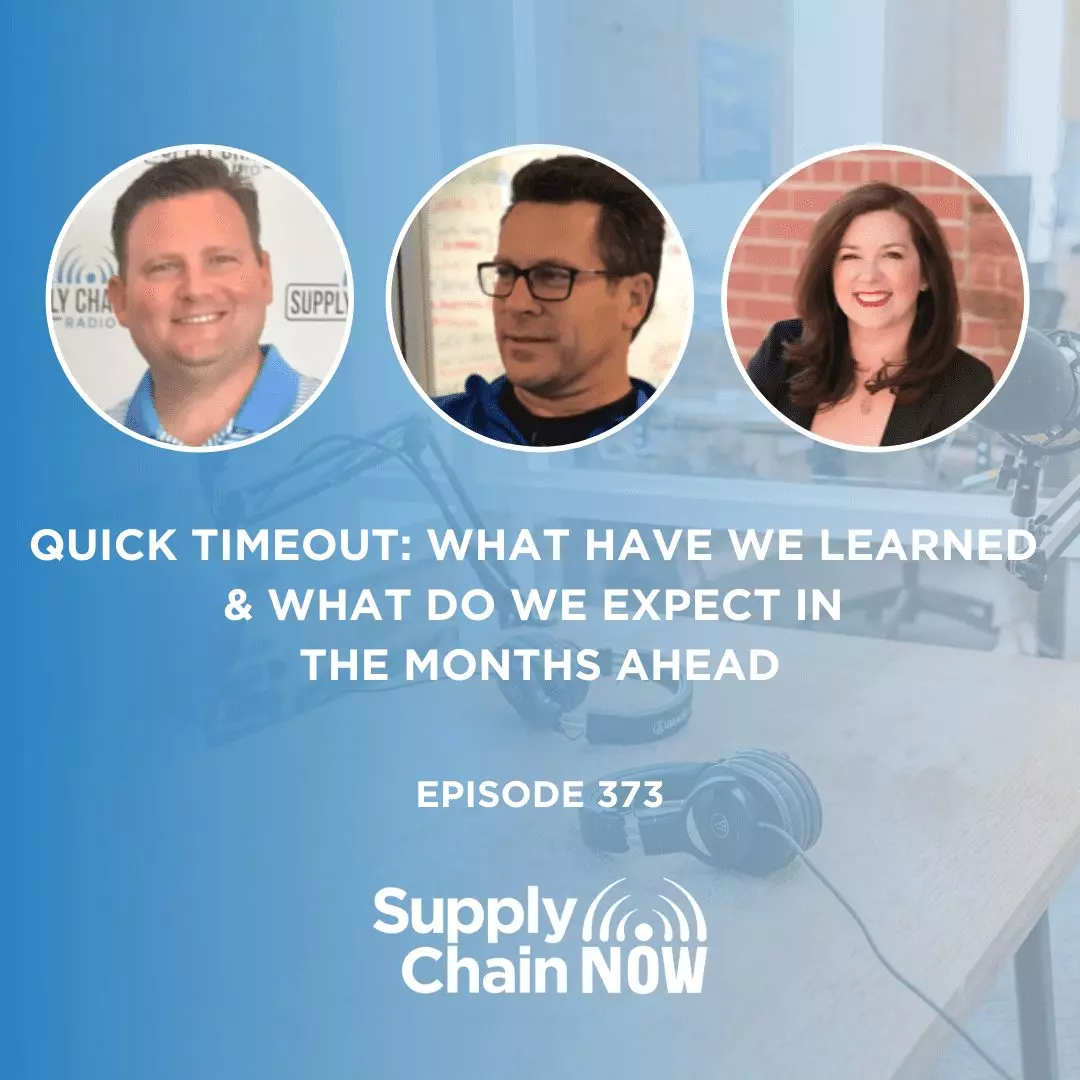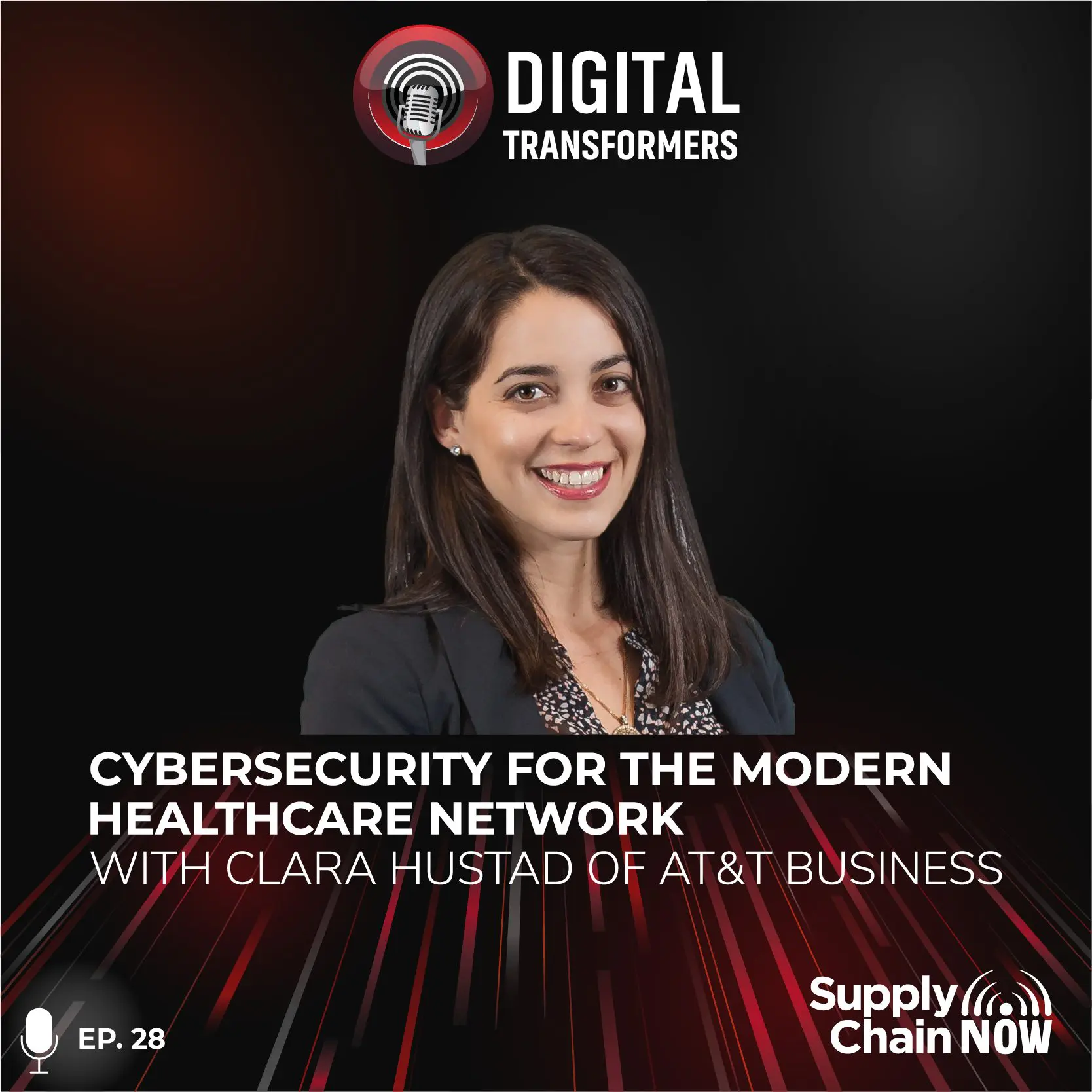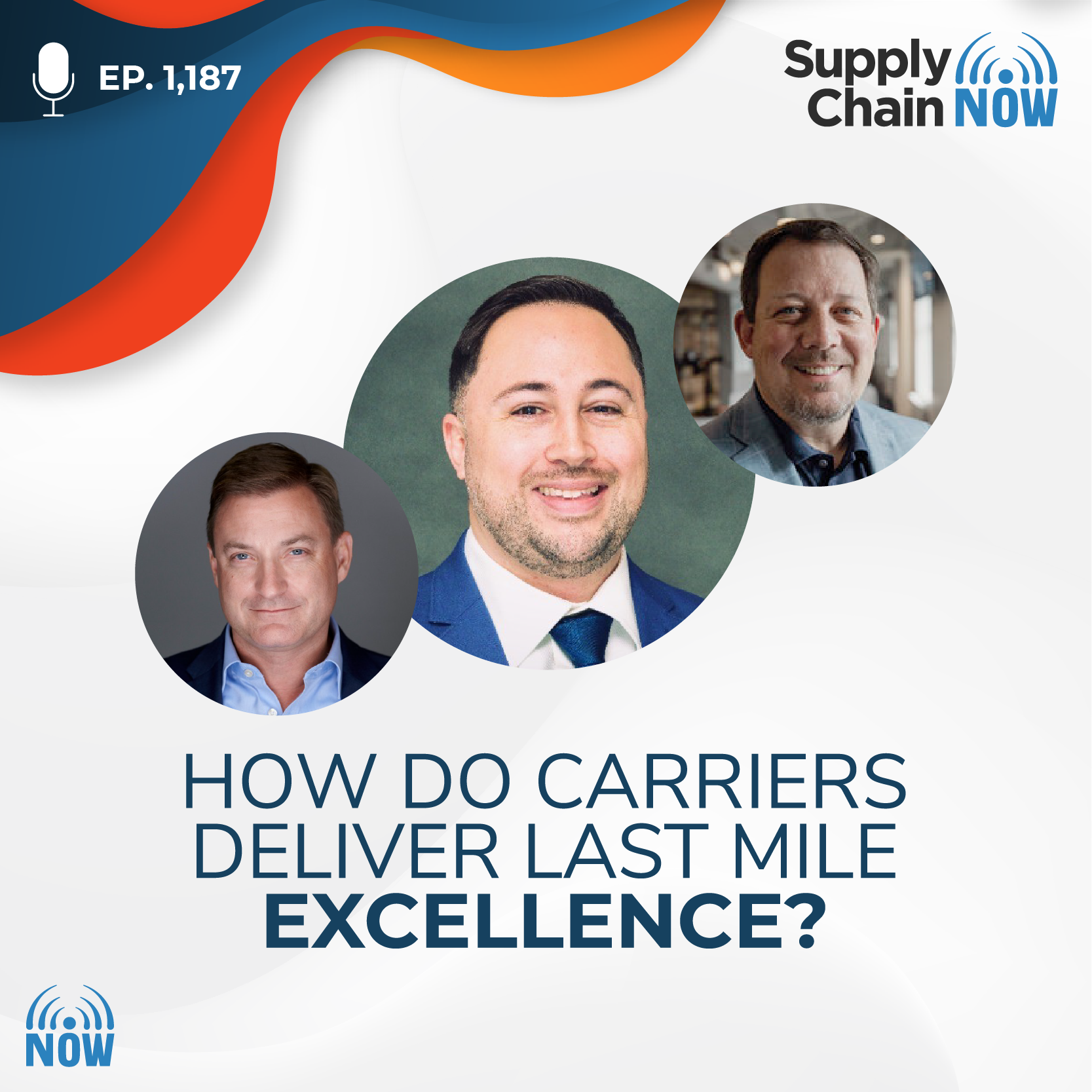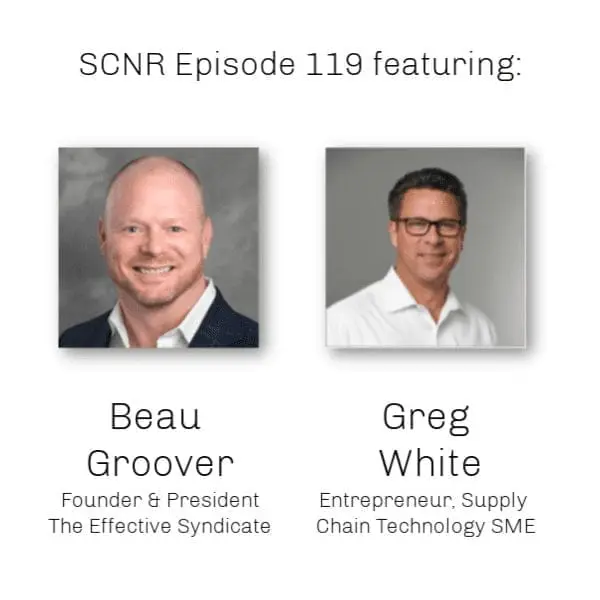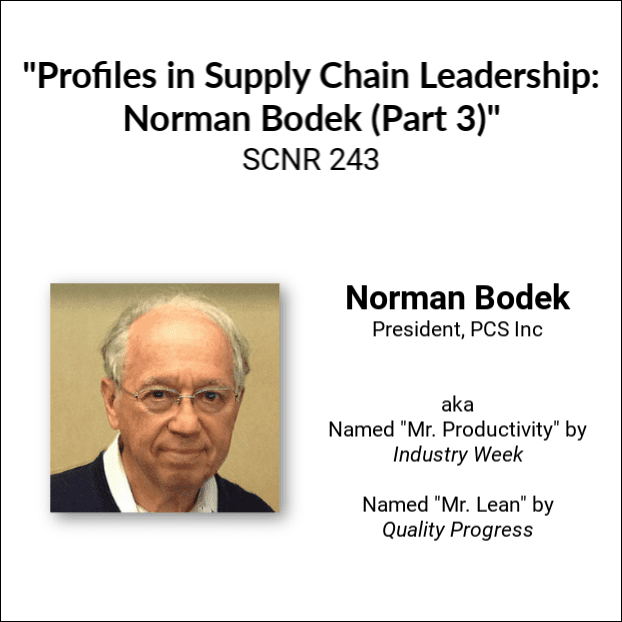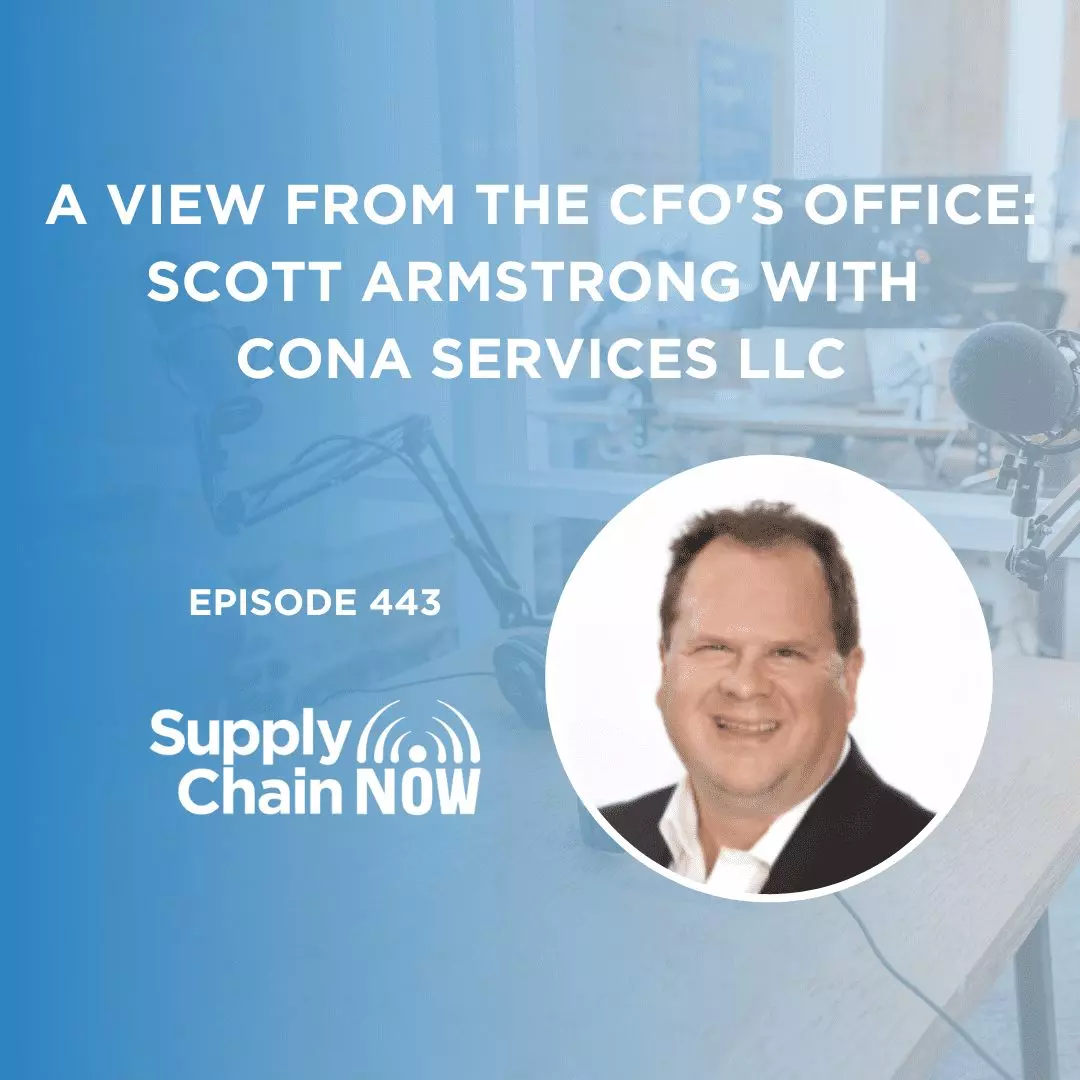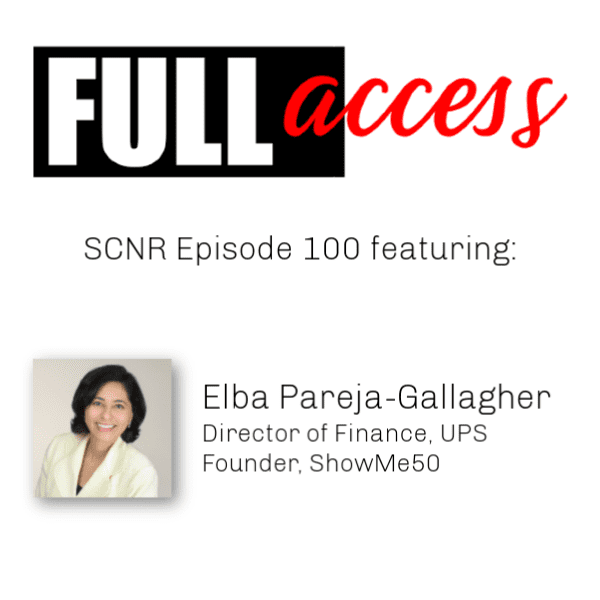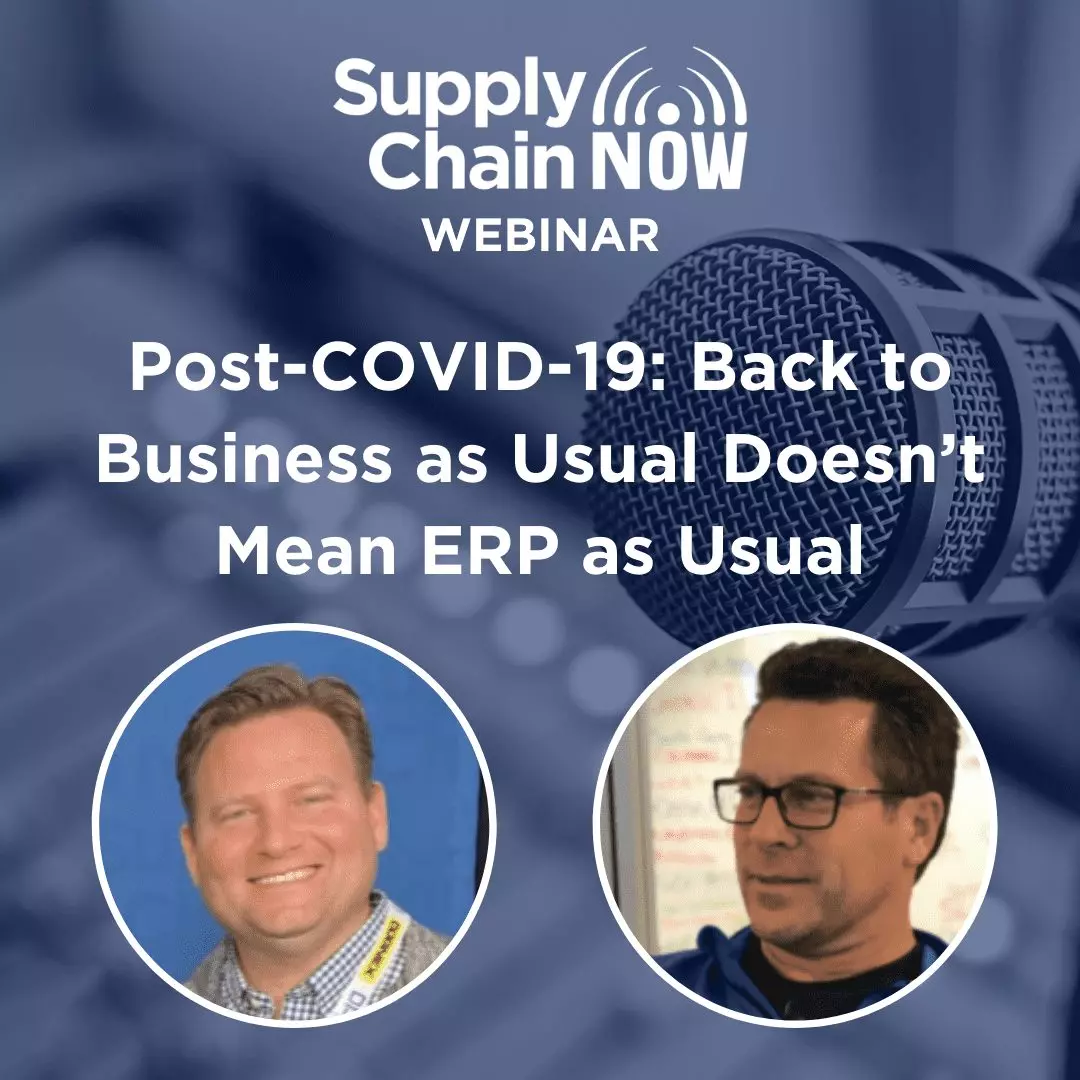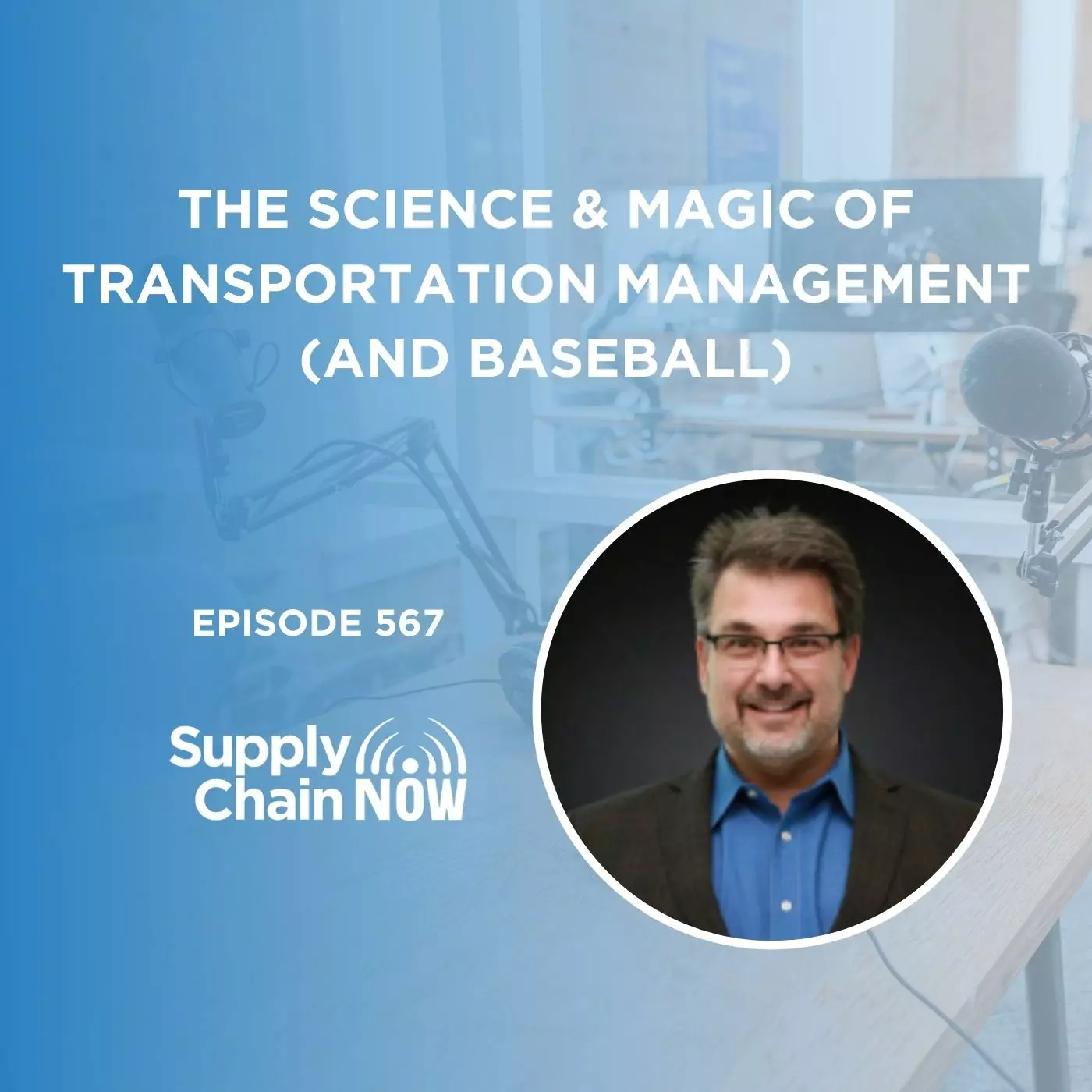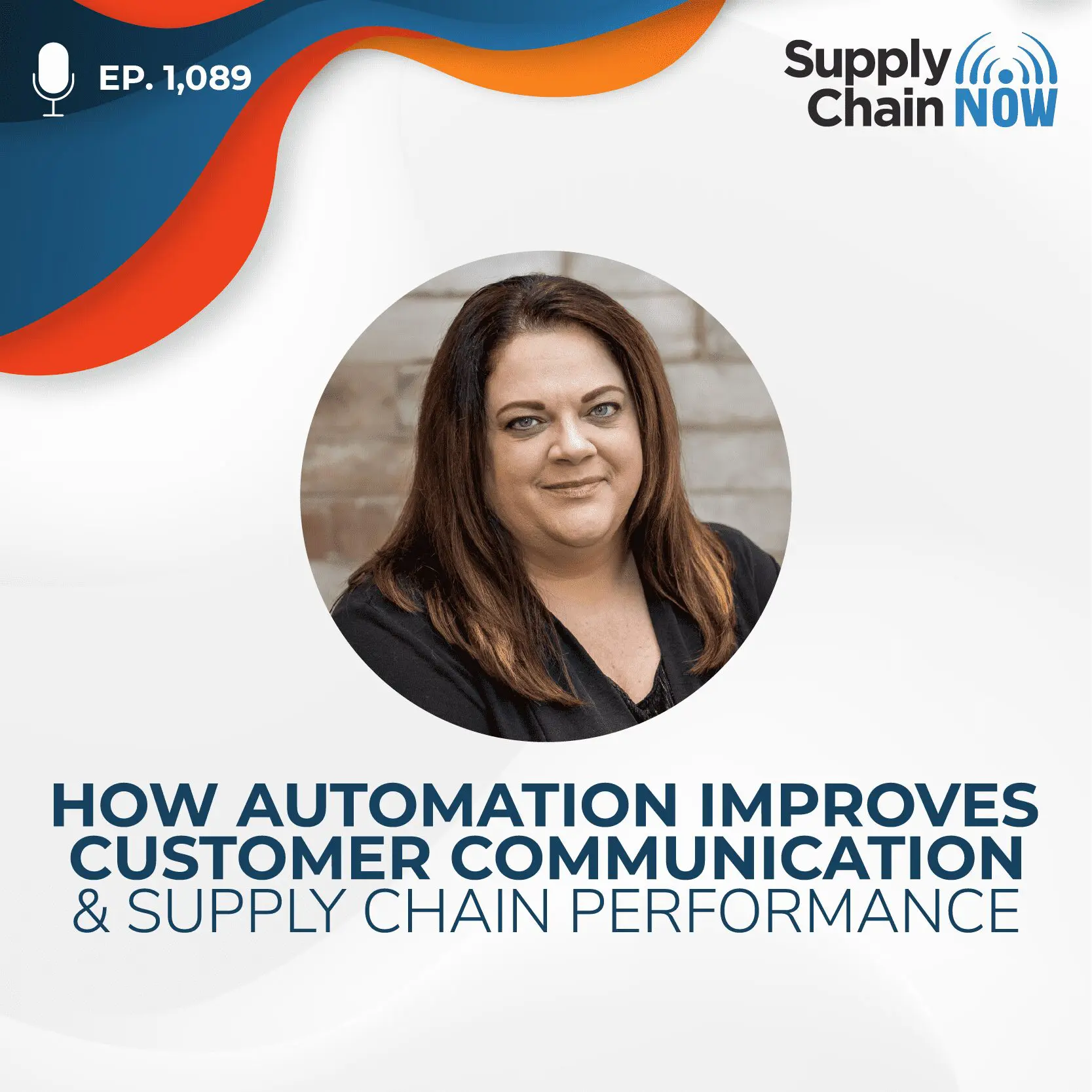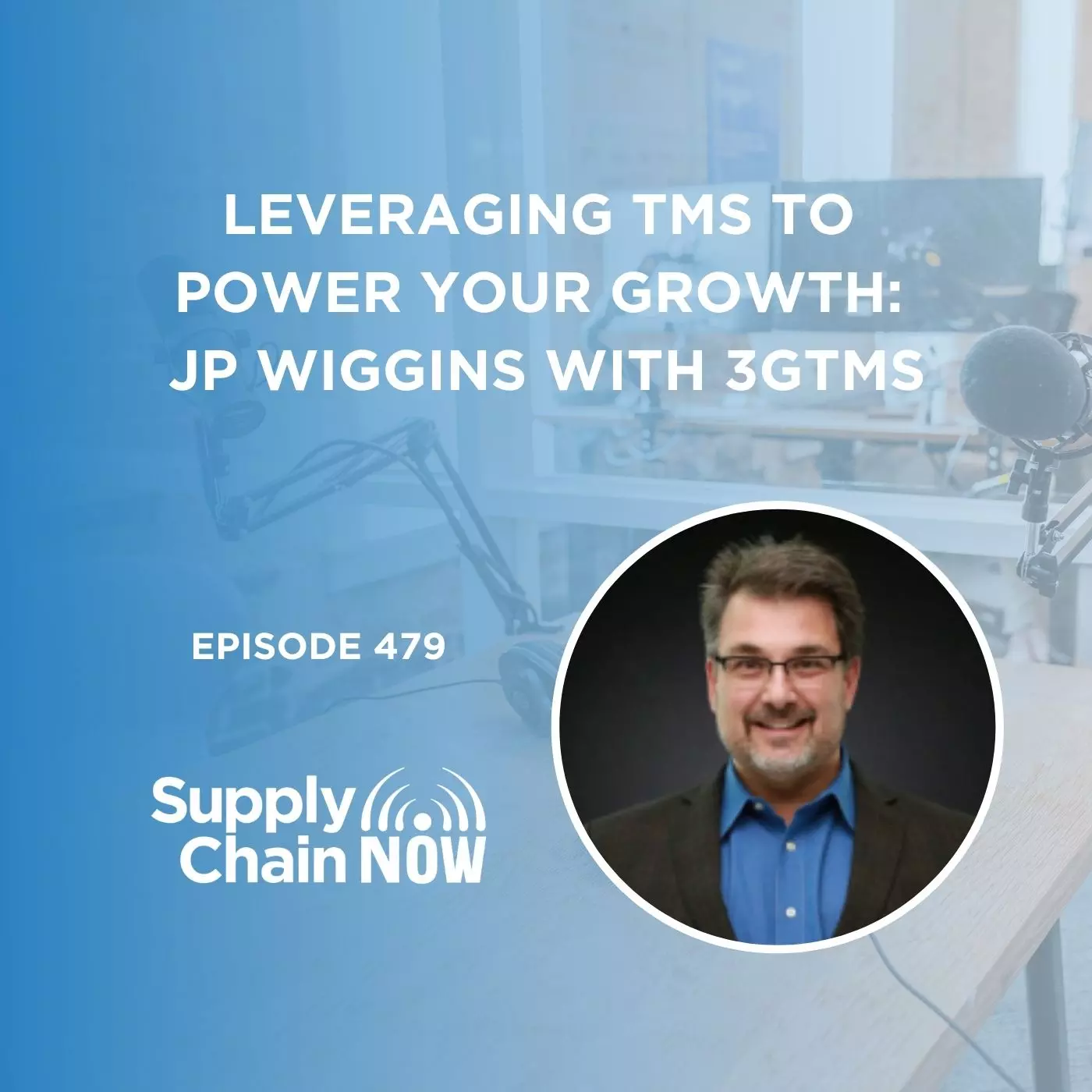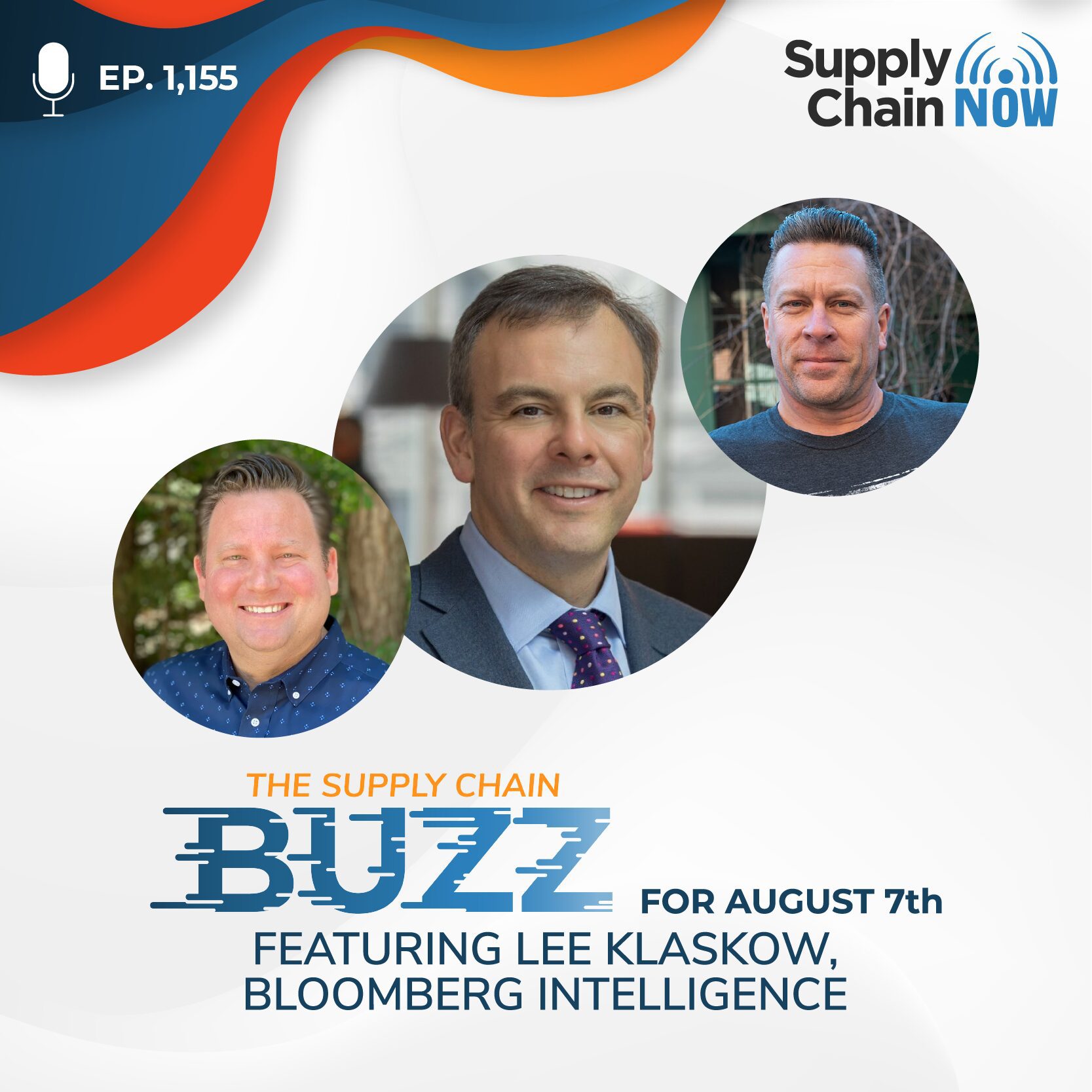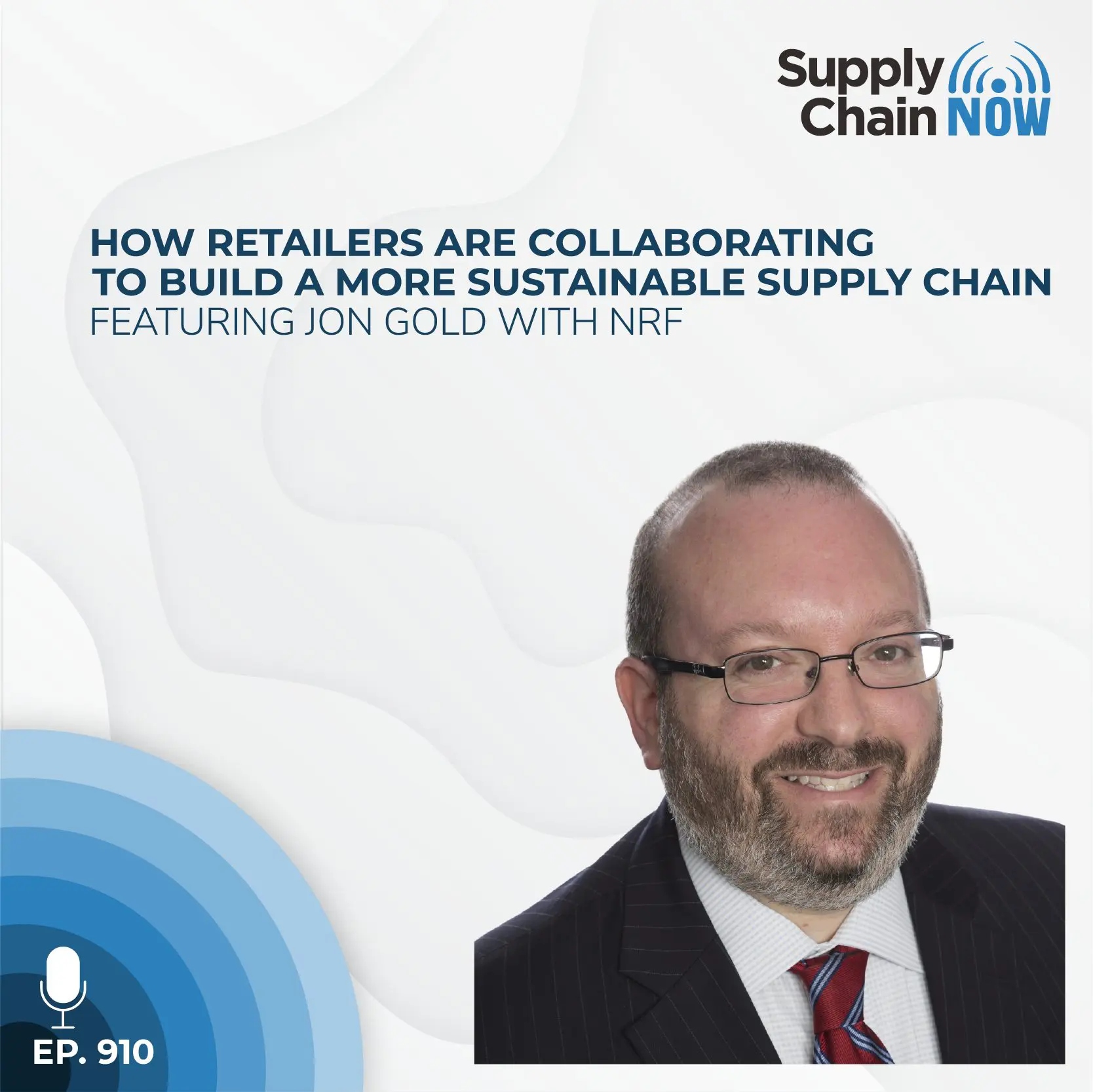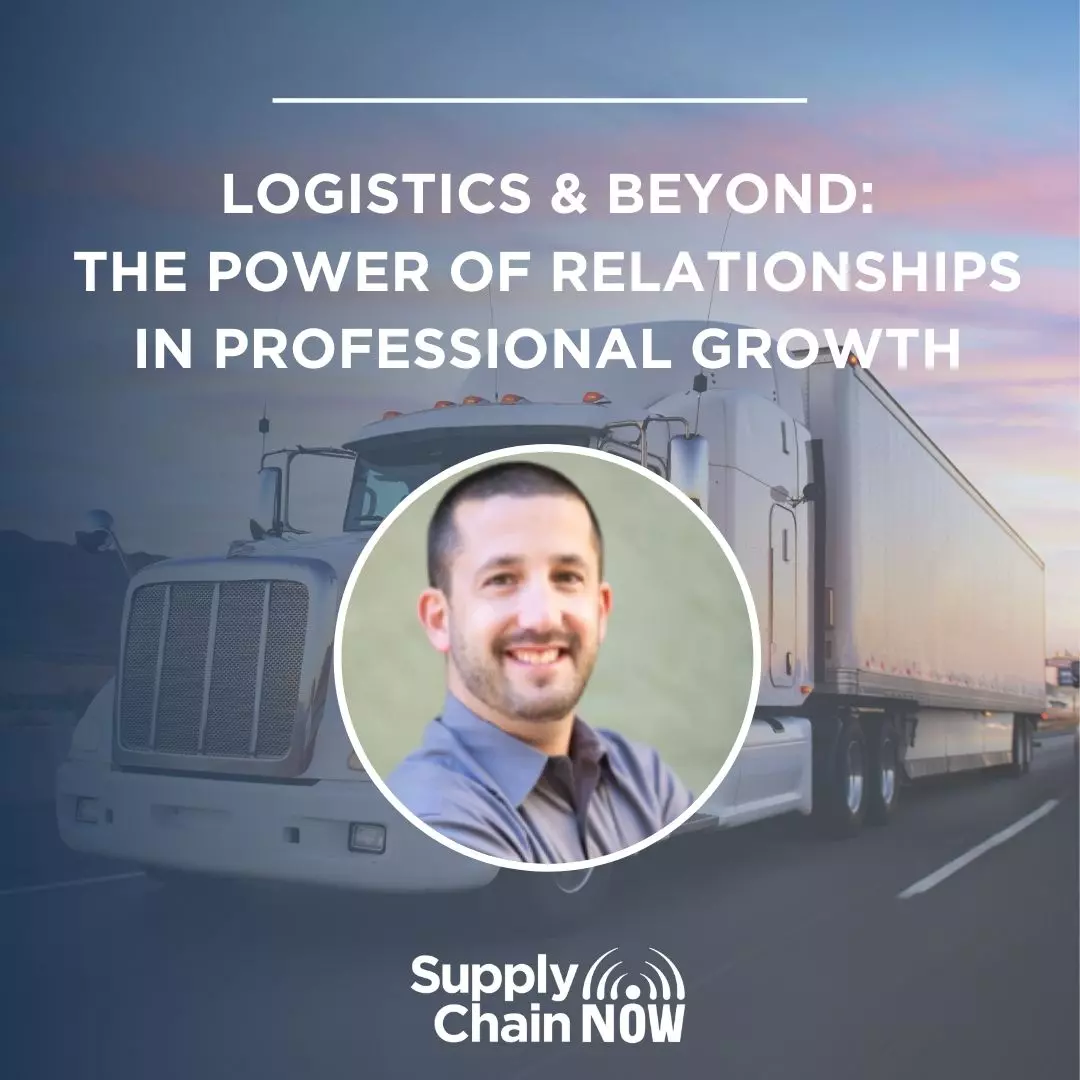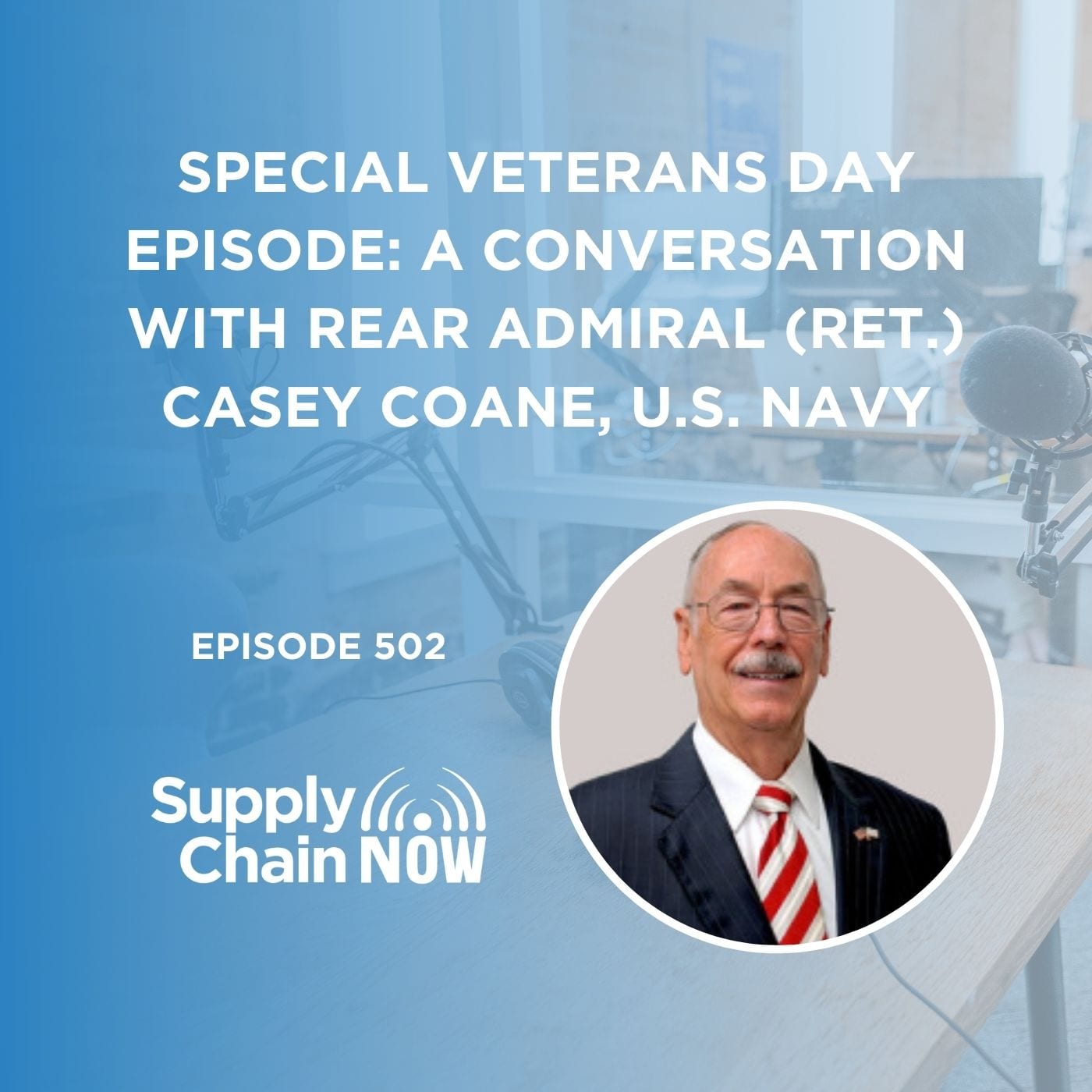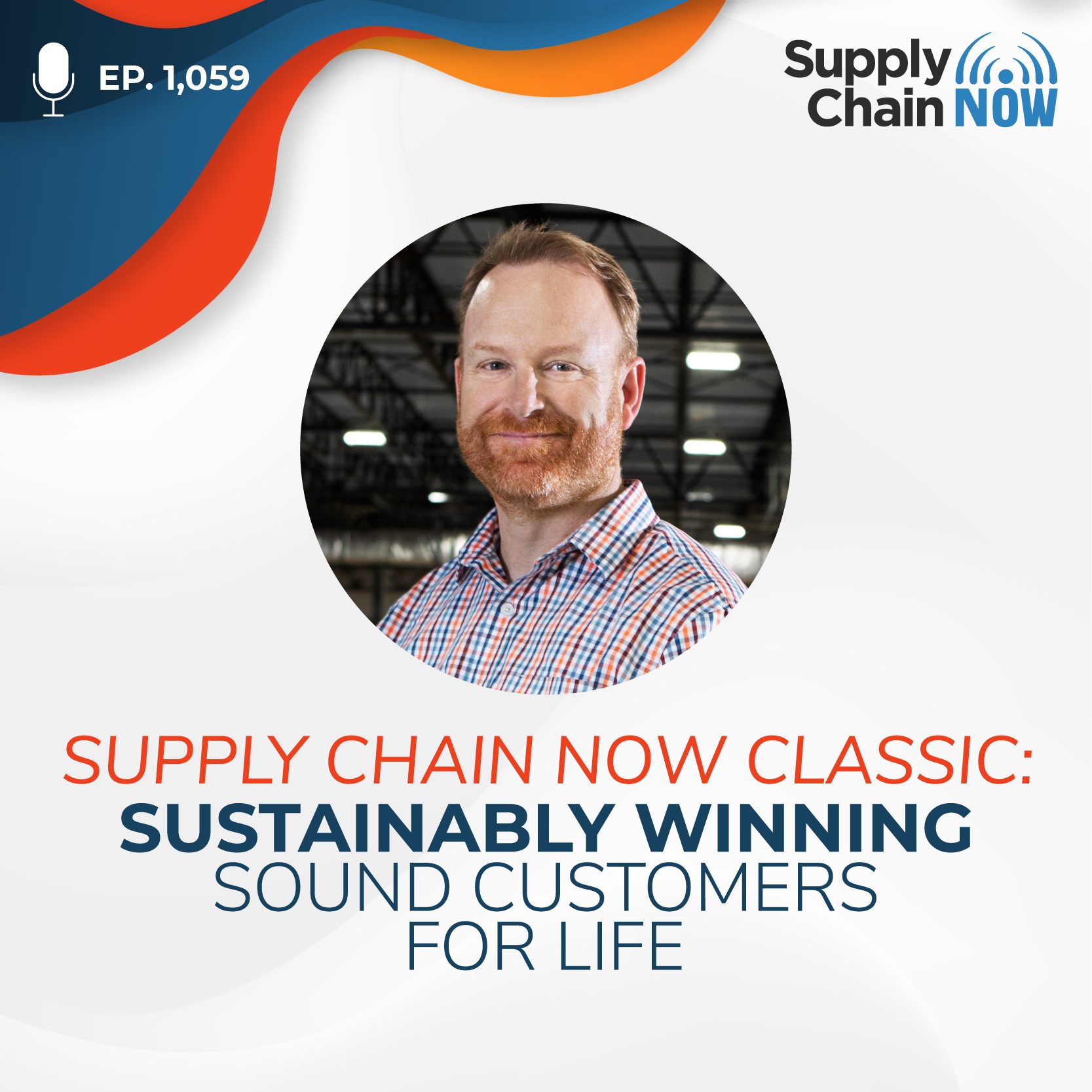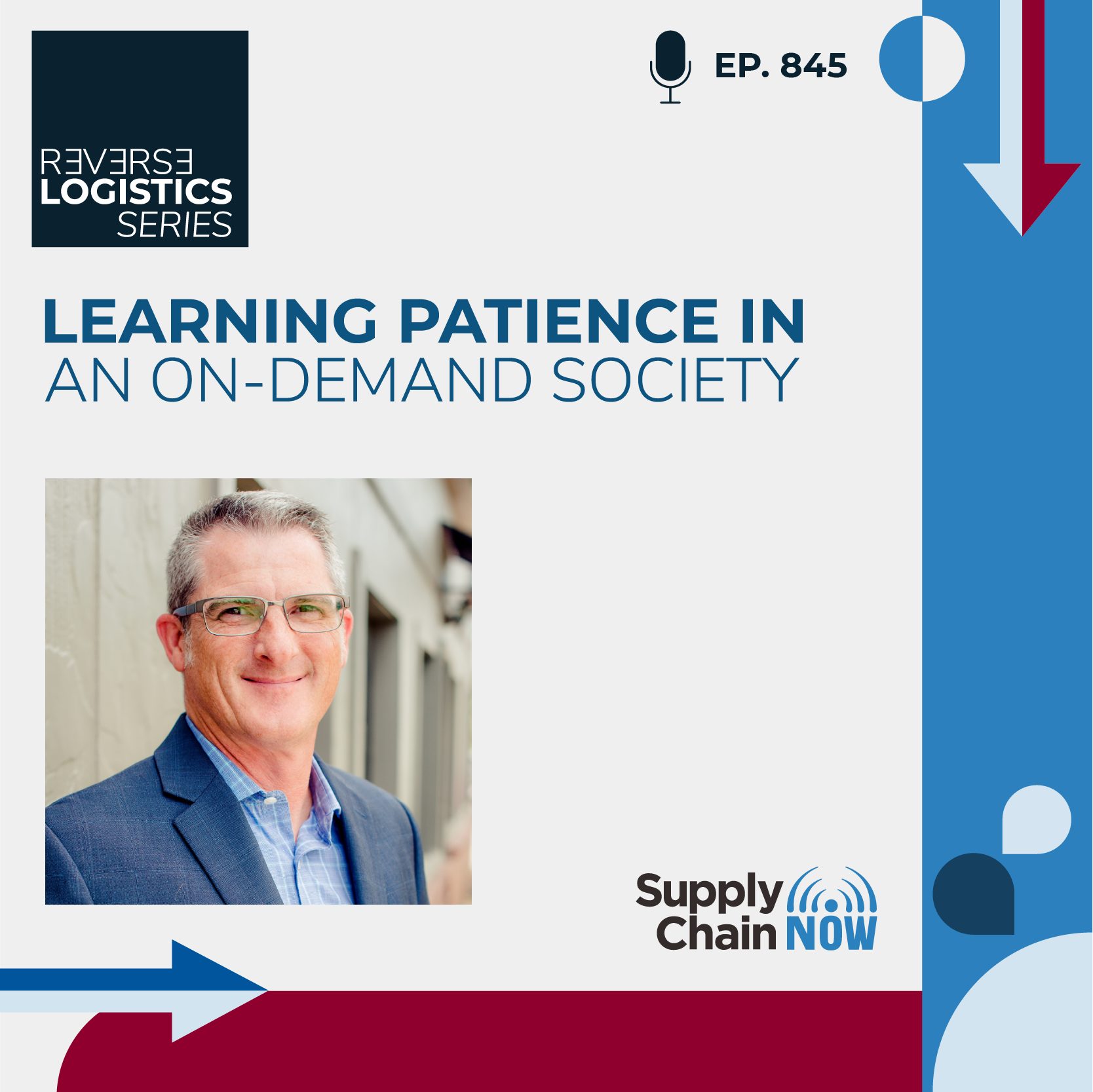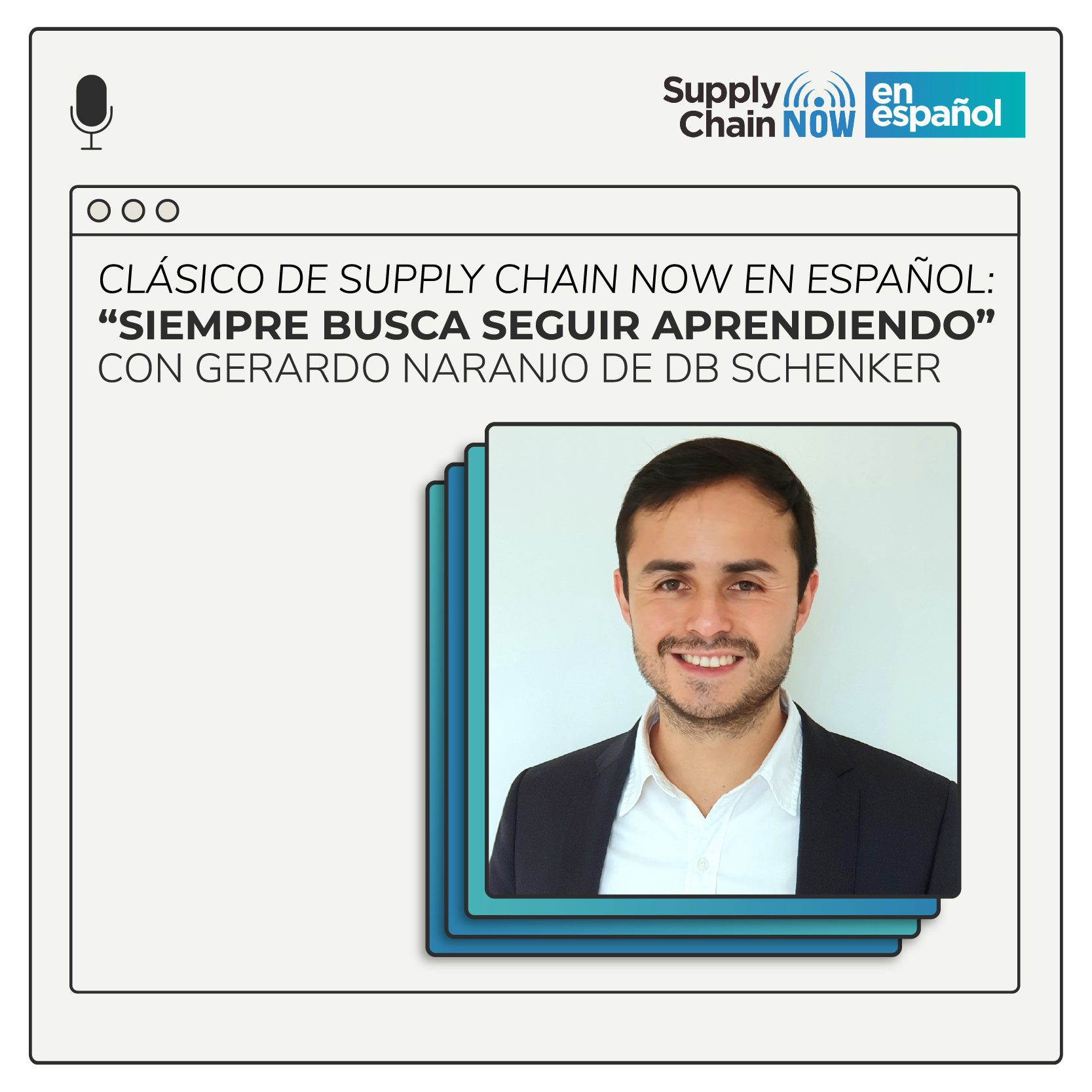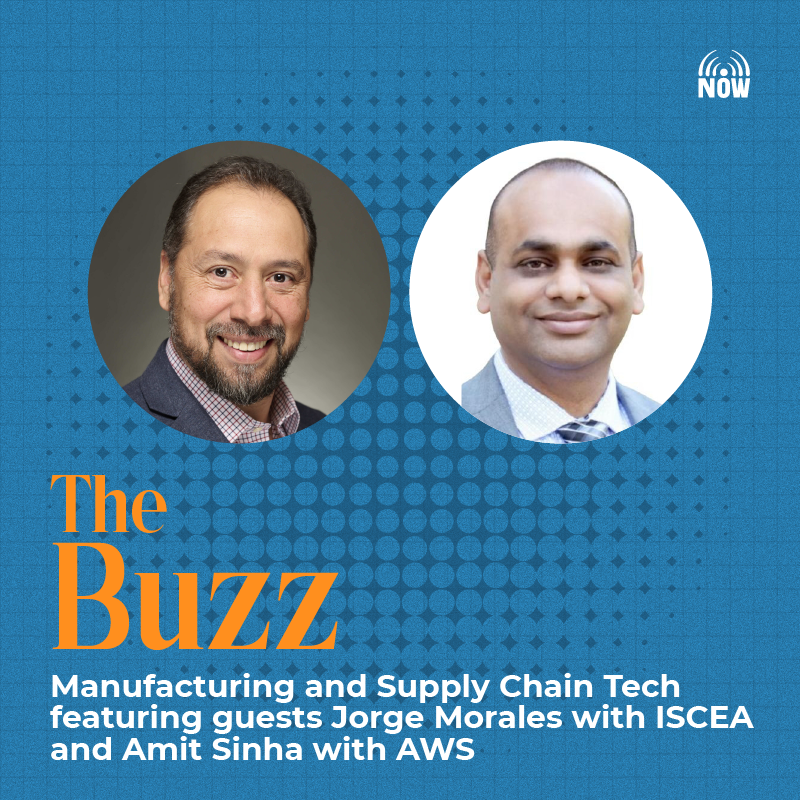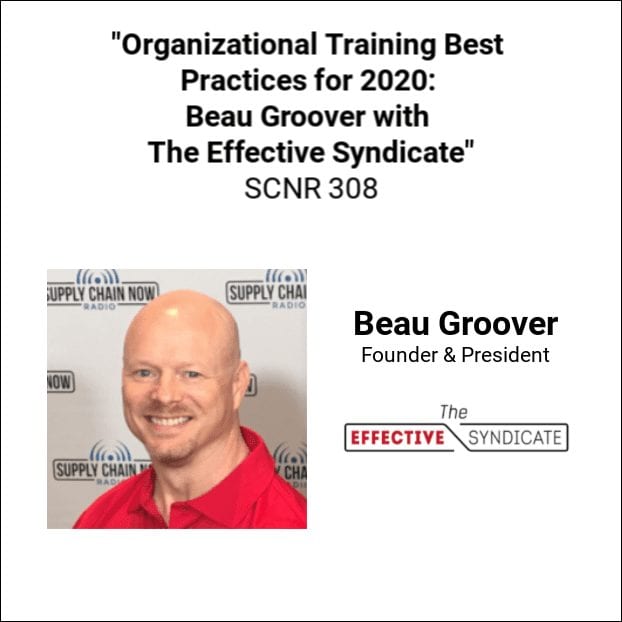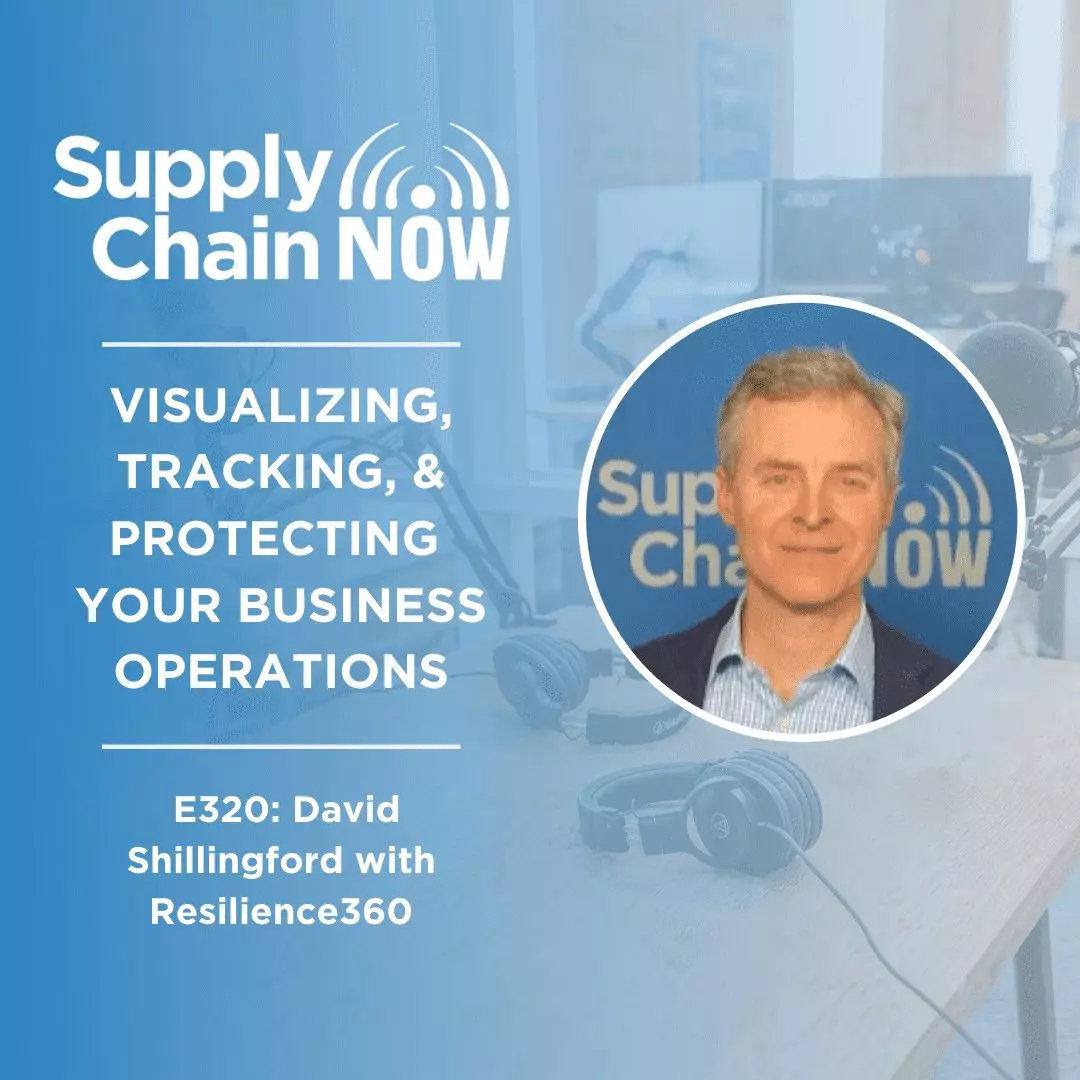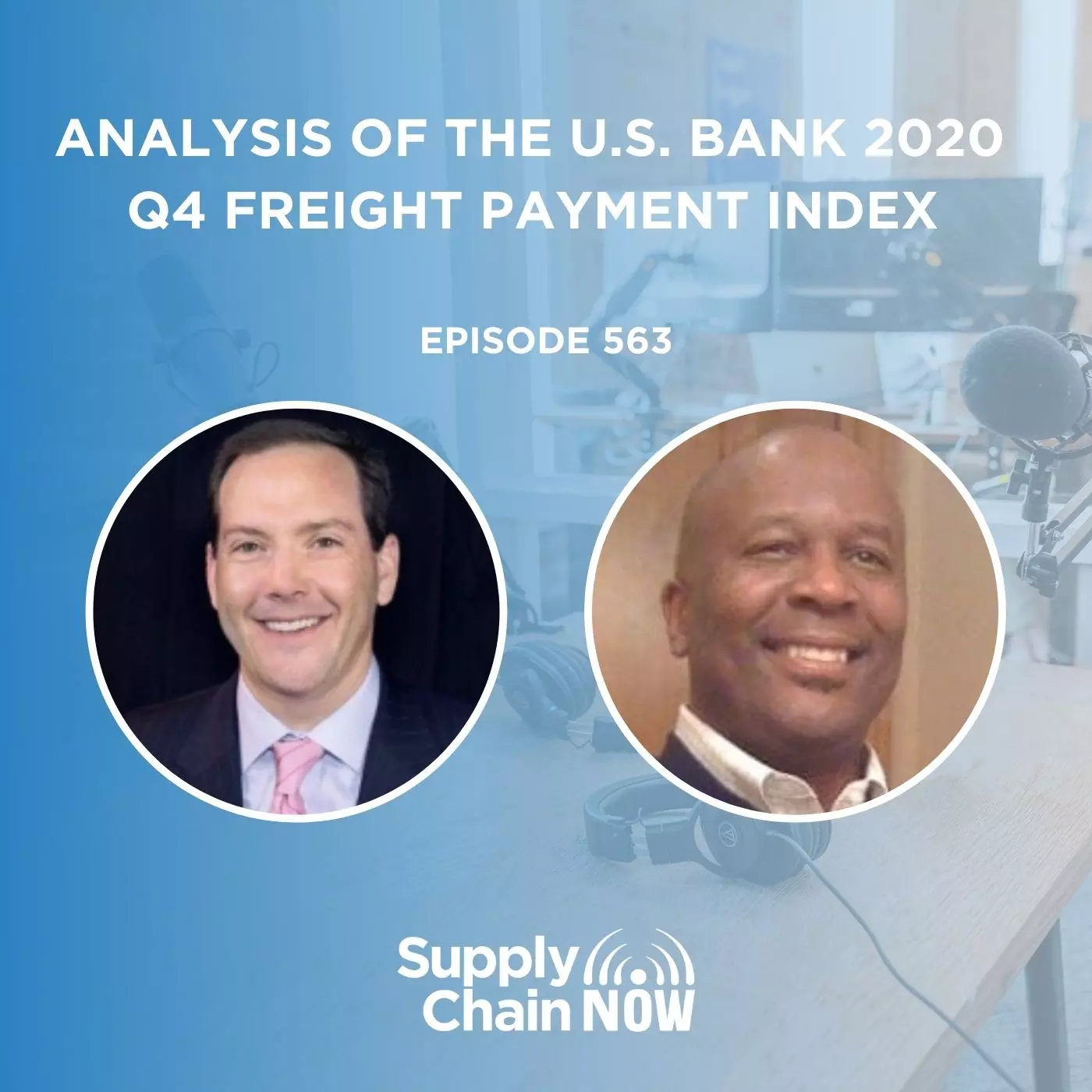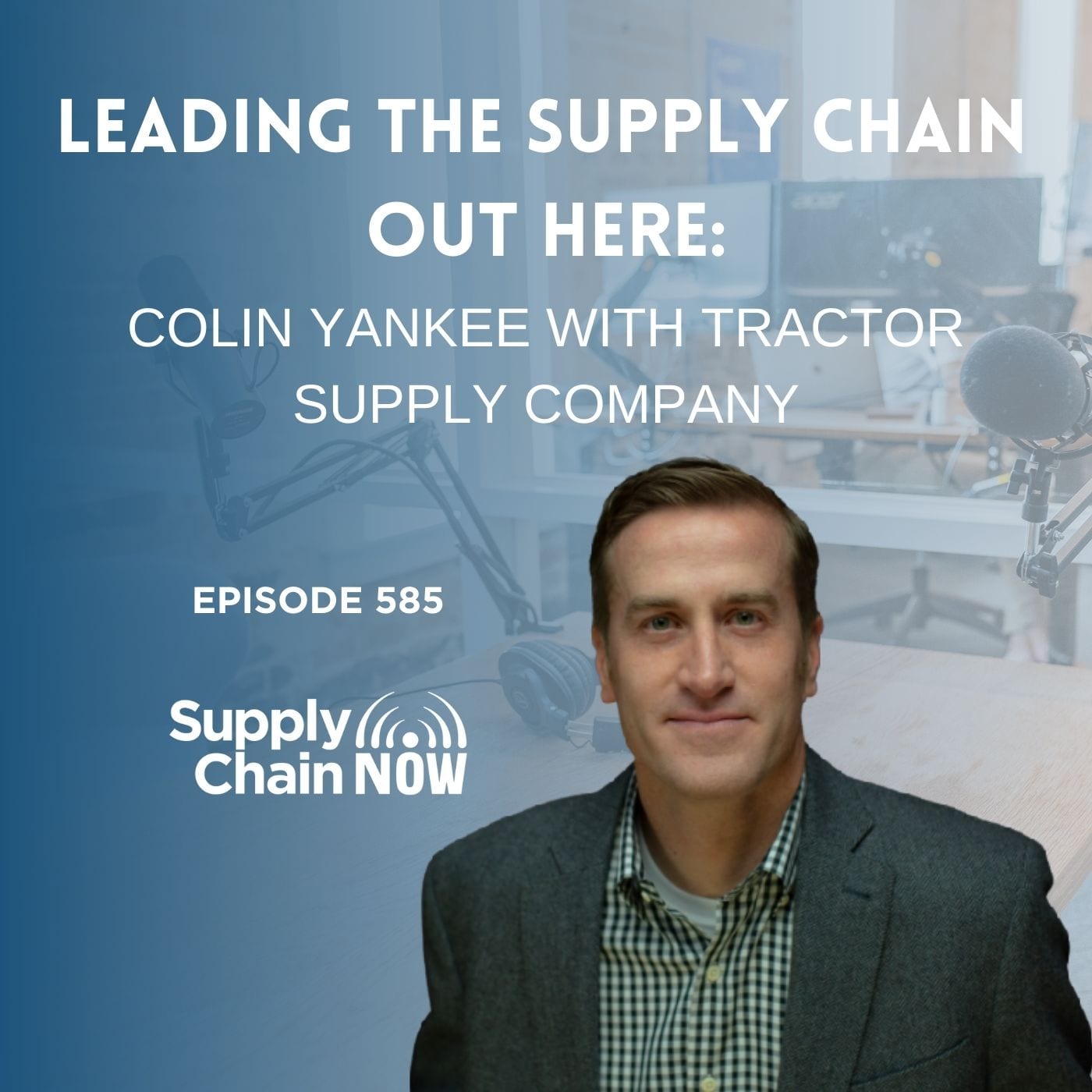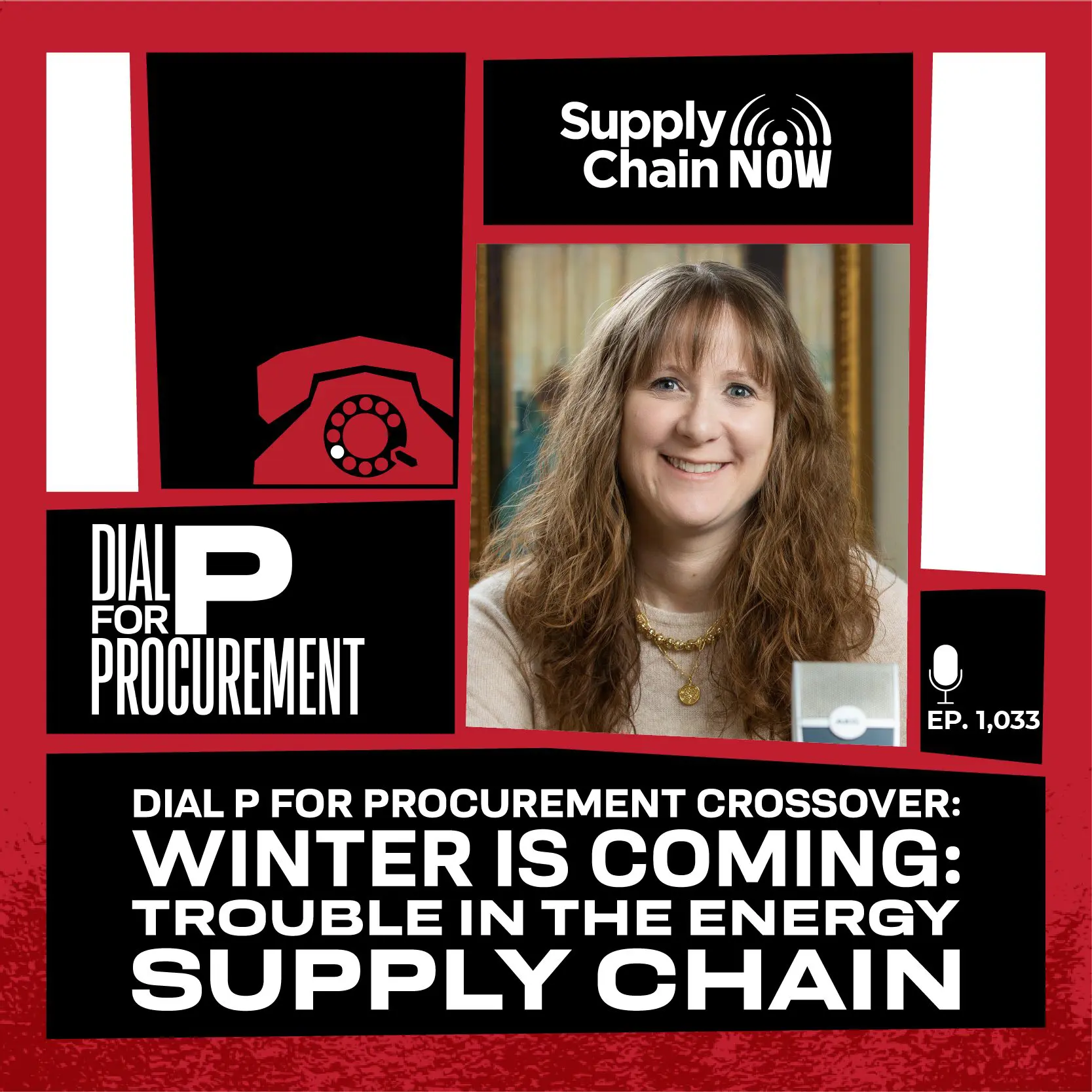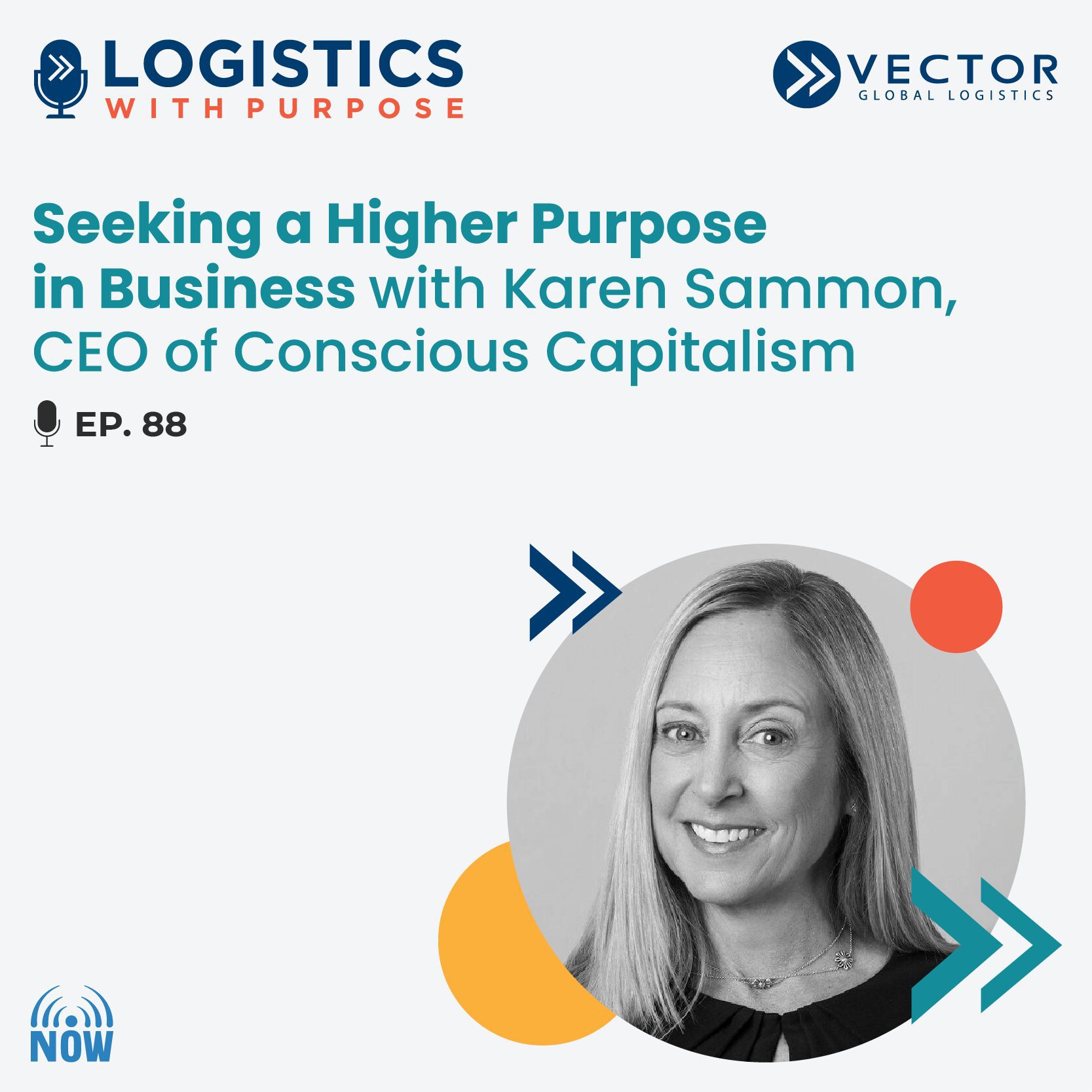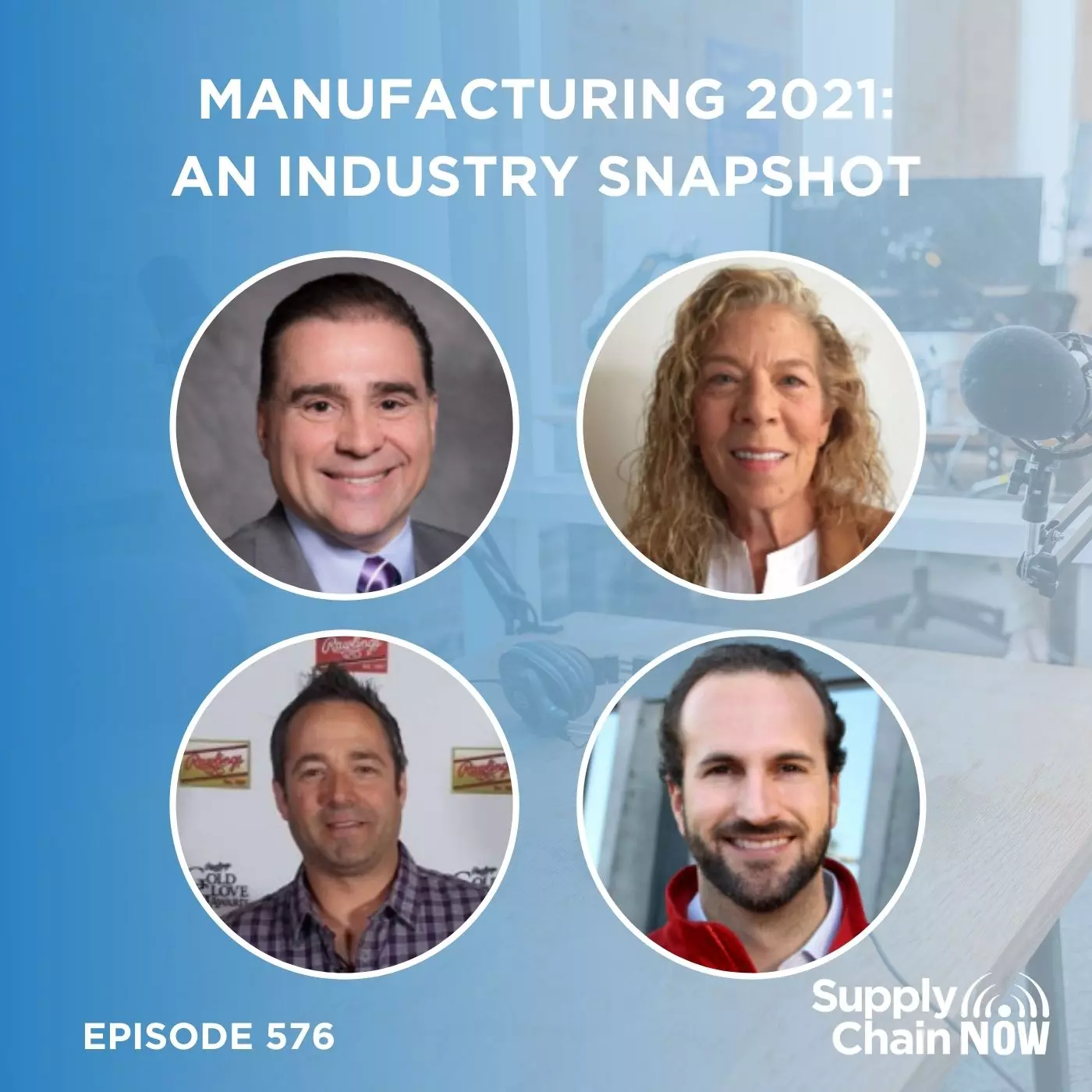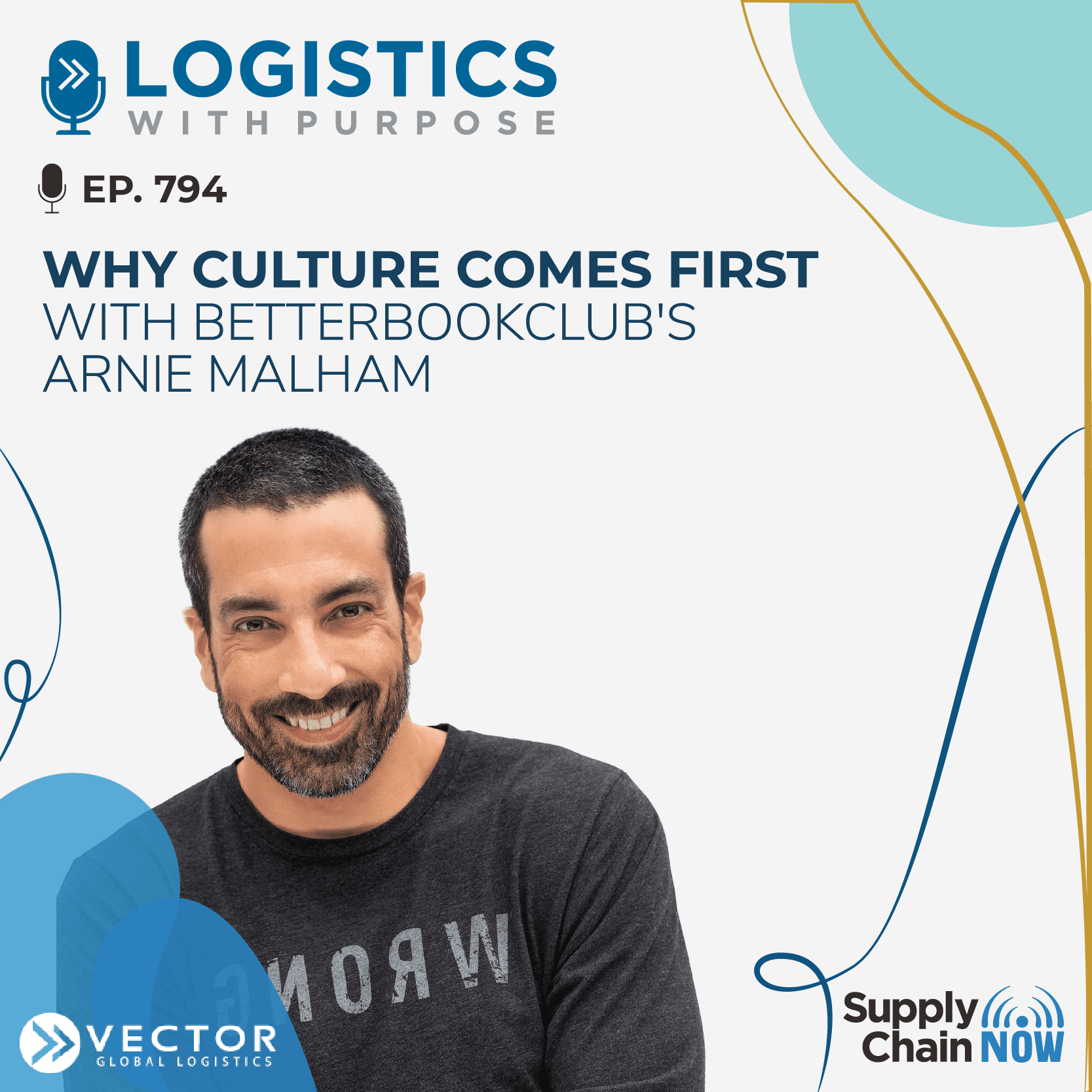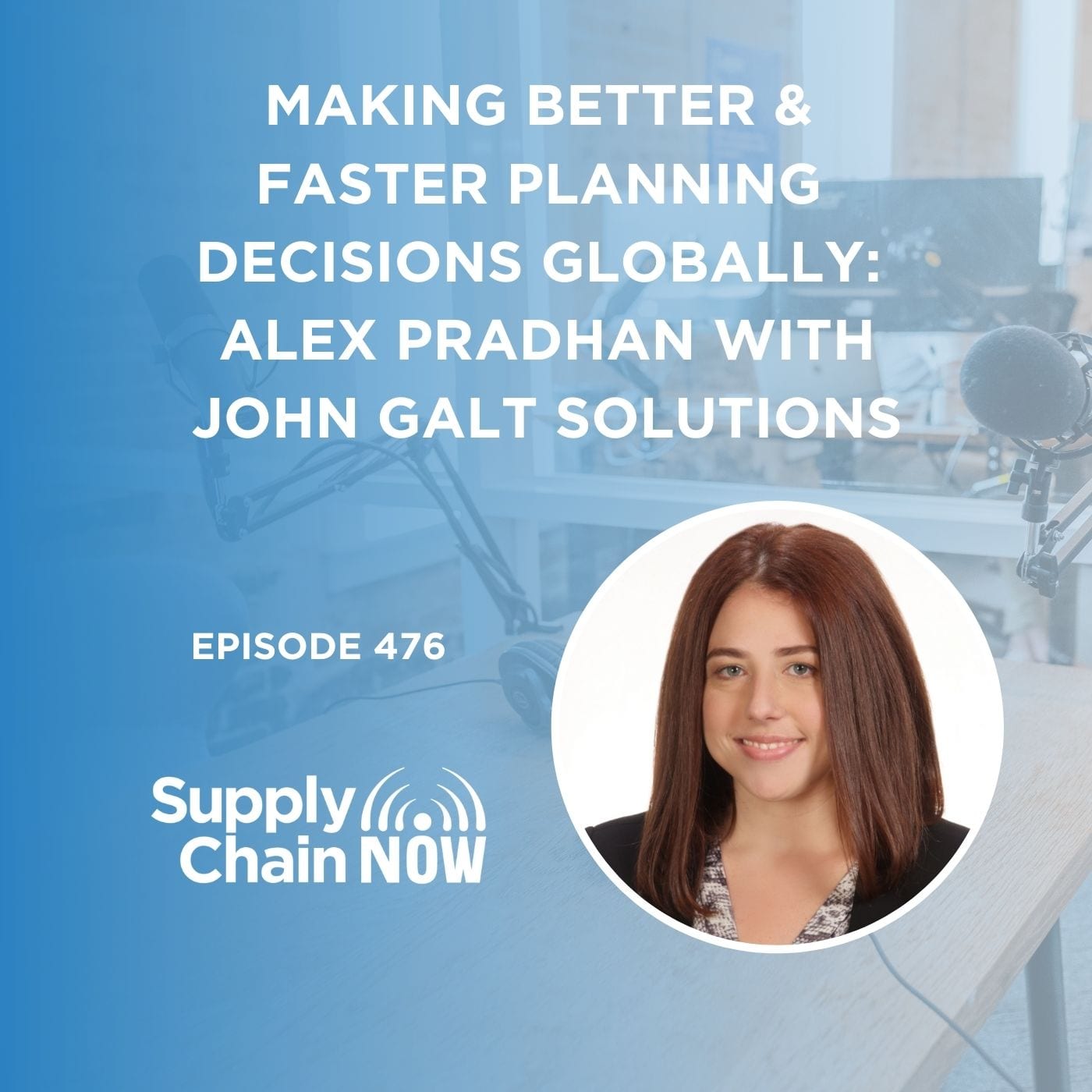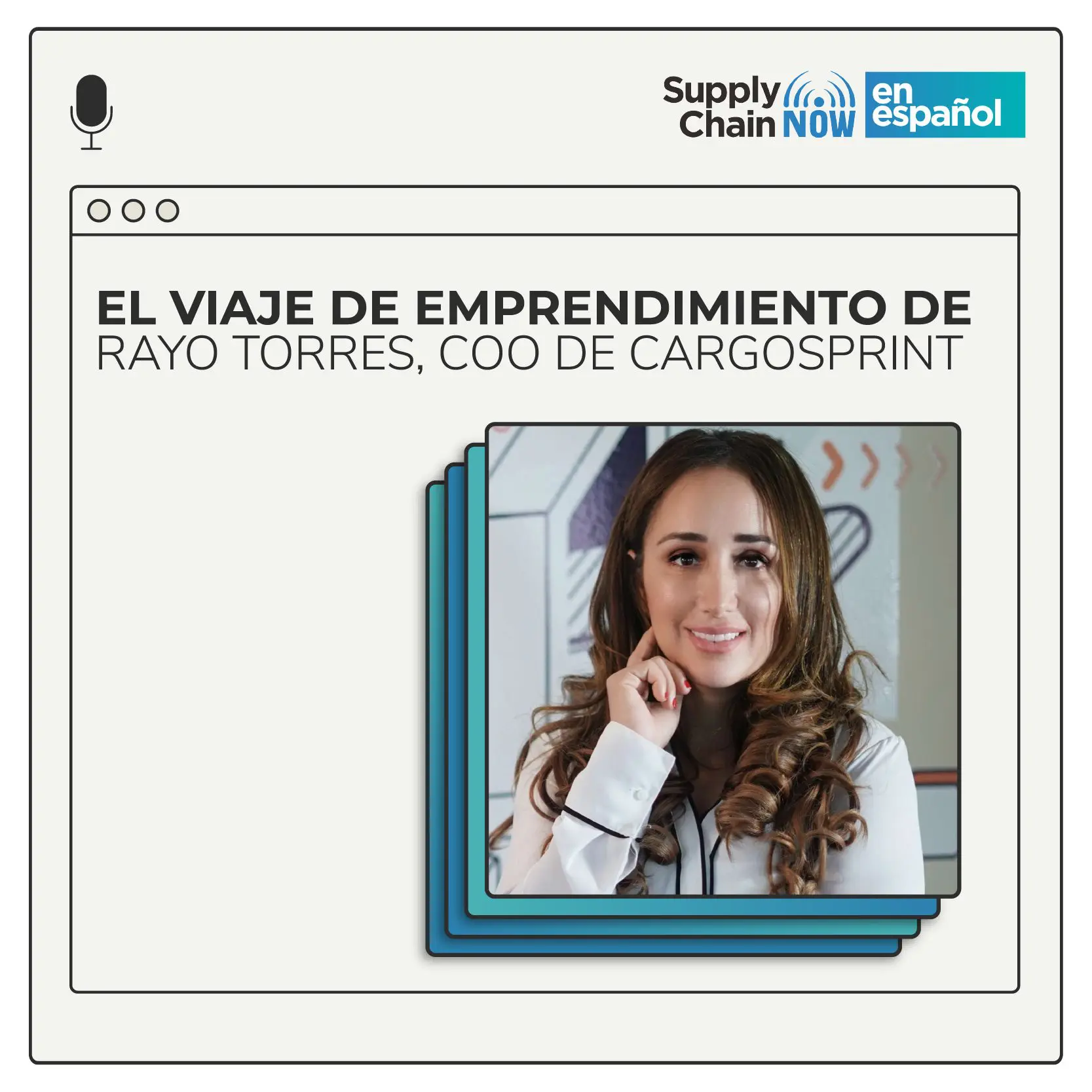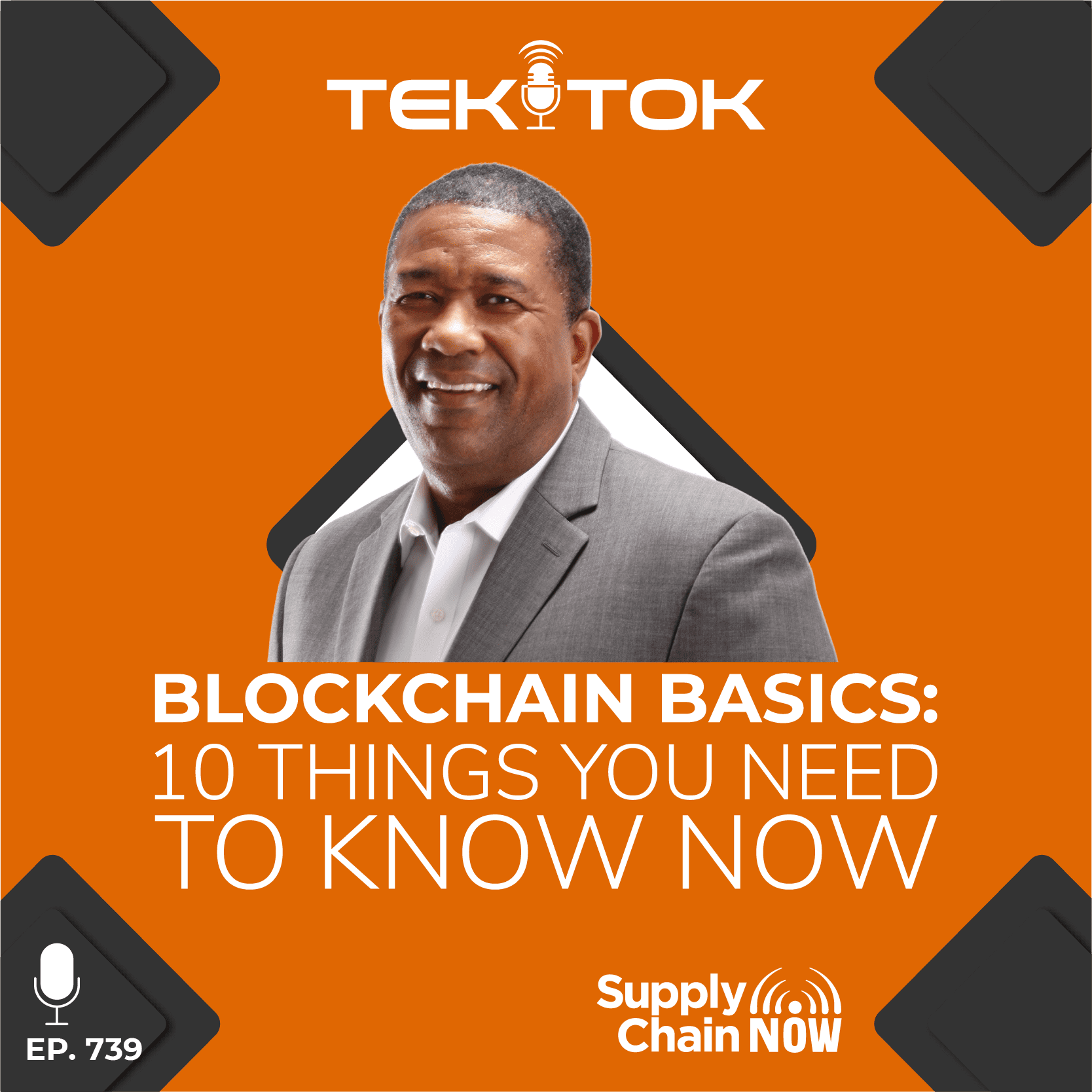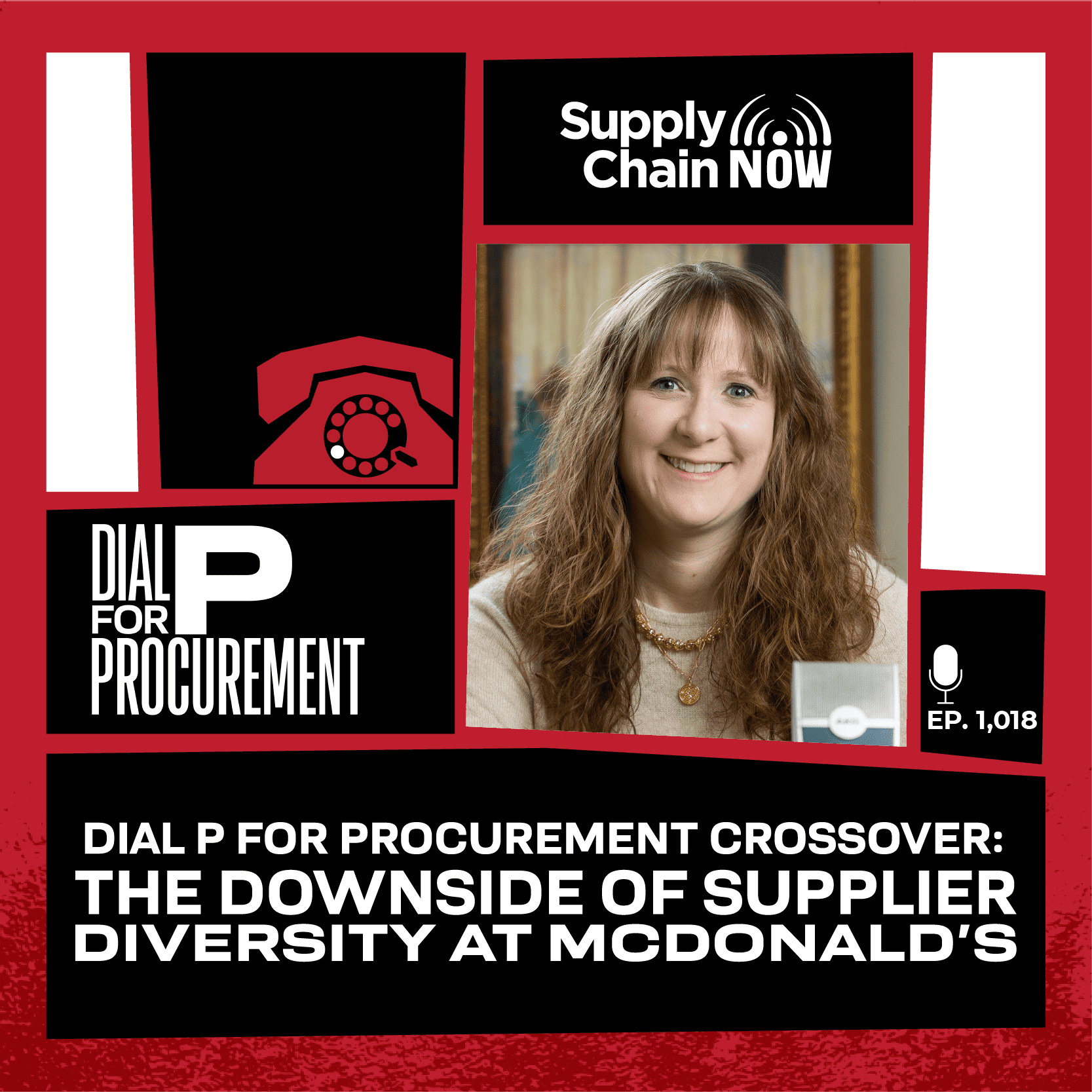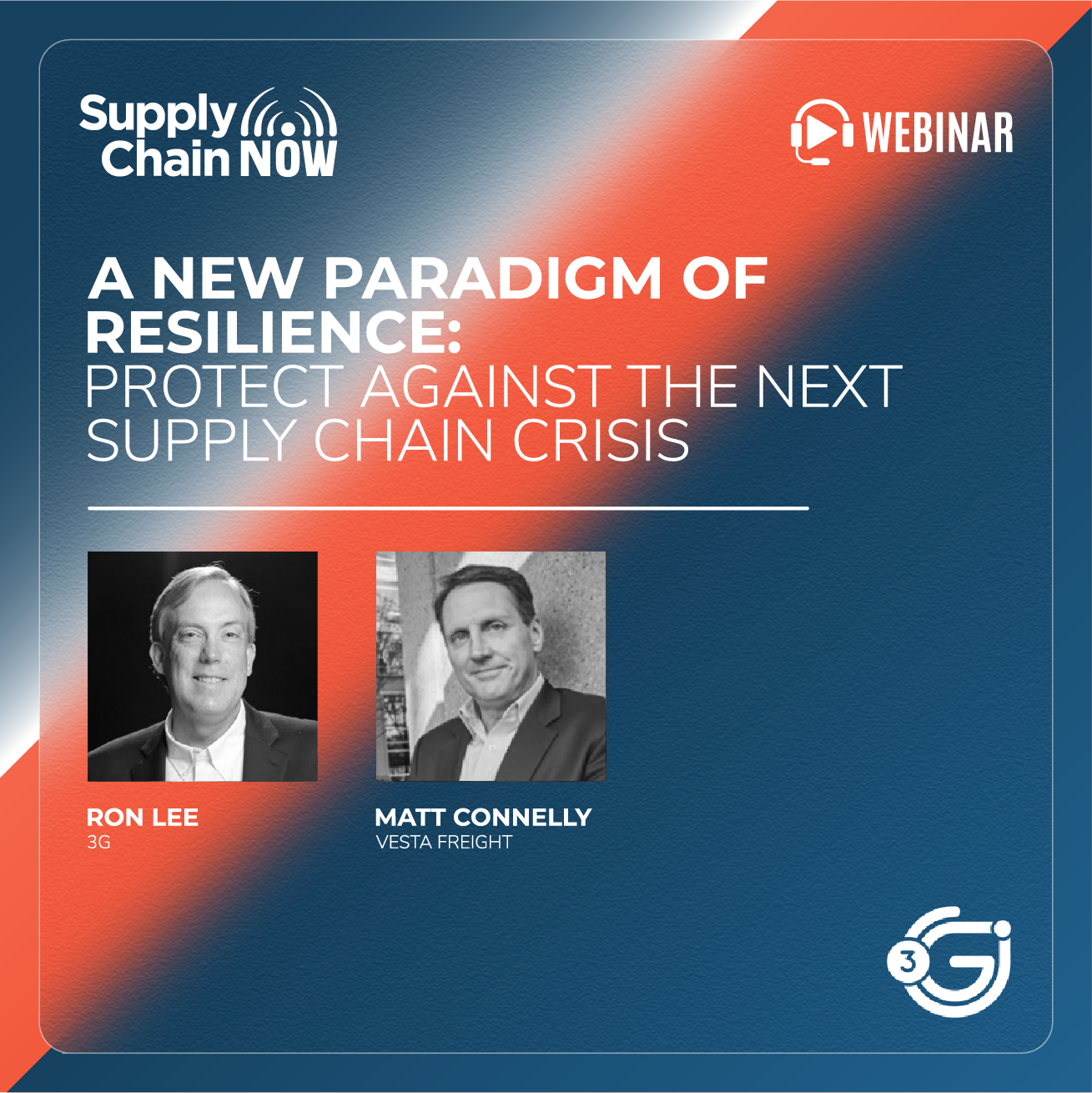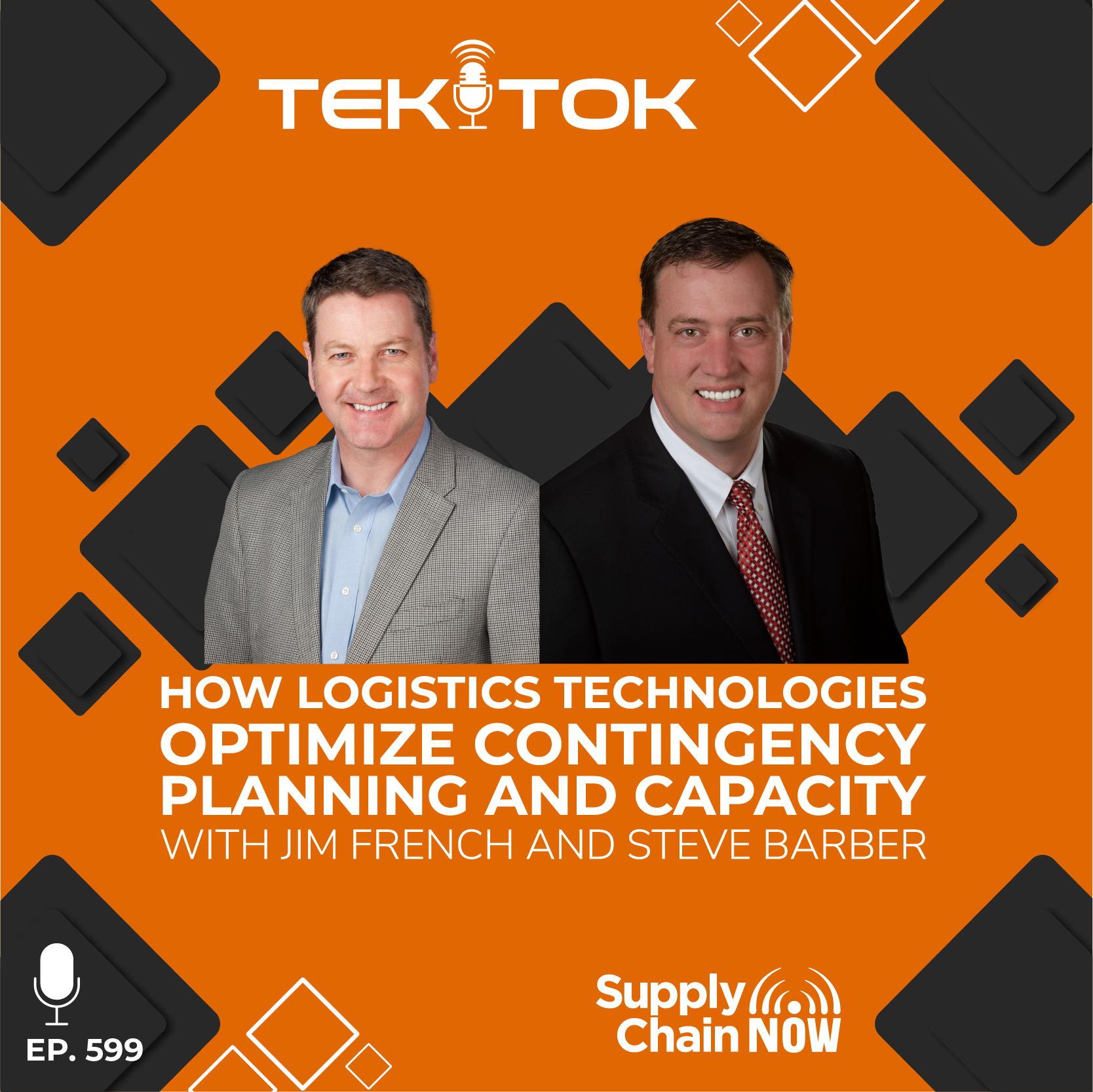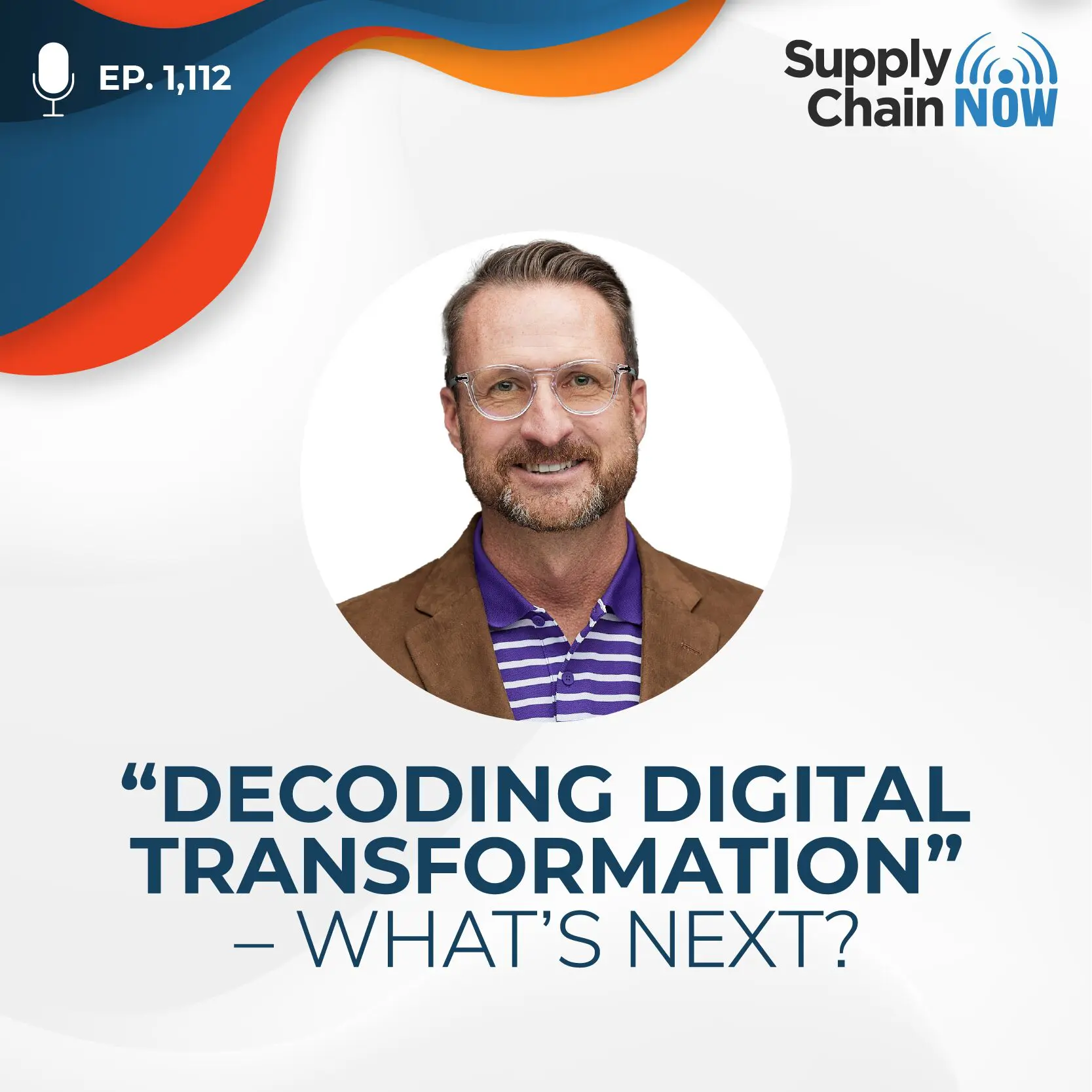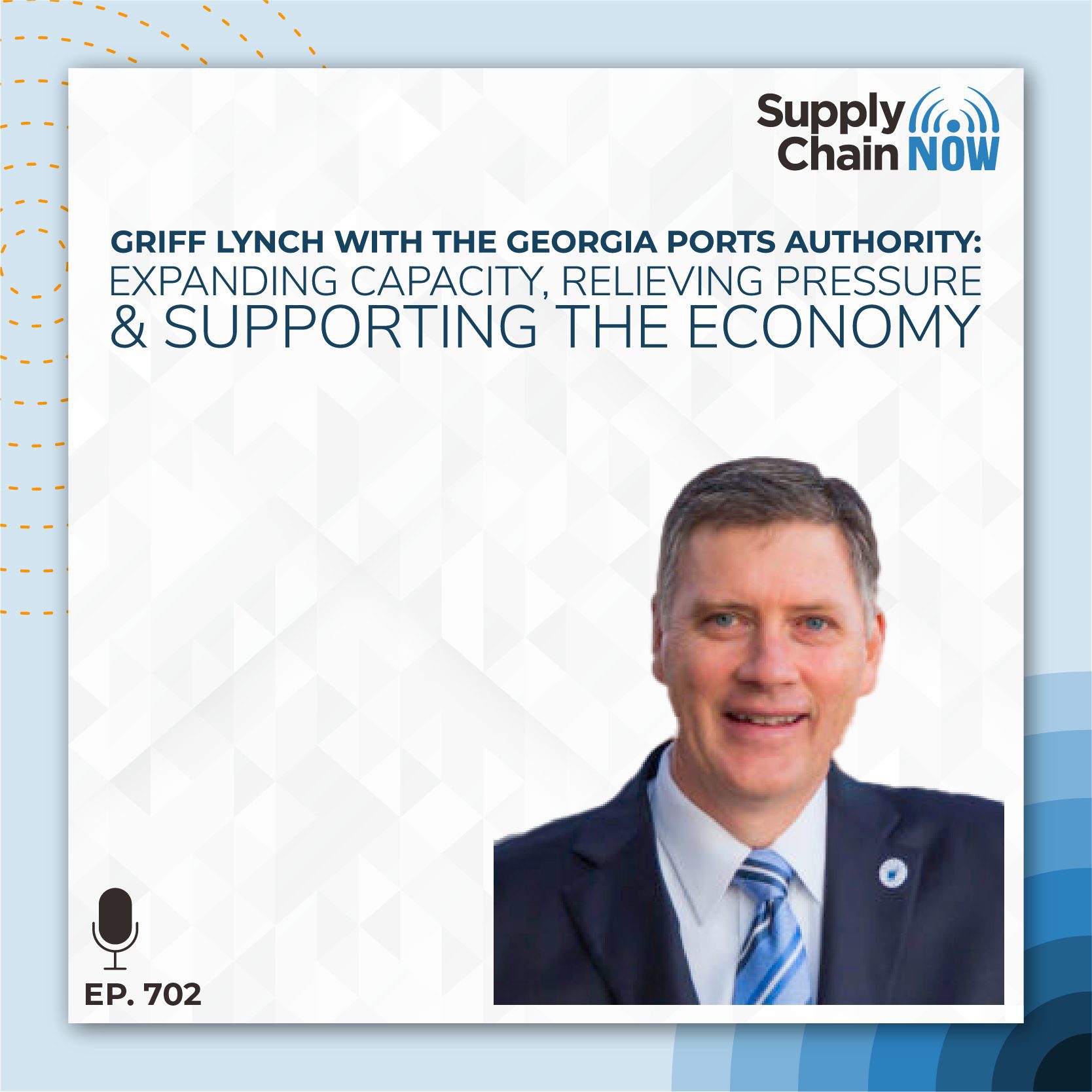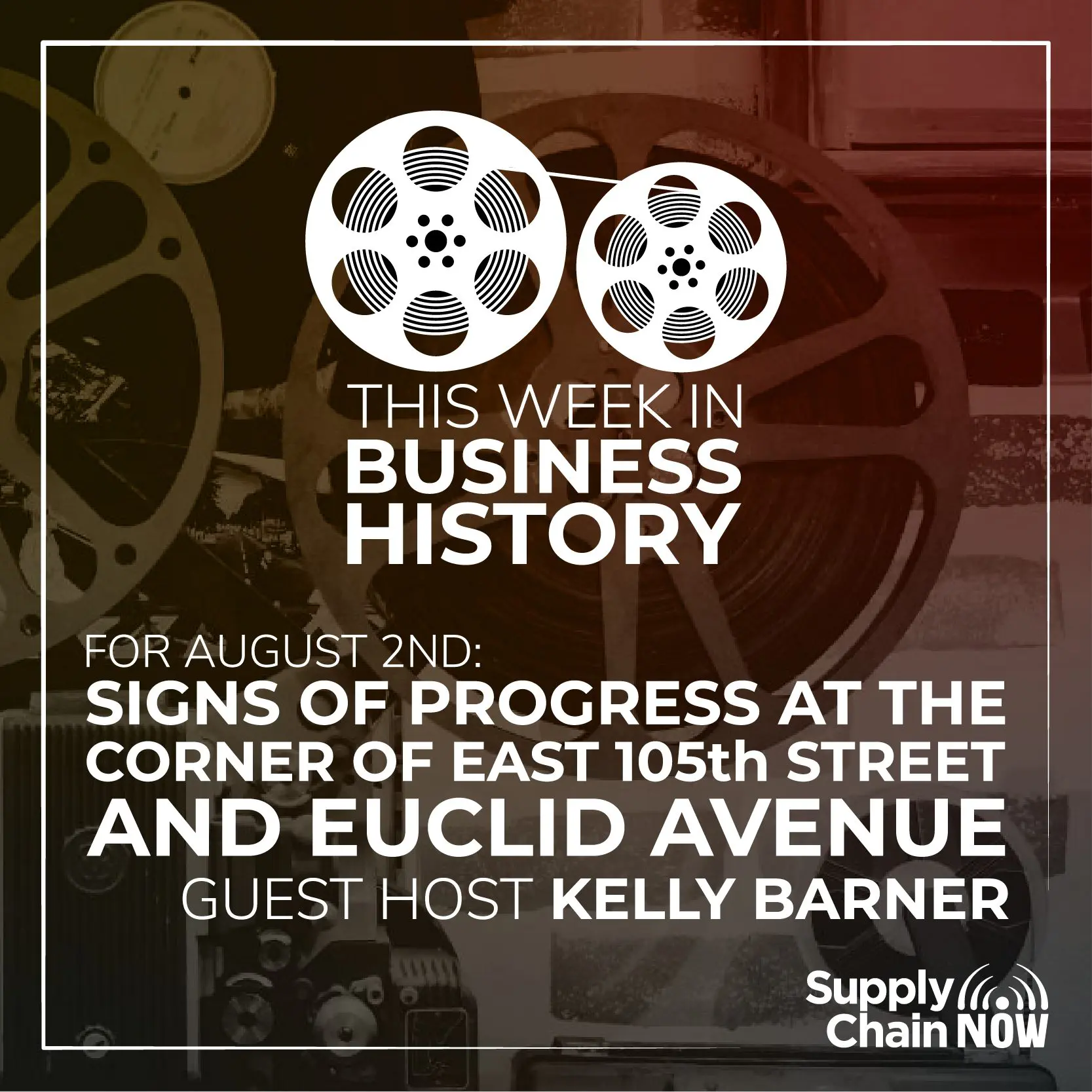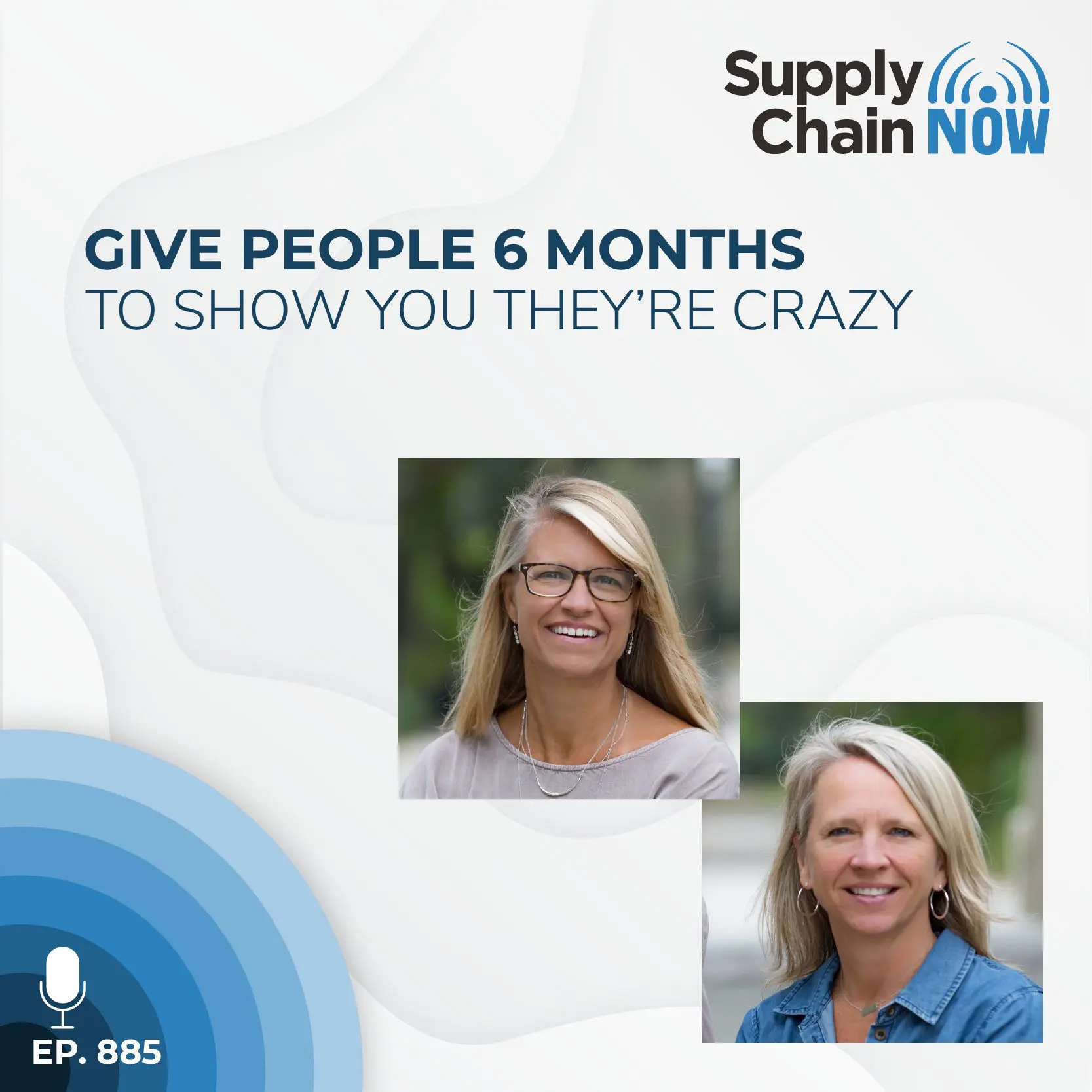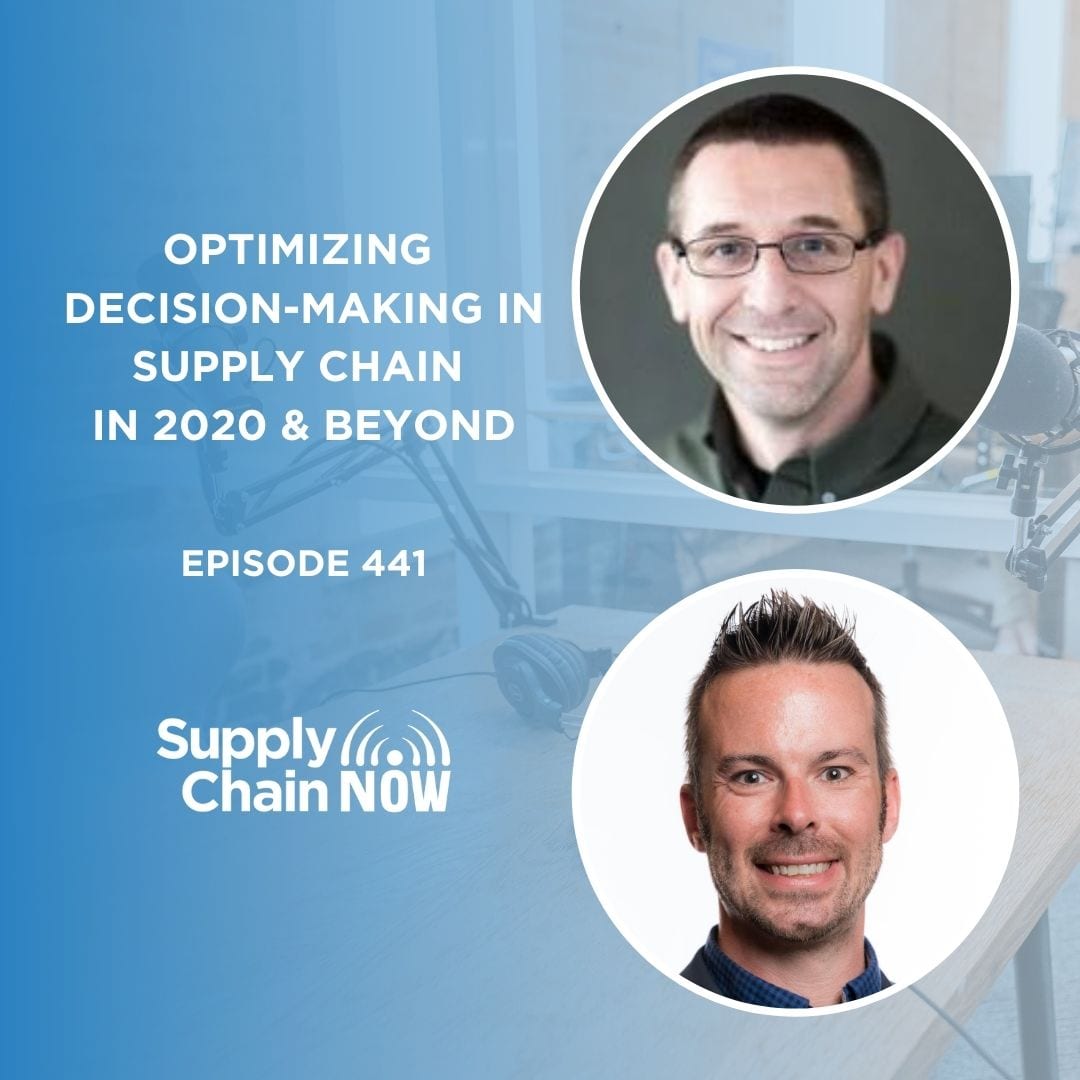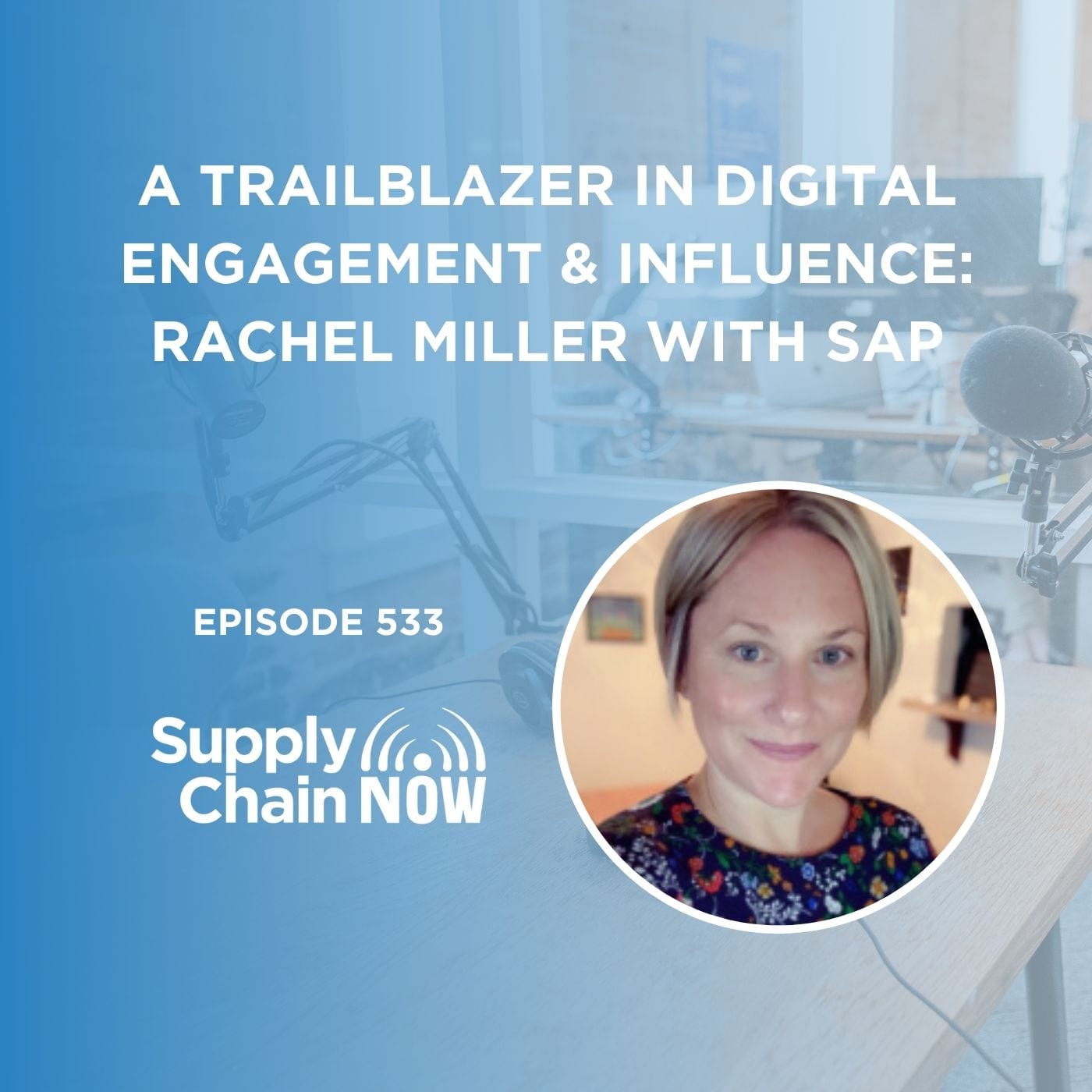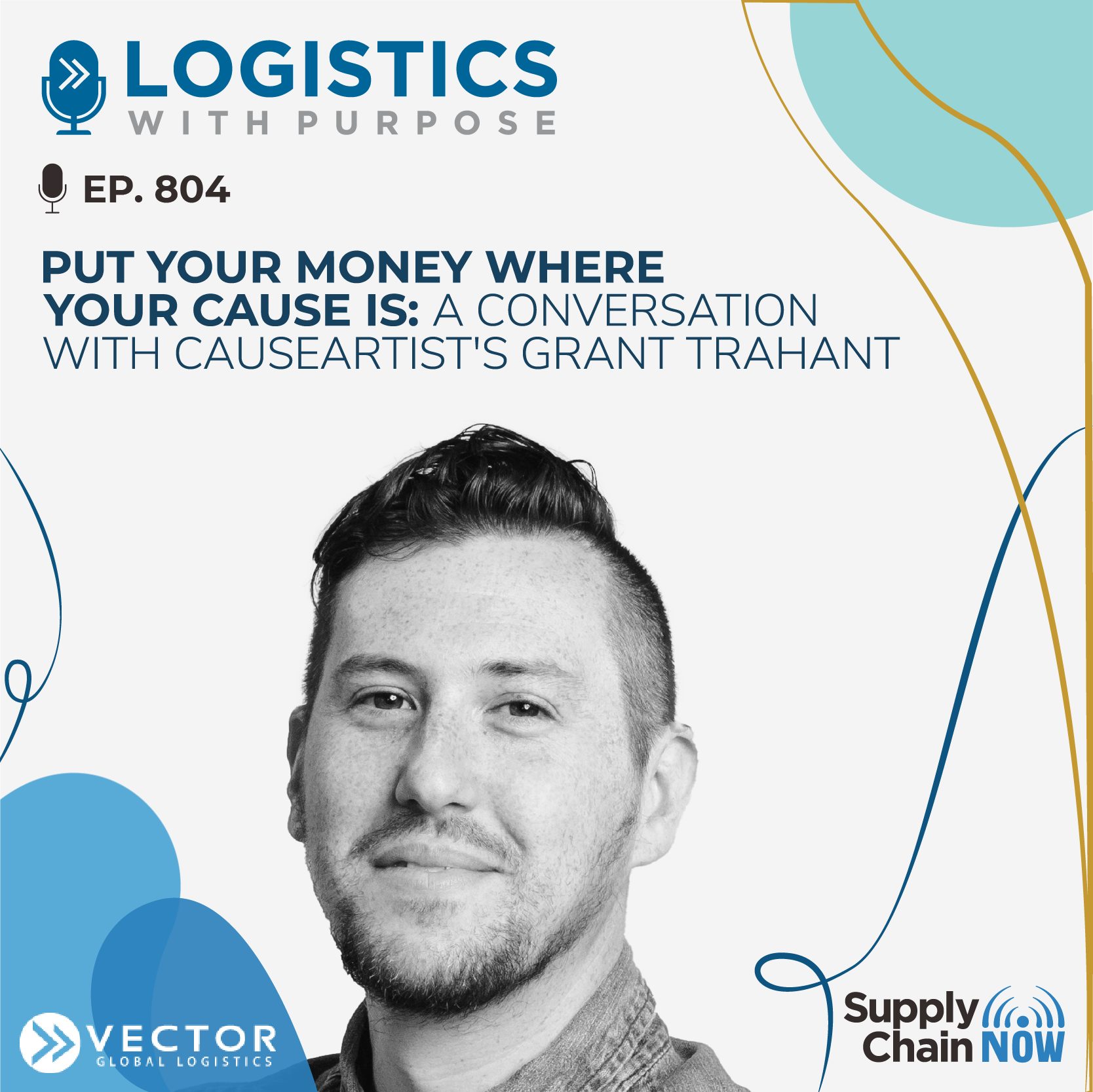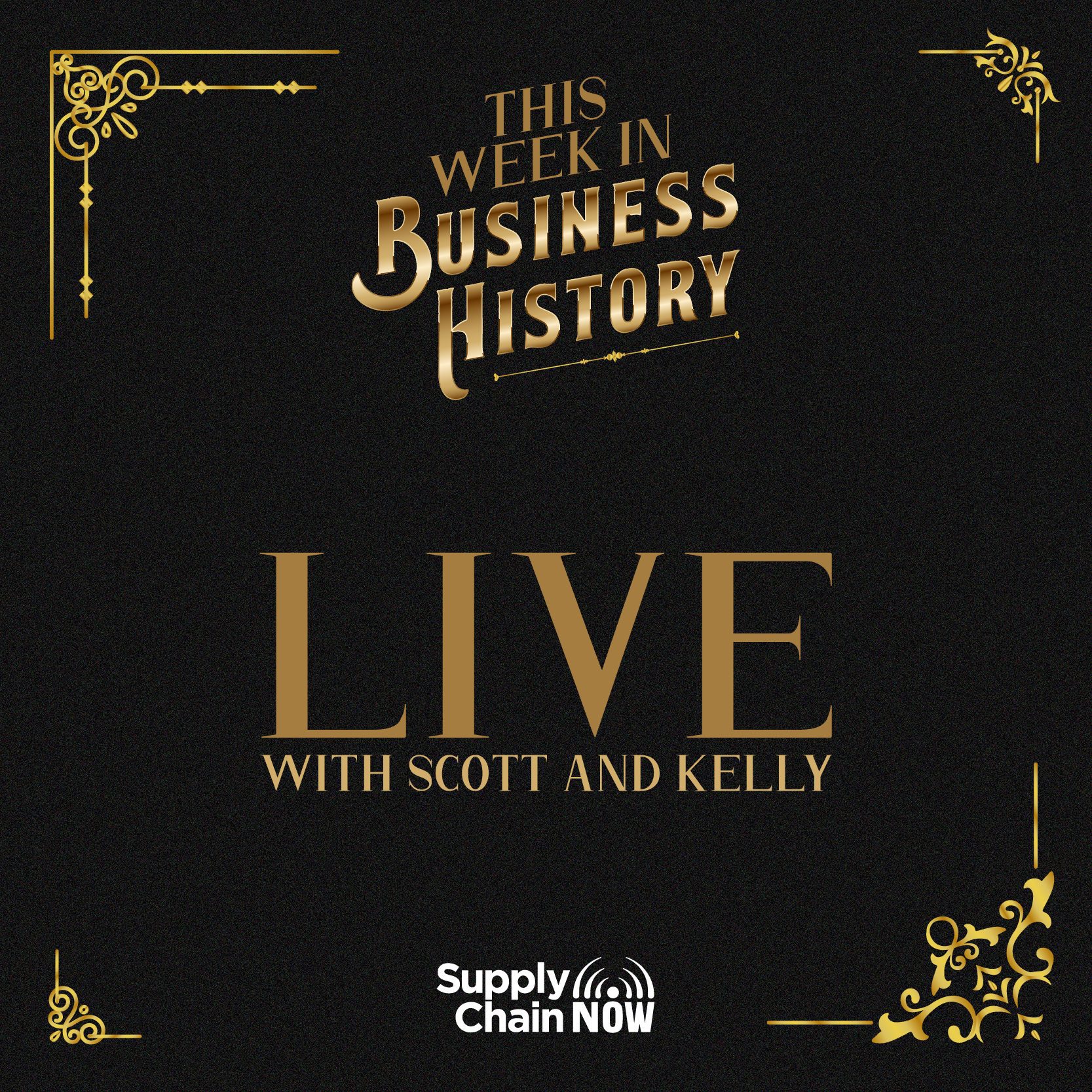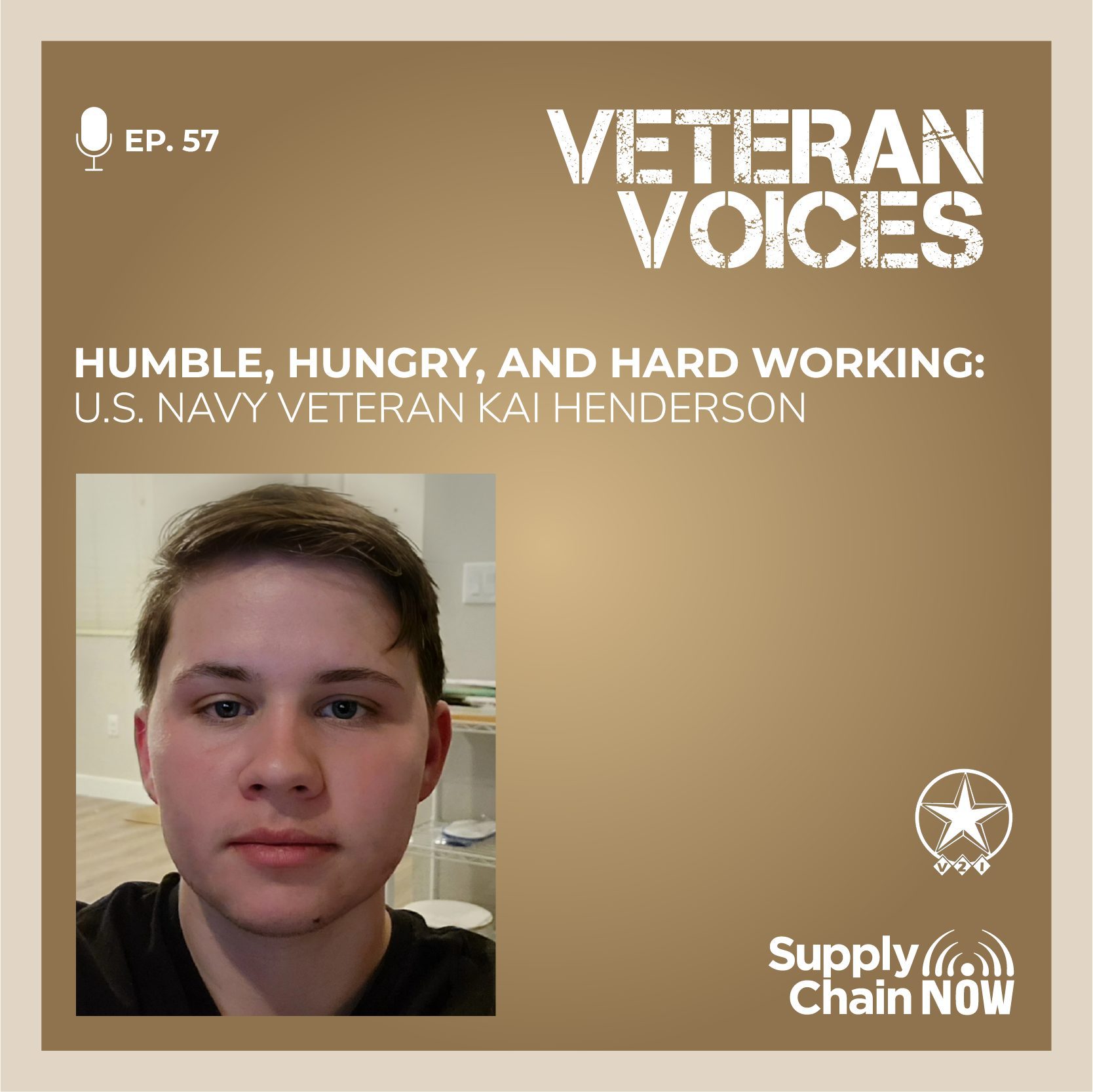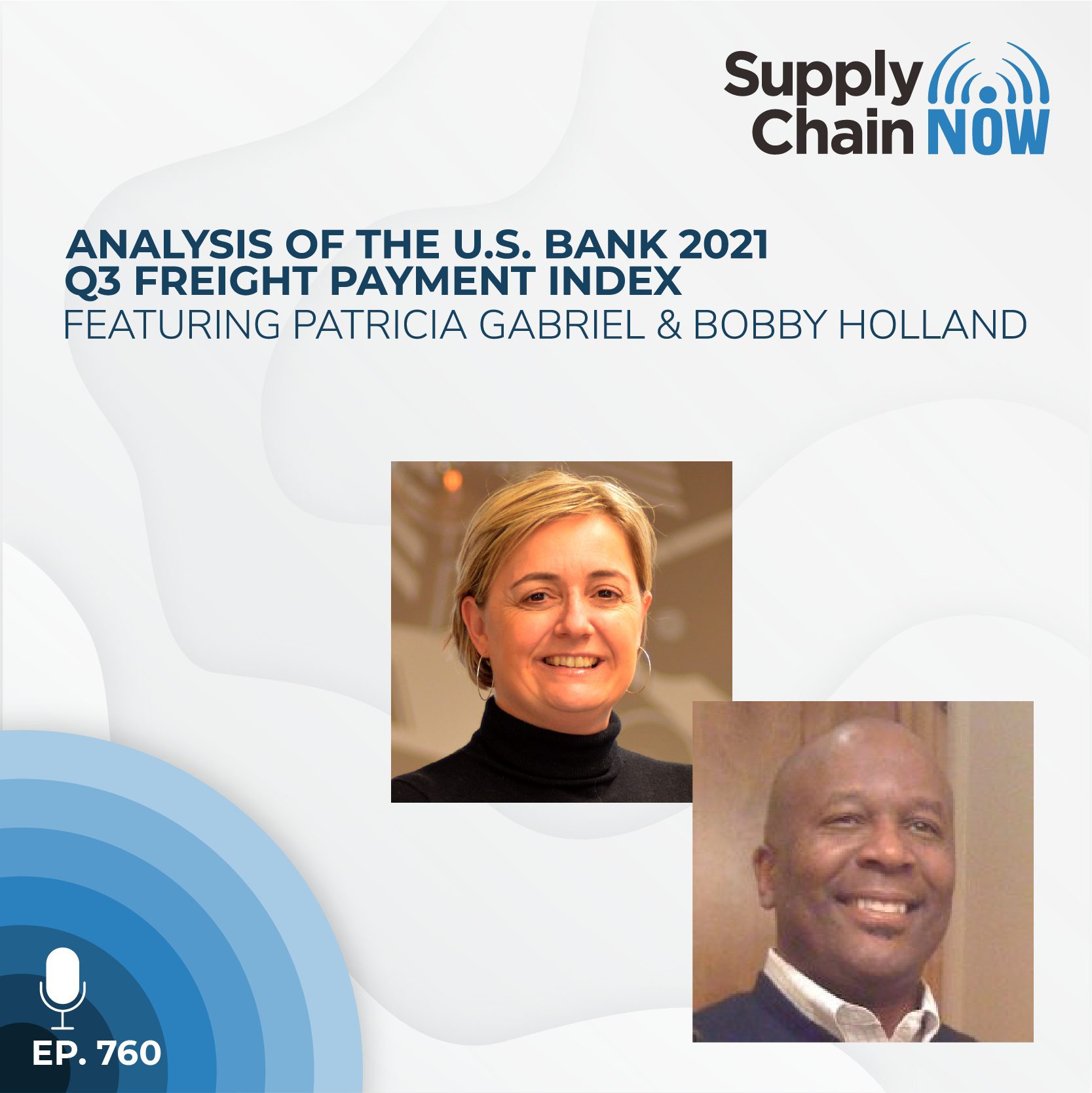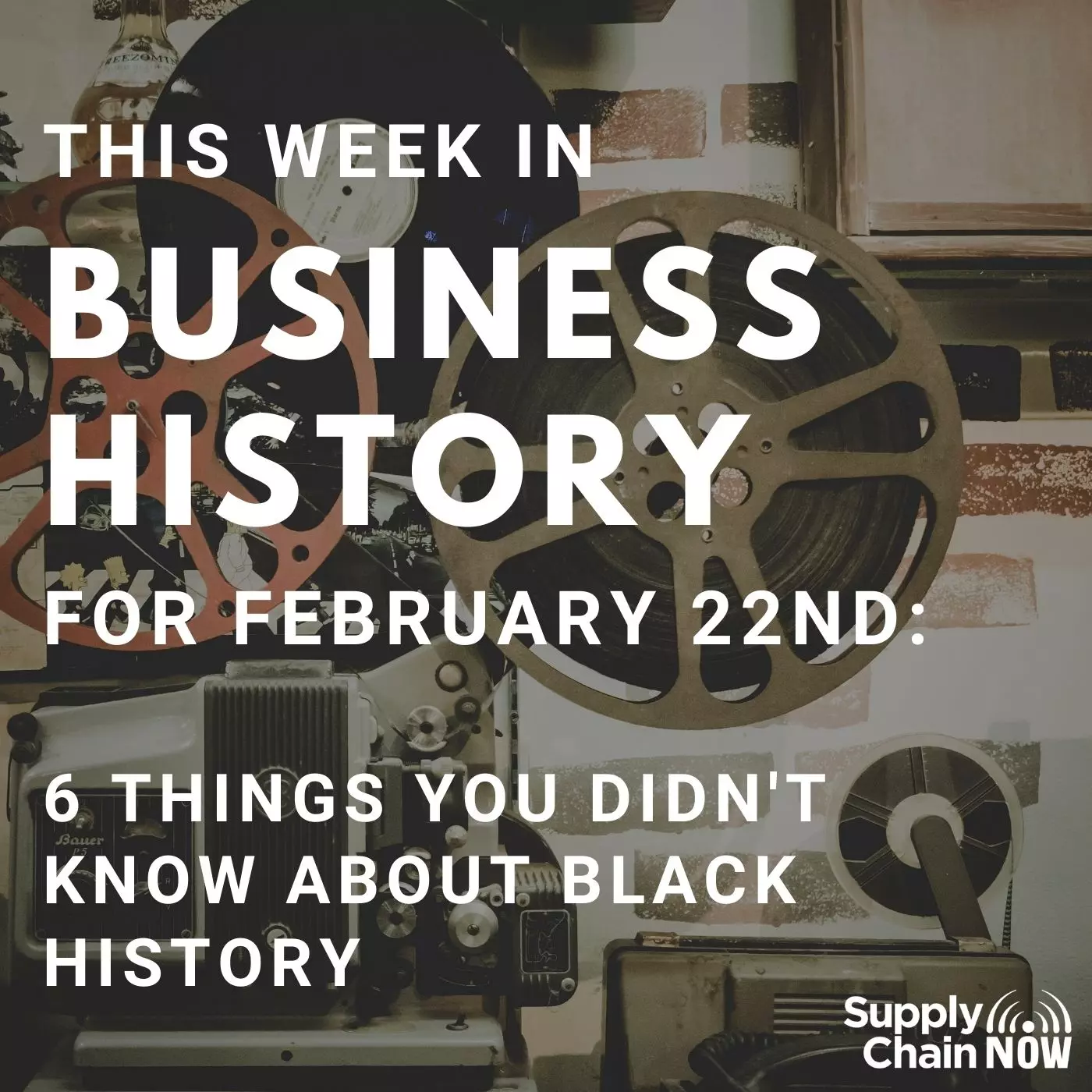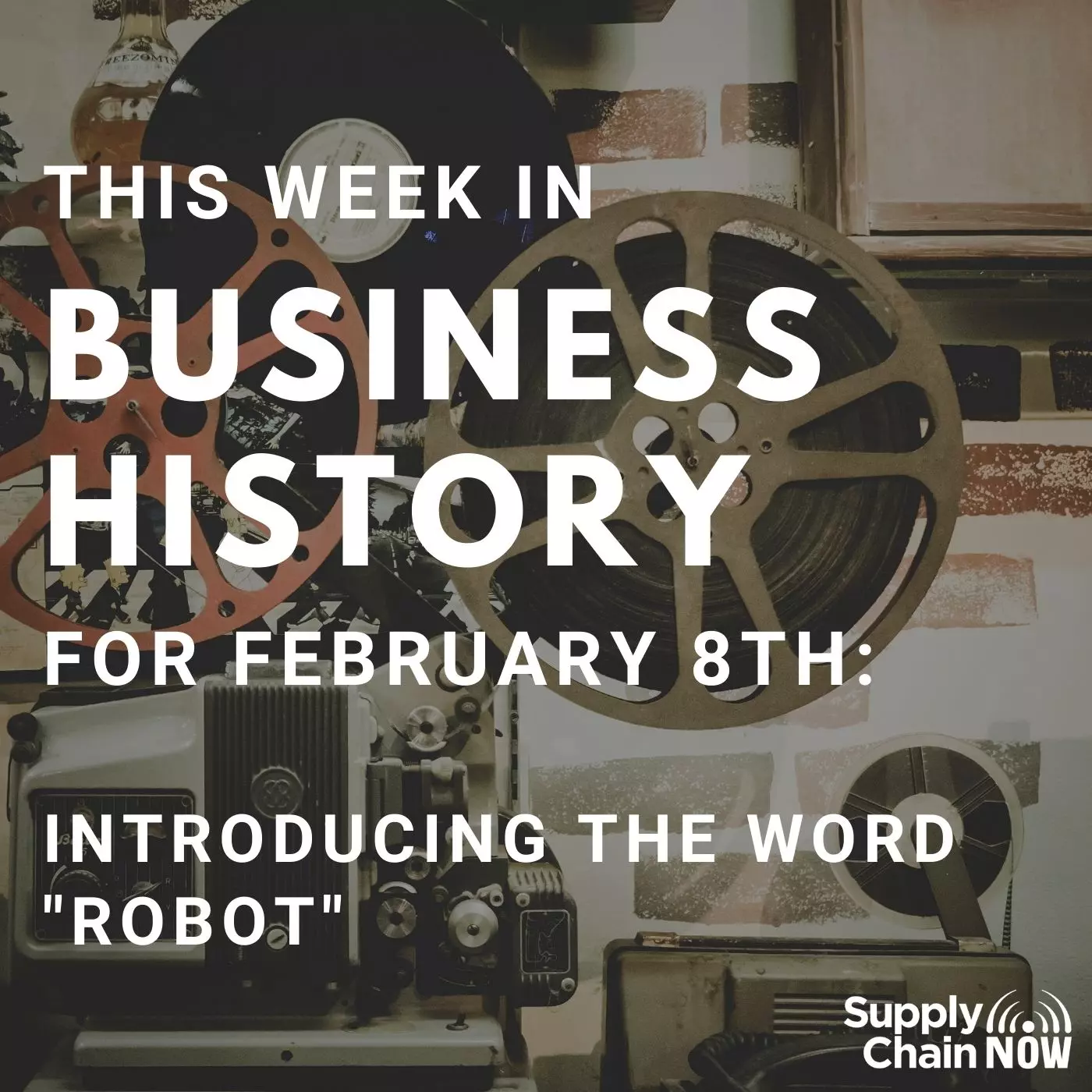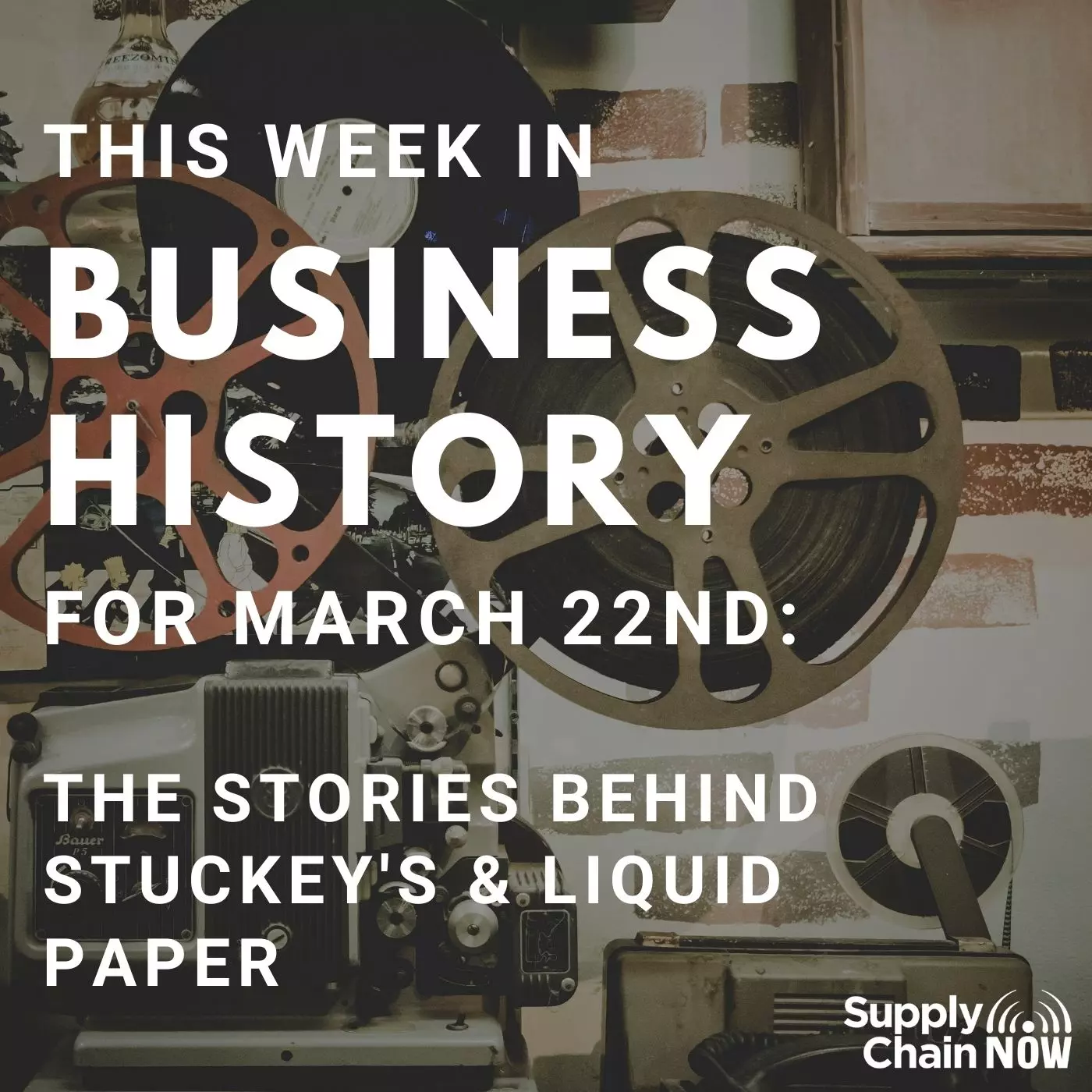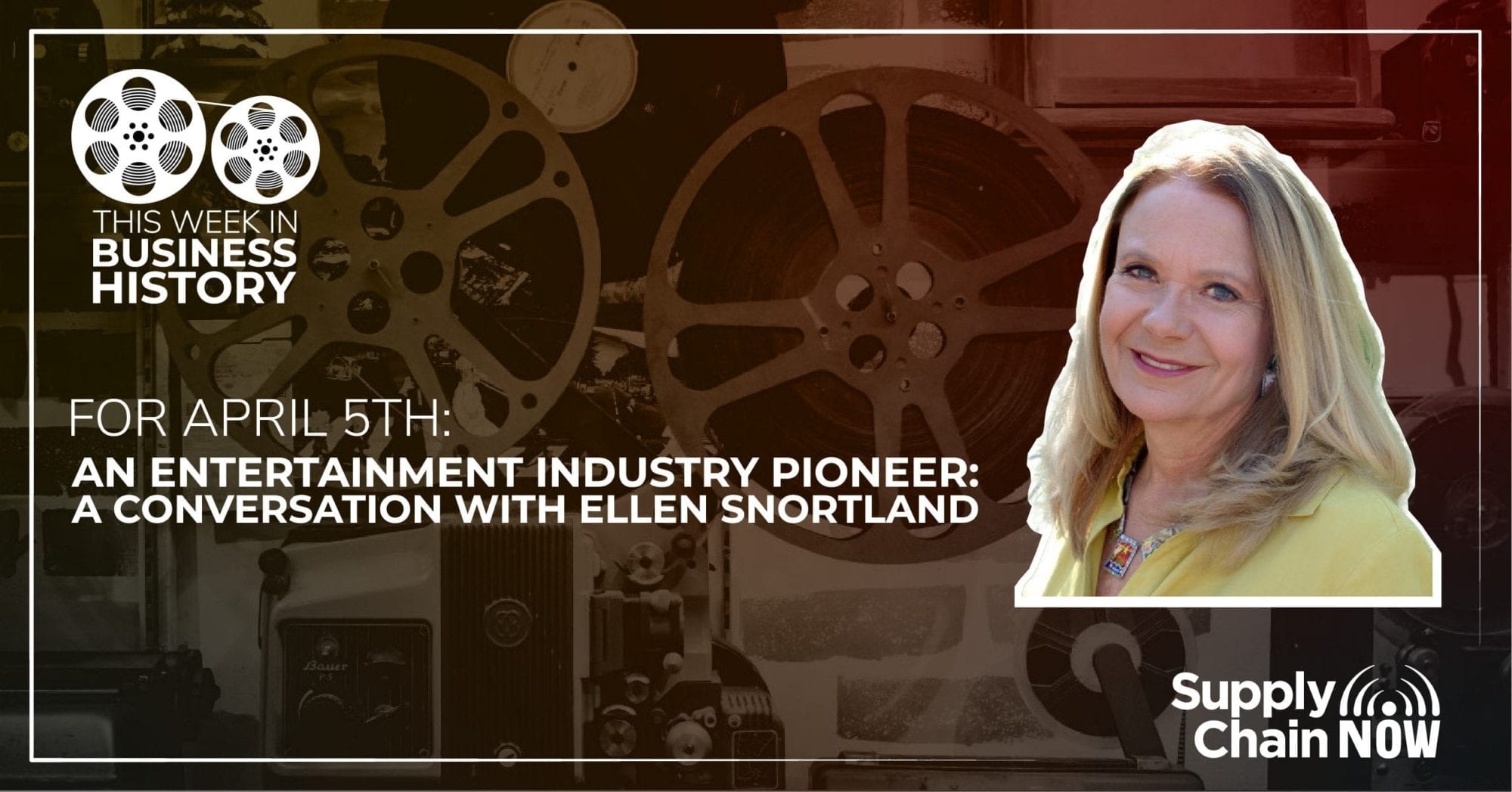
Episode Summary
“The word encourage is very important- encouraging somebody, encouraging yourself- because it’s so easy to chicken out and to say I’m not important enough, or I’m not this enough, or whatever. You know what? This is it! Be here now.”
-Ellen Snortland
On this special episode of This Week in Business History, host Scott W. Luton interviews an entertainment industry trailblazer: Ellen Snortland. Ellen is a lawyer, teacher, coach, entrepreneur, celebrated author, long-time women’s rights activist, self-defense instructor & many other things. Amongst many other positions, Ellen serves as a board member for the National Women’s History Alliance, which helps fulfill her lifelong love of women’s history. In this wide-ranging, fascinating discussion, Ellen shares her incredible journey from helping her family survive a horrible, life-changing flood in South Dakota t0 forming the first all-female theater company in Santa Barbara, California – – and beyond! Ellen discusses many of the obstacles & injustices that she has had to overcome in her career, as well as some of the lessons learned along the way, which she has shared with others. Ellen & Scott also discuss some of the heavy-lifting that still must be done today, so that truly those from all walks of life can have opportunities to chase their own passions and pursuits of happiness.
Episode Transcript
Scott Luton (00:00:00):
Hey, good morning, Scott. Luton right here with you on this week in business history. Welcome to today’s show. We’ve got a wonderful episode teed up. We’ve already had a blast on the pre show. We should have been recording that, uh, but we’ve got a great guest from an outstanding organization amongst others that are really making their Mark. So stay tuned for a highly informative and intriguing conversation. Hey, Quip programming. If you enjoyed this episode, be sure to find us wherever you get your podcasts from, uh, finest across social media, including YouTube and Hey, we love hearing from our listeners. So we’d welcome your feedback. So with no further ado, I want to introduce and bring in our featured guests here today. She’s a lawyer teacher, coach, author empowerment. Self-defense instructor. We’ll find out a lot more about that. Our guest is a regular opinion columnist for the Pasadena weekly, the Huffington post, and other publications.
Scott Luton (00:00:49):
She served as you and press Corps, journal credentialed journalists and delegate for big time. United nations conferences, such as a women’s conference in Beijing and the conference against racism in South Africa are multifaceted. Guest has written plays books, documentaries so much more and has served in a wider variety of leadership and board level roles for many organizations, chief amongst them is the national women’s history Alliance where we met. And it is at N w H a, where she’s found a home for her lifelong study and passion and love of women’s history. No further ado. Let’s welcome in Ellen Snortland. Ellen, how are you?
Ellen Snortland (00:01:28):
I’m doing great. I’m so happy to be on a history program. That’s like, Hey, you know what? Us history nerds need to hang together.
Scott Luton (00:01:38):
We were, uh, we were separated earlier. I feel like we’re very, a lot of kindred spirits and camaraderie here already. It’s important for history nerds to be well-represented in, in any population. And I can’t wait to hear your POV here today. So, all right. So before we get to the heavy lifting and you get to a lot of the topics we’re gonna talk about, let’s get to know Ellen better. So tell us Ellen, if you would, where’d you grow up and give us a couple anecdotes from you?
Ellen Snortland (00:02:04):
Well, I grew up in South Dakota, spent my summers in North Dakota, where my parents came from. And, um, I was basically raised as a Norwegian American because they, a lot of the little towns in North Dakota, especially had communities that were based on wherever they came from when they homesteaded the Prairie’s up there. And, um, so, uh, they tend to all kind of clumped together and the Norwegians go to the Norwegian town and the German Russians go to the German Russian side, et cetera, et cetera. So I didn’t think there was anything peculiar about being an, a Nora Norwegian American until I moved to California. And, uh, I’m going, what accent? What are you talking about? You know, um, and all the jokes in a Norwegian American community are dumb blonde jokes, except some of the dumb blondes are men because we’re all.
Ellen Snortland (00:03:00):
So
Scott Luton (00:03:02):
From a culture standpoint, Norwegian American home from either traditions or food, or what’s one thing that, that when you look back what was special about that upbringing?
Ellen Snortland (00:03:12):
Well, we ate a lot of Norwegian food, especially around holidays. The Norwegian foods that we ate were traditionally peasant foods, like the Norwegian relatives I still have in Norway, wouldn’t eat them
Ellen Snortland (00:03:26):
To save their life because
Ellen Snortland (00:03:28):
You know, most, most kind of comfort foods from any country generally tend to be poor people’s food. So in Norway it would be loot to Fisk, which is a Cod that’s soaked in line and dried, so that Vikings could take dried fish with them when they came to conquer the world. And, uh, so it’s, it’s a wretched dish. I happen to like it because I grew up on it, but it’s really just a butter delivery system because
Scott Luton (00:04:01):
Kind of like sushi for me, if there was Sabi delivery system, I love a Saab. I put it on. Yeah.
Ellen Snortland (00:04:08):
But you know,
Scott Luton (00:04:09):
Going to your point, you know, goodness, uh, so thankful for peasant food as you put it, because that, you know, almost regardless of what country has given us, some of our favorite, you know, global culinary delights. Right. But come comes from all walks of life. I love that.
Ellen Snortland (00:04:25):
Yeah. Yeah. That’s what we have in common. And the Norwegians have a tortilla like, uh, item, which is called left, saw, and it’s, uh, uh, potato based. It’s really a tortilla, but you know, all, all, um, poor people have something to wipe up food with. Cause you don’t waste the gravy on the plate, you wipe it up with something or, you know, just like it’s all, it all makes sense. It’s common sense food. I love it.
Scott Luton (00:04:53):
All right. So we’re gonna talk about, uh, your professional journey in a moment, but what, what took you to California?
Ellen Snortland (00:05:02):
When I was in high school, I fell head over heels in love with the football coach slash drama coach. It was a tiny little high school and we were madly in love. I was under age and we never did anything that was even remotely sexual. He was completely a gentleman, but we had this, Oh my God, I loved him. And he loved me. And, but rumors started that, uh, we were being sexual and we weren’t, he got fired. So he, he moved to California and got into Stanford and they acting program there. And then he went to a repertory theater company in mid California called, uh, Santa Maria. And so I auditioned over the phone I got in and I got in as a 16 year old. And, um, we, he met my, and we immediately saw that we despised each other, but it got me to California.
Scott Luton (00:06:08):
Love it. So would you know, we’re going to touch on some things you’ve been up to, but clearly from a creative side of that side of your brain, whichever I forget if it’s right or left, but you know, from creating documentaries and of course writing books and, and acting, is that, was he part of the, your initial, how you found your passion for that stuff? He said he was a, he was a drama teacher too.
Ellen Snortland (00:06:31):
Yeah. Well, I was, it’s hard to tell this now, but I was painfully shy, but I knew I wanted to have somewhat of a public life. I’m I’m, I’m an ambivert, I’m both introverted and extroverted. If I had my druthers, I’d be reading all day long and tell you to leave me alone. And I also love to write because it’s a, you know, it’s a isolating kind of, uh, activity. We had a really interesting relationship because this was such a high, a small high school. He decided he would teach a semester on Dostoevsky. And so I was his only student in that class and we bonded over crime and punishment.
Scott Luton (00:07:11):
Wow. You don’t hear that very often. No,
Ellen Snortland (00:07:14):
No. And then he decided he was going to direct a murder in the cathedral, which is about Thomas Rebecca. And, uh, uh, I said there are no roles for women and except the chorus, which, you know, all the great parts were for men, which was typical in high school, uh, theater. And, um, so I was the single chorus person because he wanted a, a chorus of one person. And I was that, and that was the beginning of me playing leads in a lot of plays, which it’s not accidentally called a lead. It’s a lead because it is a leadership position, taking it, taking responsibility for how the play goes and learning your lines and showing up on time and all that stuff, you know? So it really taught me leadership in a way that I hadn’t had the opportunity for. But, um, so he really, he, he tickled both the left side and right side of my brain because I also produced that play. And I realized I loved being the boss and I loved producing. And there weren’t many women who were producing at that time either. So it was really the kernels of a large portion of my life. So
Scott Luton (00:08:27):
During that time period, when you were there in the moment, were you conscious of the lack of, of female representation, both only acting side on the, in the big roles, lead roles and the production side, or is it something that you kind of reflected back on and it dawned on you where you, where you were? Was it, were you there this smacking in the face when you were there in the moment?
Ellen Snortland (00:08:46):
Yes and no. I mean, not like it does now. It was kind of the way things were, nobody questioned it. And I started to have hints of, but it mostly came up with, Hey, that’s not fair. They get all the good parts. It’s like, Hey, but my activism came, Oh gosh, maybe five years later because I started an all woman theater company in Santa Barbara, California, because we were all really ticked off because we didn’t get to direct, we didn’t get to design, we didn’t get to do any of that stuff. And had I known about title nine at that time, I would have brought a title nine lawsuit because we didn’t get the same education as the boys in the departments got. And what really ticks me off, looking back on it is that the heads of these theater companies had to go raid, uh, the boys, the boys in orchestra, or the boys and chorus or whatever, just to get enough boys to be in the theater production. And meanwhile, the theater department is full of girls who want to do all sorts of stuff and we weren’t allowed. So,
Scott Luton (00:09:58):
Wow. So forming that all female production company in Santa Barbara that allowed all of the folks in that troop or that, that organization to fill whatever role that they, their heart desired. Right.
Ellen Snortland (00:10:11):
Exactly. And everybody is like this. It doesn’t matter what your gender is. You learn by doing, you learn by putting your butt on the line and producing. Do you know what I mean? It’s like, so, you know, you learned to be a leader by putting your money where your mouth is. And so we learned a lot
Scott Luton (00:10:29):
Mm love that. And, and, you know, an hour never does justice for these types of conversations. We’ll have to tell you back and dive deeper in some of the nooks and crannies as it were of your journey. Let’s talk about, I can only imagine what you learned and the impact that just what you’ve shared has already had on your journey. But when you, when you look back on other things you led or projects that you manage, or what have you, what other role key role comes to mind that really helped shape who you are and your worldview?
Ellen Snortland (00:11:00):
Well, being in Southern California and going for an acting career, I realized pretty soon on that I was going to have to be responsible for creating projects so I could participate in them. So for instance, I’d always wanted to play Nora and the doll’s house, which is a Norwegian play. And I thought, well, you know what, I’m going to produce it. So I got ahold of Ted Danson and I asked him to play my husband. And he said, yes. And you know, it’s really been my unwillingness to sit around, waiting for somebody to do something for me. It’s like, you know what? And the other key thing is that I surprised, uh, I surprised, well, I did surprise a lot of people, but I survived a killer flood in South Dakota in 1972. And I was only 19 and the cliches are so true. We came close to drowning.
Ellen Snortland (00:12:00):
I saved both my parents from drowning and I was only 19. And I saw my life flash before my eyes. And it was like one of those, um, gifts that it could have really messed me up, but actually inspired me because I really said, wait a second, life is not a rehearsal. And it could be gone like that out of 27 people in my neighborhood, only seven people survived. Three of which were my parents. And I, uh, we were only alive because I had, I was a red car cross, a certified, um, lifeguard. And, you know, so, you know, not a lot of 19 year olds get that opportunity to live through something and go, okay, I’m going to live my life a lot differently from now on.
Scott Luton (00:12:56):
Yeah, no kidding. Wow. Um, what city that was North Dakota, right?
Ellen Snortland (00:13:01):
That was South Dakota, rapid city, South Dakota was killer flood. It killed a lot of people.
Scott Luton (00:13:06):
So it had, it sounds like what I heard somewhat, you say there are allude to, is, is your, your how important it was not to take one single day for granted. And did you, from that point forward, was it a, were you a lot more intentional in terms of, you know, how you, you know, celebrated the small stuff and, and enjoy the small stuff as it were
Ellen Snortland (00:13:27):
And double dog daring myself to take something on that ordinarily I wouldn’t have, you know, like who was I to start a theater company in Los Angeles and who was I to call Ted dancing up and say, would you play my husband and a Norwegian play? I mean, it, you know, the word encourage is very important, encouraging somebody encouraging yourself, because it’s so easy to chicken out and to, um, say I’m not important enough, or I’m not this enough or whatever, you know what this is it be here now.
Scott Luton (00:14:00):
I love that. And I completely agree with you. You never know what word or phrase or sentence or conversation you might be having, or you might be sharing that gives someone else that encouragement to keep moving on. And as some of what I’m hearing you, and then I love, I love how, uh, your zest for life and, and, and how embolden you to chase whatever passion you had and, and, and address, and even target the injustices that clearly were, were rampant. And still unfortunately to this day are still everywhere. Yeah. All right. So before we, we, uh, this is so good, Ellen, I’ve got about 18 pages of notes already, before we get to your Eureka moment. Any other key positions? I know it’s so tough to boil it down. It was so tough to come up with a credible introduction introduction for you, given everything you’ve done, but other position comes to mind that really shaped how you view the world.
Ellen Snortland (00:14:55):
Oh my goodness. Um, well, one of the things that I learned early on was that corporations, um, people who were presidents of things were just people, you know, I I’m, I’m I’m of two worlds. I was raised to be a, an executive’s wife. I was not raised to be an executive because that was the way my parents were, and that was their world, not mine. And so they didn’t quite know how to relate to me in some ways, but on the other hand, they were both going, yeah. Okay. That doesn’t make sense to us, but you go.
Scott Luton (00:15:31):
So
Ellen Snortland (00:15:32):
One of the things I did was I, I, I’m a talented Baker and I made lots of Norwegian baked items, which for people in Southern California was, were pretty exotic. I mean, they’re a labor-intensive pastries and stuff like that. And I brought some into, uh, a group of people that I was working with. And one of them said, Oh my God, these are amazing. Do you want me to introduce you to the, the food person at Carter Holly Hale, which I didn’t know what that was, uh, turned out they were what’s what would the word be for? They were basically the clearing house for Neiman Marcus and Bloomingdale’s and a lot of really big, big companies. And, um, I said, sure, why not? You know, this is after the flood and everything. And it’s like, I’ve been a yes, yes, I’ll do that person. And so I stayed up all night and I made these incredible desserts. And I went like to the 40th floor of this skyscraper downtown. And I walked in with this beautiful Sterling, silver tray with all these goodies on it. And I walked in and the man saw the tray and a tear came down his face. And he said, I haven’t seen these since my grandma made them.
Scott Luton (00:16:57):
And I’ll tell you, food is just, it’s, it’s the, it is just that universal language that just cuts through anything. And, and that’s, that’s very special, very special connections that can offer.
Ellen Snortland (00:17:12):
Yeah. So then he picks up the phone and he talks to the purveyor of, uh, foods at Neiman Marcus and gets me an appointment like that. And this is a business history podcast. So I had no clue about business, none whatsoever. And I sit down with his Whitey 20, uh, buyer at Neiman Marcus, and he takes his place mat and he starts writing out an order. And I’m like, and I hadn’t thought about the prices. Wow. I’m not a business person. I’m an arts person. I’m a creative, I’m a creation person. And so I agreed to a price that ended up costing me money,
Scott Luton (00:17:51):
But still you’re able to claim you did business with Neiman Marcus and they wanted one. And your, your artists and product.
Ellen Snortland (00:17:57):
Yes, yes. Yeah.
Scott Luton (00:18:02):
You know, let’s talk Eureka moments for a minute. So one of our favorite questions to ask folks, and whether it’s, you know, a recent Eureka moment or something, you’ve already shared some of your learnings from your earlier aspects of your journey, what else can you, when you, when you think back, what else really stands as a, as a key lesson learned that maybe changed how you viewed, you know, business or history or, or how you viewed, you know, your, your purpose, maybe what, what, what comes
Ellen Snortland (00:18:30):
Well? So just to tie up the Neiman Marcus conversation is the man who cried when he saw my food. That was my Eureka. It’s like, Oh, these, these are just simply people with memories and full lives and hearts. And I stopped being intimidated by big companies with that. I just went, Oh, they’re just like I am. So that was important. And then also in my career, I, um, I had three callbacks to host the new dating game because I was really good at improv and on my feet, that kind of stuff. And it was like, Oh, my word, if this comes through, I could be making six figures starting next week. And it was just very exciting. And it’s called the entertainment business. Not because it’s, you know, entertaining necessarily, but it’s a business. And I went for my fourth meeting and the man looks at me and he goes, we are so sorry.
Ellen Snortland (00:19:35):
But the last woman we tried just didn’t work out. Wow. And I was stunned, uh, at a loss for words. And man, if the rest of the business world went off, whether the last guy, man, if the last man had worked out or not, they wouldn’t be hiring any men either. You know what it’s like? So I just went, so I represent all women, all of a sudden, and I didn’t sign up for that. I signed up to be the best individual I possibly could be. But then the Eureka part of that was I do represent until we have equality for women and people of color and everything, we all represent each other, whether we want to or not. So, you know, the last woman we tried just didn’t work out. So that, that broad screwed up my employment opportunity. I didn’t even know her
Scott Luton (00:20:34):
That experience. And you sharing that experience, uh, since that time, I’m, I’m hoping, you know, we always look for silver linings. I mean, whether it’s a pandemic or whether it’s, you know, when hear about experiences like you’re sharing and, you know, despite the disappointment right then, and, and the, this point that, that doesn’t even do it, justice, the foolishness and the short-sightedness and the, uh, sexist, uh, perspective of that conversation. You have, I bet how you’ve used that experience and share with others. You’ve turned that negative really negative experience into hopefully a lot of learning learnings for many others.
Ellen Snortland (00:21:13):
Absolutely. Absolutely. And that was a nice guy, you know, and he just didn’t understand what nonsense that was to say it out loud to me, like I was supposed to go, Oh, okay. And, and, you know, uh, and he probably wouldn’t say that 30 years later because he understand how absurd it was. But at the time the climate, they soup, we were swimming in. It was, you know, and I had another experience like that, where I was directing for a show called. Uh, and again, very few women got to direct, maybe 0.1 point. I don’t know. It was a very, very small percentage of women got to direct TV or films. And I got to direct for a Fox show called totally hidden video. And I was the crew’s favorite director. I was also the casts favorite director, but, uh, somebody in the executive suite took umbrage at me being there.
Ellen Snortland (00:22:14):
I was the only woman that was behind the camera. And, um, he just didn’t like me. I’d never even met him. I still haven’t ever met him. And so my supervising producer called me in, because I wasn’t getting scheduled for shoots anymore. And I called him up and I said, Hey, what’s going on? So he said, you better come in. And so I went in and I wish I’d had a tape recorder. He shuts the door and he says, well, you know, so-and-so does not like you. And I said, I don’t even know so-and-so. And he says, yeah, I know. And I said, is there a specific complaint? And he said, yeah, you don’t get enough jiggle. And I said, what does that, what does that mean? And he said, well, jiggle is when the other directors have downtime in between hidden camera bits. They surreptitiously take shots of women’s breasts and women’s butts as they walk by without having to get permission, because they’re not identifying the person. I said, it wouldn’t even occur to me to do that to first of all, invade somebody’s privacy like that. And secondly, I’m into dog. So if I were going to take surreptitious pictures, it would be of the cute doggies.
Scott Luton (00:23:29):
Uh Buco and Bella as
Ellen Snortland (00:23:32):
Yes. Yes. And he said, well, I’m sorry, because you’re a really good director. And that broke my heart more than anything. I think, because I had found my niche generally when there’s trouble for a woman director, it’s because the crew doesn’t like her and I’m a real team player. Uh, I was bringing up young female production assistants and, you know, I’m fun. And I made my sets fun and, uh, everybody really appreciated that, but that man, that executive just hated my guts. Wow.
Scott Luton (00:24:07):
I can’t imagine. I can’t, like you said, you wish you had a tape recorder. Yeah. I can’t even, uh, it doesn’t feel like reality when I hear conversations like that, that, that so deeply impact talented, uh, all peoples, uh, career prospects and journey. I can’t, I can only imagine how crushing that was. And, and, and especially the reason the lack of reasoning behind it just is crazy.
Ellen Snortland (00:24:33):
If I’d gotten jiggle, then he would have made me wrong for that because he would have accused me of not being a straight person or whatever. I mean, it was just like, he was just cruising for something.
Scott Luton (00:24:46):
Well, I want to move. So there’s lots of books and, and other creative outlets, documentaries that you’ve created. And I want to talk about one in particular that hasn’t been released just yet. And it’s called biting the hands that squeezes us. And, uh, talk about a title that really brings you in. Um, so tell us if you would a couple of maybe a key takeaways first off, when do you think it will be till tell us the story about getting it released first, maybe.
Ellen Snortland (00:25:13):
Okay. Well, there is a, um, a saying, and I don’t know who started it, maybe Stephen King, I’m not sure, but it’s kill your darlings. Which means people writers especially can get so attached to the way they wrote something or titles or whatever. And I started writing this Oh three years ago and it was going to be a collection of anecdotes about what happened to me as a woman in entertainment and media, that anecdote being one of them. And because it wasn’t violent, but it was violent toward my stature as a person in the entertainment industry, it was violent toward my economic step status to all of a sudden be let go, because of that. Do you know? So biting is a theme that goes throughout my creative career because biting is a really great boundary, but it doesn’t necessarily damage somebody beyond belief. You know, I am going to get around to your question.
Scott Luton (00:26:17):
Yeah, no, no, this is, you know, this is for me, this is a foreign world. Uh, I really love it. It’s, it’s such a big blind spot. I mean, all of my content has been focused just on kind of one medium, which is podcasting, which is very prevalent these days. So, um, it’s very intriguing. I better listen for listeners too, for so many of our listeners that also have it, you know, I’ve been in the entertainment industry and to hear these experience, even though there’s so many that you’re sharing or are disappointing to hear that that, that goes on with the territory, but it’s, it’s intriguing to hear someone, uh, in the, in, in the entertainment industry, share their journey, especially with given what you have gotten accomplished. So kill your darlings that that’s going to be. Um, we might’ve found our title, whoever we borrowed that from. I love that.
Ellen Snortland (00:27:08):
So I love the title so much. I was reluctant to have my book take a different tack and remind me to get back to biting and white. So I am now taking a completely different tech and it’s a memoir that is made up of letters to my late father and sharing my experiences. And because he, he was born in 1913 and he encouraged me every single step of the way. And I was a daddy’s girl and he loved my guts. He said, you have more guts than a packing plant. I love that, but I was certainly not cut of the same cloth as the women in his generation. And a lot of times he was like, Ooh,
Ellen Snortland (00:28:02):
Really? You’re going to do, I’m going to do that. So he needs people like that. We need people
Scott Luton (00:28:08):
Constantly pushed that envelope and cause for all the FA followers that were come through, whatever, you know, trail they’re blazing. So I love that.
Ellen Snortland (00:28:18):
Yeah. So now it’s probably going to be biting the hands that squeeze. This is probably going to be the name of a chapter within that book. And I’m going to call it probably deer snuck. That was his nickname because I Googled dear daddy and really lucky like motorcycle erotica. It was just like, no, no, no, no, no, no, no, no, no, no. So I don’t know.
Ellen Snortland (00:28:48):
Will they be
Scott Luton (00:28:49):
Well, they are they, so this book that’s going to be comprised of, of letters written to your late father snuck. Are they, um, will they be all based on real letters or it’ll be it, will it be a mix of, of letters your writ and wrote and some experiences maybe you didn’t document?
Ellen Snortland (00:29:07):
Well, yeah. I mean, for instance, I kind of the letters I’m writing to them are right now, right now. It’s like, I think of my dad every day and you know, I pretend I’m carrying him around on my shoulder because I know how much he would enjoy my life. And you know, if it weren’t for my father and my mother, I wouldn’t be having the life that I have. So the letters are dear daddy, this weekend, we’re going to go to a Greek restaurant that you would love. So, and then, so that same letter goes, Oh, I don’t think I told you I was invited to a sermon at the church, uh, that my friend is a minister at because she needed a day off. So I gave the sermon this last, um, this last Sunday. And, uh, I hope you enjoy it. And then I, then I, uh, have the sermon. So the sermon is introduced kind of by the letter to my father. I don’t know if that makes sense.
Scott Luton (00:30:01):
I love it. I think. And look, you’re the expert here, but when I hear you, as you described that, it gives you so much leeway, artistically and creatively to share all, all sorts of experiences that I bet snuck would really, really appreciate just in a little bit on that. I love it. So I’m looking forward to that and, and, uh, we’ll have to have you back home when you, when you publish it and, and, and share some of those letters.
Ellen Snortland (00:30:24):
Well, I wanted to get back to biting. I’m sorry. So, you know, I teach self-defense and I I’m
Scott Luton (00:30:31):
Before you move forward, when you, when you say that, like, cause I’m glad you brought that up. Are you talking about, in the sense of, uh, you know, I took a Zen Shitaka, former karate as a kid, is that the type of self defense we’re talking about based on, you know, hand to hand, you know, physical self-defense
Ellen Snortland (00:30:47):
She tended to hand combat. Yes, but not based on any of the martial arts, because this is something else. A lot of people don’t think about. And that is almost all the martial arts were created by men, for men and men’s circumstances and men’s bodies and the people who attack women and kids are not honorable people. They don’t follow any particular protocols or rules of martial arts. They sneak up on you, they attack you from the back. They are completely dishonorable people. Now that said, I encourage people to take martial arts, but that’s not what we teach. We teach dirty street fighting. And because the people who attack us are dirty street people. And often they there’s somebody we live with. It’s not that I’m casting aspersions on street. People it’s that there’s no honor among people who attack people that they think can’t fight back.
Scott Luton (00:31:42):
Right. They’re, they’re, they’re looking to probably take any, any advantage to do whatever, um, you know, whatever their objective is. So, all right. So you’re teaching self-defense and I love that. That was a blind spot for me. It didn’t, it didn’t even stop to think about how, you know, the martial arts, you know, what point of view, what perspective that they, they were derived from. So tell us, um, if you’re going to connect, I think self-defense with biting the hands at squeezes.
Ellen Snortland (00:32:08):
No. Well, yes. And so when I teach self-defense I teach with lived experience. I’ve been assaulted. I know what it’s like to be attacked. I know what it’s like to be walking around in a woman’s body in this world and constantly having to deal with it. It doesn’t happen now that I’m older, but when I was younger, uh, of groping and whistling and making sounds, and it was like walking in a world that most of my men friends had no clue about because it didn’t happen to them. So if it didn’t happen to them, I must not happen. Well, you know, those guys that were doing that, they didn’t do it in front of nice men. And so one of the things I teach is that, look, if you’re walking down the street and you happen upon a dog, that’s growling and snarling, and you see the hackle syrup on there, the back of their necks, what do you do?
Ellen Snortland (00:33:01):
Well, you back away, you cross the street, you avoid them, you listen to them, but what don’t you do? You don’t check to see if it’s a male or a female and then go, Oh, well, that’s just a girl dog. I’m going to go in there and pet it. No you don’t. You do not. Because that, that female dog is just as potentially dangerous as the male, but we’ve, we’ve gendered danger to such a point that the people that attack women assume that there will be no consequences from that female. And we’ve trained females to be so afraid of threatening males that they assume there’s nothing they can do. So we’ve really objectified men and we’ve objectified women because the truth is, men are just people. They’re just people. Sure.
Scott Luton (00:33:58):
Going back to your point about presidents, eh, they’re just people, you know, they’re, they’re, they’re not on a platform. They, they, uh, you know, put their clothes on the same way that anyone else puts her clothes on.
Ellen Snortland (00:34:10):
Excellent point. Yeah. So, you know, the action movies, as much as I enjoy a good action movie as anyone else, um, they have solidified the danger that men pose to such a degree that it’s mythical. We assume that men are cyborgs or that they can take a fire extinguisher to the head and get right back up. I mean, and the action movies escalate. So the level of violence escalates and it just looks like, boy, I, there’s no way that I could defend myself. And it’s not even like, those things are thought about, right. We, we accept them even though at some intellectual level, we go, Oh, that’s choreographed. That’s not real. But the impact of it sits at a different place than our intellect, right.
Scott Luton (00:34:58):
Especially if you, when you see it time and time and time again. And so it’s that subconscious reinforcement, which can be so dangerous when, uh, I would assume I’ve never been the victim of a, of an assault, but you know, if, if, if instantly to your point, you don’t believe in your ability to fight back and to stave off the attack, you know, uh, options and outcomes will be limited. And that that’s probably a pretty dangerous aspect. So, yeah, absolutely. And to your, you know, I’m on your website now, beauty bites, beast.com. And I’ve got, you know, speaking of, uh, assault, I see your fact what you’ve got here, the world health organization, conservatively estimates that one in three women worldwide have experienced gender based violence in their lifetimes and people in development world know that is a very low estimate. Holy cow, that, um, you know, I’ve just shared with you, um, you know, um, however many, we don’t date ourselves here. My partner, Greg white says nothing over over two decades as is our rule of thumb. But you know, for me to have gone through it my entire life without, you know, having been assaulted to hear that one in three number globally, you know, it instantly brings such a, um, a far more important element to what you’re doing in, in, in the self-defense training. So
Ellen Snortland (00:36:22):
Yeah, we don’t talk about it. Women don’t share with each other unnecessarily about it. Probably not. Now I grew up in a family with three daughters. I’m the youngest one. My eldest sister just passed away this past year. And, um, all three of us have been assaulted. So that’s three for three. And I didn’t know about my sister’s assault until two years ago when she thought here I am, this is my field is violence prevention. She didn’t really tell me until two years ago And accountant her accountant, how often she came in for a text, uh, meeting. And he said, well, if you give me oral sex, I will refrain from reporting you to the IRS. And she said, for what she said, he says nothing. I’ll just make something up.
Scott Luton (00:37:14):
Unbelievable, unbelievable.
Ellen Snortland (00:37:17):
And then she was so scared of him. She did. And she was so ashamed of herself. And I said, the shame goes to that guy, what, what were you going to do?
Scott Luton (00:37:27):
Right. Unbelievable. You know, so let’s, uh, all of this that you’re sharing. I think I know you’re involved in a lot of boards and, and leadership teams and through a lot of your, your volunteer leadership, but you know, the one that, where we met and the national women’s history Alliance in w H a, you know, it adds to the mission, the, the criticality of the mission that the NWA in w H a has. So if you could shed a little bit of light on the organization and its purpose and your involvement,
Ellen Snortland (00:37:59):
It was started by Molly MacGregor, this sweet woman who was a history teacher. And in 1980, she was teaching a regular history course. And a young man in her class said, what’s, what’s, women’s liberation. What’s that? And she said, well, let me see if I can find something that you can read and, uh, about it historically. And she had a library full of books at home. She went and looked, and then she looked in the school library. She could find one paragraph one after, after all these resources that talked about women being given the vote. Wow. So wait a second. So if aliens landed and look through our history books, it says if women never existed and it’s as if native Americans never existed, and the people that are Mia existed and not only accomplished survival, but accomplished inventions and all sorts of creative things, and just, you know, an astonishing amount of, uh, history that has been ignored. And, you know, we didn’t even notice that we were missing. That’s the part that blows my mind. How come I didn’t notice we were so missing? Well, if, how here’s an existential question, how do you know that something’s missing? If it’s missing,
Speaker 4 (00:39:27):
You don’t know what you don’t know. Right.
Ellen Snortland (00:39:29):
That’s right. That’s right. So she started jumping into it and delving into it. And then eventually she got other people to participate with her. And that was in Santa Rosa, California.
Speaker 4 (00:39:39):
This is Molly, right? This is the founder of the national women’s history line. Yeah.
Ellen Snortland (00:39:45):
And then she got together with a bunch of foe sisters, as it turned out, um, and petitioned Congress to make the month of March women’s history month. And that was in 1987. It took seven years to do that, but we did it, I wasn’t involved yet. And you know, so we are alive and doing what we do because there’s such a gap and our store provides curriculum and, uh, balloons and fun stuff for kids, boys, two boys need to know women’s history, right? Because they’re raised to think that we’re not of much consequence and that’s not their fault, you know, and it wasn’t there, there was a time for instance, my father, he loved Eleanor Roosevelt and he loved Amelia Earhart. And he looked up to women as something other than just sex objects. He followed Amelia Earhart’s journeys and the whole country cared about what happened when she went, when she went missing.
Ellen Snortland (00:40:48):
I mean, little boys too. And so the sexualization of women has damaged our esteem in the eyes of the public, in my humble opinion. But to have women valued only for their jiggle does a disservice to not only them, but to boys and men. And so, and here is a heartbreaking story about Amelia Earhart. There were not a lot of ham radio operators that were girls. They were discouraged from staying away from things like that. And a little girl got an SOS from what was Amelia Earhart’s plane. And she called the, I guess it was the, Oh, what’s the call? What was w the aviator, um, the FAA or whatever it was called at the time and said, I’ve gotten an SOS. And I believe it’s Ms. Air ma Mrs. Uh, uh, Putnam’s airplane. Cause that was, she was married to George Putnam Putnam, and they ignored it because it was a girl. Wow.
Scott Luton (00:41:51):
Unbelievable. And, and as we all know to this day, know, we haven’t, we haven’t really, really found out with, with, you know, overwhelming scientific proof exactly what took place. It is a fascinating, fascinating individual, uh, Amelia Earhart. And the story only adds to the entry. But gosh, talk about the bravery to jump into the aircraft solo or just with, with a co-pilot and did do things she’s she did,
Ellen Snortland (00:42:19):
Oh, Fred knew Fred Noonan was her navigator and getting on a plane with a drunk navigator. What could happen?
Scott Luton (00:42:29):
That’s a good point. That is a good point. And, and I should, instead of copilot, well, going back to the challenge, he illustrated, it is frustrating. So what do we, you know, beyond supporting, getting involved and, and by the way, to our listeners, the N w H a is a wonderful site beyond what Ellen here has shared. It’s a great site. If you like research and you like milestones, you know, you don’t get enough of what they cover on this site elsewhere. And that’s a shame, but y’all check that out in, let’s say national women’s history alliance.org is a URL. And we’ll include that in the show notes, but Ellen, go back to, um, we’re going to move forward here in a minute, and we’re going to talk about other inspiring women that you’ve really enjoyed throughout business history, but what can, if you’re speaking right now, you know, we we’ve got, uh, our community is, is a business, a one, right. Community, uh, business leaders, organizational leaders, if you had their captive audience for just a, you know, a couple of minutes, which is, is more than what we get here in the goldfish era, right. Seven seconds and their folks are gone, but how could, what would your advice be if they really want to enable opportunities for all and really help create more inclusive talent pipelines into all industries? What advice would you
Ellen Snortland (00:43:48):
Sure? Well, it’s, two-pronged one prong is to wake up men to what they could possibly be missing because it’s not just women there for women’s sake too, is to wake up women that they don’t have to be perfect to fit into a culture. Women are so afraid of failing and looking stupid that they don’t allow themselves to go for it. And men don’t understand that women bring something special to the table. If they’re loud, if they create a safe enough space without sexual harassment, without, you know, bullying that, okay, I’m going to give you two anecdotes. Everybody knows who Franklin was. Ben Franklin was aware of the impact of the Iroquois nation when they were the founding fathers were putting together the constitution. And he understood that the Iroquois, their real name is [inaudible] by the way, they didn’t call themselves the Iroquois. That was the French name for the, the extensive nation.
Ellen Snortland (00:44:56):
It was a Confederation of six or seven tribes in Northern New York. And, uh, in the corner South, South corner of Canada. And they had had a working democracy for a thousand years, 1000 years of a very successful democracy. Why? Because the clan mothers noticed that they were decimating. Each other, the nations were fighting so much that the women said, cut it out. We have got to come together and create a way to govern ourselves that we’re not killing each other. Come on. So they developed a democracy where women had as much of a say in how things go as amended. And Ben Franklin knew about their democracy. He had Eric White elders come to Philadelphia to advise the founding fathers on creating a democracy. The chiefs walked in, looked around, and the first thing they said was, where are the women? Where are the women? So that’s been my mantra too. And I invite men, business owners, business partners, to adopt that mantra and ask, where are the women? Where are they
Scott Luton (00:46:16):
That, um, you know, that’s the first time I’ve ever heard that story. And the story is a good one, but, but the, um, the power of that question is even better. So, um, I really appreciate you sharing it, but you, you said you had one mother, you had two anecdotes. That was it. So we were asking,
Ellen Snortland (00:46:37):
Oh, Oh, Oh, um, well, it has to do with women women’s fear. And this is, these are all generalizations, but women’s fear of failure. I was a adjunct faculty member at Cal state LA, and I had huge classes and I would pose a question and inevitably the young men would raise their hands and the young women did not. And so I said, I’m going to stand here until the women raised their hands and I’m not going to do anything until women raised their hands. So they’re kind of like, and I said, what, what your brothers have that you don’t have is they are not afraid that they’re going to represent all men. If they answer incorrectly. And they are not afraid to fail on behalf of themselves or their brothers, they have to deal with, Oh, gee, if I looked stupid, it’s going to make all men look stupid. And you know, that is a huge burden. Like the last woman we had didn’t work out. That’s like, and it’s unconscious. It’s, it’s not like it’s even in people’s minds, but it’s there nonetheless.
Scott Luton (00:47:51):
And, and such a, um, it’s unconscious of bull, right? That, uh, those conversations that you’ve shared and the excuses and the lack of any kind of common sense or rationale or an injustice behind it, it truly is unconscionable. And that’s, that’s the important, you know, because of that, you know, and what I’ve learned, uh, just from my personal journey is, you know, based on where, you know, where, you know, you grew up in South and North Dakota, right? And so what was taking place there is what you knew. Right. Well, we all come up in different different spots and we have different blind spots. Right? And I think one of the great challenges we have, have had continue to have, will continue to have sadly is, is ensuring that everyone understands and they know that they have a blind spot. And in that blind spot is when these, where these injustices continue to thrive, because it, it, it not encourages, but it, it creates an action because it takes away from the credibility of, of many other people’s experiences and, and, and unfair scenarios, conversations, injustices, the experiences you’ve shared, all of that thrives partially because of the blind spot that we all know, we all have to, to some, some degree or regretted degrees in some cases.
Scott Luton (00:49:10):
So this conversation here, uh, helps attack and, and create more awareness and attack these blind spots, which is so important. So thank you very much for sharing thus far, your journey in, in those, some of those moments where it’s just an unbelievable, and if, if you know, you starting to question reality, Ellen, you start to question reality, insanity. What are we doing? You know,
Ellen Snortland (00:49:36):
Oh, I know that the anecdote I was trying to remember, women in the seventies started to invade here too, for male dominated spaces. And, and one of those spaces, they invaded was archeology. There were no women out on digs, or if there were, they were always very rare. And when you’re the only one in a group of people, it’s not easy to break through cultural bias. However, on this one, dig, they uncovered a, a deer antler that had 28 slashes on it. And the male that uncovered it, lifts it up and he goes, wow, this must have been a great season. They’d probably bag 28 deer in this one, hunting exposition. The woman goes, uh, excuse me. I think that’s a woman keeping track of her menstrual cycle. Wow.
Scott Luton (00:50:34):
Different perspective.
Ellen Snortland (00:50:37):
And you know, so who invented calendars? I want, you know, and I have writing students who assume that the paintings in the caves were by men. Well, based on what were you there, why, why couldn’t it have been women? Why couldn’t it have been anybody? You know, it’s like, you don’t know, but we have this blind spot, all of us, men and women, that it must’ve been men, if it was important. And that is just not,
Scott Luton (00:51:05):
Is that a dangerous way to view the world it’s, but, but it is a blind spot. And, and, you know, to some degree, your, your lack of knowledge, I mean, you know, the onus is on each of us to deter, you know, find that blind spot, but then to do something about it, you know, and that’s where we’ve, uh, as I was talking to someone the other day, Ellen, I have resigned myself to no more Facebook and LinkedIn social media, Duke it out. Right. If you don’t believe in an unconscious bias, I’m not gonna argue with you. I’m just going to continue to, to spotlight experiences. And, and hopefully folks have apifany is that I’ve been fortunate to really be taught, you know, because it’s a blind spot for a reason. Cause it doesn’t come to you naturally. Right. But nevertheless, let’s talk about core different notes. And I love these antidotes, by the way. I think, I think Ellen, you could write up, uh, uh, for wide variety of different books that let’s talk about other inspir inspiring leaders when it comes to a women in business sister or any kind of history who else comes to mind that, that, you know, really, um, love to read about that. You’re inspired by that maybe even you modeled some of your, uh, pioneering, uh, spirits after.
Ellen Snortland (00:52:15):
Well, one of my favorite women in history that really got buried by other women, by the way, I don’t think men are bad. I don’t think women are good. I don’t, I think we’re all people and we are human beings first. And our gender, you know, is a very, very, very strong, strong factor of it, but we’re all people. So that’s where I come from and our blind spots are equal. It’s not a personal flaw.
Scott Luton (00:52:44):
Does it matter? Um, whatever walk of life everyone has. And, you know, I think, I think the important thing, if I, and just not your words, my words, what I have learned from folks that really have moved the needle the most in, in, in different educational and, and Eureka moments is folks that they’re not criminalizing. No one is the enemy, right. And th and they’re not attacking men because they know as you, as you said it a little while ago, men have to be part of the solution that create opportunities for all, and to address in a meaningful and a positive way, the injustices that are part of society. So I appreciate where you come from, but thanks for that clarification. Yeah.
Ellen Snortland (00:53:26):
And it’s, um, yeah, demonizing each. Other’s not going to get us anywhere. Has it worked so far? No, not so much. So a woman named Matilda Joslyn gage, Oh, my word, we are impacted by her today because her son-in-law was L Frank Baum, the author of the wizard of Oz. And it’s not an accident that the protagonist of one of the most important movies in all our lives was a little girl because Matilda Joslyn gage impacted L Frank bomb. Her daughter was married to him and they used to have very, very long conversations about gender and the role of women and men and all that. And you’ll see, when you watch beauty bites spaced my documentary. I feature the wizard of us because what does Dorothy do? She slaps the cowardly lion on the nose. And he goes, what are you doing that for? And she, he jumped out at her and to scare her.
Ellen Snortland (00:54:33):
And she defended herself with a, with a non-lethal physical action. And, you know, I forget what she says to him, but, uh, we’ve, we’ve grown up with that. And, and that, that’s what I’m teaching women to be able to do is to set a boundary. And we have an example of that, where she didn’t want to hurt him permanently or anything like that, but she wanted to let him know that was not okay. She delivered an immediate consequence, right? So Matilda, Joslyn, gage. Here’s another thing she did in the commemoration of the statue of Liberty. No, no women were invited for the commemoration and here’s this giant woman in the Harbor of New York city. No women were invited, there may have been one or two wives of dignitaries, but that was okay.
Speaker 5 (00:55:21):
Some crying by the way, he, it just, it is unbelievable.
Ellen Snortland (00:55:25):
So what Matilda did is that she hired a cattle freight boat because that was the only boat she could find that was available because a lot of people were sailing around Liberty Island to see this big deal. And she, she got a cattle boat, you know, it’s got cattle crap all over it. And these, these ladies with their weird shoes and corsets and everything, and they’re carrying signs votes for women, they had horns. I mean, the, I just, I just love, I love the chutzpah and the, the willingness to make a scene that was nonviolent and Gandhi God, his ideas about nonviolent social change from watching women in the United States and in England and Gandhi and Martin Luther King stand on the shoulders of women. And they don’t, they don’t get mentioned much. That’s a good point,
Scott Luton (00:56:27):
You know, uh, over the last week. And I think it was, uh, my wife and I watched a, my wife, Amanda and I watched, uh, the national geographic series called, uh, genius Aretha. And it’s all about Aretha Franklin. And I got, I, we were at that series. We, we, we binged watched it because it was a really that good, all the music that was incorporated naturally and the acting and, and, but more importantly, the story and the history and all that, I didn’t know that she had to fight through from, from childhood. It was just, uh, um, the latest, wonderful piece of, of, of entertainment, but with purpose that really reached out and, and grabs ya, but really informs, uh, you know, these journeys, these incredible journeys that these, these legendary figures come through and, you know, even some of the non legendary cause to your point, as you’ve alluded a couple of times, so many figures, historical figures, many women that that made a big impact. They aren’t legendary because they weren’t recognized and they weren’t included and they weren’t documented. So that’s a huge challenge as well. And one that I’m really glad to see the in, in w H a capture. So even even the simple things, like the birthdays of some of the historical figures, you know, that, that, um, you may have not learned about
Ellen Snortland (00:57:45):
You and Amanda will love Tina, the duck, the HBO documentary about Tina Turner. Oh, my word. So good. Oh my goodness. My husband and I watched that the other night, my husband and I are very, very close. And he’s my, he’s my partner in so many things. And he encourages me. He, I had a, I had a great dad and therefore I picked really great, man. I’ve never had jerk men in my personal life at all
Scott Luton (00:58:16):
As, as our regular co-host here. And at the, uh, uh, this week in business history, Kelly Barner likes to say, life’s too short for jerks. No jerks allowed. So I’m with them. Men, women doesn’t matter.
Ellen Snortland (00:58:31):
No, there are plenty of jerk women to your husband’s name, Ken Gruber, man.
Scott Luton (00:58:36):
All right. Well, shout out to Ken big, uh, appreciate his, his, uh, partnership and role in this journey is exciting journey of yours. And we’re just, we’re just scratching the surface here. Um, so, all right. So it is now let’s go, let’s go travel on a look on a little time travel trip here. Let’s say it’s 21, 21, a hundred years in the future. You know, we’re, we’re living as we both know for 2000 time, but it’s so true. It is cliche, you know, extraordinary times, right? Very unique times on a number of different fronts. Who, who do you think when it, especially when it comes to women leaders and women, innovators and pioneers and, and folks right there in the trenches, you know, fighting through to some, you know, to address some of the injustices, regardless of, of, from what angle who can we talking about in a hundred years?
Ellen Snortland (00:59:29):
Oh, I think we’ll be talking about Gretta phone Berg and Malala. They are on the cutting edge of young people, not just girls, but including girls and making a ruckus, making a scene and saying, you know what, this climate change thing, this keeping women in the dark thing does not work Malala, put her life on the line to teach girls to read. And, you know, as backward as I think the United States is on, on, um, sexism and racism, we are not the worst in the world. We’re not the best in the world either, but that the Taliban is active in keeping girls from getting educated. Uh, and see, I look at those girls and go that’s, that might be the girl that cures cancer, that might be the girl that figures out how to replenish the dying, um, fish stock in the ocean that might, you know, we don’t know whose lives we’re wasting and Gretta.
Ellen Snortland (01:00:33):
Wow. Talk about walking her talk. Oh my God. And, um, she, she and her generation are going, Hey, Hey, you know what boomers? And I hate that word, but it’s true. It’s like, you know what, we’re living into a future of chaos. All we can see right now is that with climate change being denied. But a lot of people who I believe on a know better and who kind of Willy nilly keep addicted to oil, I’m addicted to oil. I keep driving. I don’t, I’m not walking. It’s like, but it’s true. It’s true. So I think there’ll be talking about girls like Malala. And
Scott Luton (01:01:15):
I love that. I love, I love all the, you know, um, I say exactly, what’s on my mind and, and for the better or for worse. And I’ll tell you, Ellen, this is, uh, I, I enjoyed our pregame discussion, really enjoyed this discussion. There’s so much we can’t get to, but it’s been a pleasure to get to know you better. And I’ll tell you too. One of my favorite podcasts that we did here, um, you know, this week in business, history is one of several under the supply chain. Now umbrella was focused on Rose knocks, and I would not have learned the story of Rose Knox, even though, as I stocked as a, as a grocery, a stock person in my first job ever making four $34 and talking about since now, or the product that Knox Knox gelatin, right? Uh, everyone, I mean, if you’ve been in a grocery store, you seen it.
Scott Luton (01:02:05):
And if certainly, if she cook Rose Knox, a summit cost her story from the N w H a website and never was taught about it. And it’s such a powerful story, and I’m not gonna dive into it extensively, but, but two quick things, she, uh, husband died very instantly, uh, or very quickly and suddenly back in the 1910s. And he had, uh, they had built a successful business and all of her friends at the time encouraged her, Hey, women don’t run businesses. This is like 1918, 19, 19 as I recall. And she said, she told them all get, basically get lost. We’re going to do this. So she took the reins of the manufacturing operation, right. So that’s really cool. But one of the first things she did and when she took the reins is the company was forcing certain of its employees come through the back door.
Scott Luton (01:02:53):
Right. And the very first thing she said she did is close that back door and said, look, we’re a family, we’re a team everyone’s coming through that front door. And I would have never, I would’ve wouldn’t have come across that story, which are so much, and that’s just tip of iceberg much. Like you there’s so much to that, that that would inspire and empower and that you can learn from and share with others. And really from the great information, you all publish there, just, just on the free stuff that you don’t even have to order. So y’all check out Nashville. Siloam we get the URL, right? National women’s history alliance.org, a lot of good stuff. And the course, that’s how I met Ellen Startland, which has been a great interview here on this week in business history. So let’s make sure Ellen, how can folks connect with you in particular, we’ve kind of shared in w H a angle, how can folks check in all the great projects you’re leading?
Ellen Snortland (01:03:45):
Well, go to my website, beauty bites, space.com, or my website author bite by bite.com. I, if you’re, if you’ve been avoiding writing a book, I can help you get unstuck. And, um, you know, and to watch beauty bites, beast, I love that it saves lives and you can get access to beauty bites based on my website, beauty bites, beast.com. And, you know, it’s like, Hey, life is too short. So be around jerks jerks. Okay.
Scott Luton (01:04:25):
And, and, you know, encourage others and encourage them. You know, as you were saying earlier, not to quit. Larysa Siri came on one of our livestreams earlier, and she talked about her journey several decades back as she was going through engineering classes at, uh, I think it was a U at university of Tennessee. I think it was. But anyway, she’s going through engineering, one of the few women in, in the, in the student body. And she had one professor, uh, Ellen, she got a, uh, an a D and he in front of the whole class, he held the paper up her grade and said, this is why women should not be engineers. And, and she came this close to quitting, and, but she had some folks in her network that really helped encourage her not to quit. And she’s gone on to do some huge things and industry and manufacturing and engineering and operations, but all that would have been would have never happened if she’d gave it, given into those doubts that we all have at different points, Tom. So I love your message. Uh, I love so many components of your message. We’ll have to have you back, uh, best of luck with the, the latest and greatest the biting, the hands, that squeezes, which will be a chapter of the new book called dear snort.
Ellen Snortland (01:05:37):
Sorry, sorry. Close
Scott Luton (01:05:39):
Dear snuck. And I should have written that down. Well, all the best, uh, Ellis Dorton, Scotland’s been a pleasure. Thanks so much for spending time with us here today.
Ellen Snortland (01:05:47):
Thank you so much. It’s so nice to be with you. You’re so present and so real. And, uh, I love nerding out with you.
Scott Luton (01:05:54):
I’ll do it again really soon. Thanks so much, Ellen. Thank you. All right. So to our listeners, gosh, I hope you enjoy this conversation as much as I have it. We ran a wide range of topics, but Hey, that’s nothing new for us here at this week in business history, Ellen has such a great, not only, uh, a great interview, but there’s so much to learn from her journey. And I really appreciate how she’s spotlighting that. So other folks can attack that blind spot that we talked about. And Hey, if you learn, if you take anything away from this conversation, embrace that question. Where’s the women at, at Ellen share with us. So Hey, on behalf of our entire team here at this week in business history, uh, hope this finds you well, and you have a great week wherever you are, but most importantly, Hey, do good gift forward. Be the change, be like Ellen startling. And on that note, we’ll see you next time here on this week in business history. Thanks for buddy.
Featured Guests

Ellen Snortland is lawyer, teacher, media, theater, creative writing teacher, first time author book coach and empowerment self-defense instructor. She is a regular opinion columnist for the Pasadena Weekly, and various blogs including the Huffington Post. Ellen has been a speaker, U.N. Press Corps credentialed journalist and delegate for major United Nations World Conferences: the Women’s conference in Beijing and Conference Against Racism in South Africa, and the Commission on the Status of Women in New York City. She was the president and co-president of the United Nations Association, Pasadena Chapter for years as well as being on the board.
Snortland got her BA in Theater and Film at UC Irvine and her J.D. at Loyola Law School in LA. Ellen is the playwright and performer of a one woman show, “Now That She’s Gone,” which premiered at the New York Fringe Festival. An instructor and on the board of the 501 (c ) 3 IMPACT Personal Safety of Los Angeles, Snortland is the author of “Beauty Bites Beast: Awakening the Warrior Within Women and Girls,” a how-come book about women’s personal safety featured on Dateline NBC and NPR. She is the director/writer/producer of the documentary Beauty Bites Beast: The Missing Conversation About Ending Violence. (Movie trailer here: https://tinyurl.com/BBB-Trailer-2016) Ellen is co-author of “The Safety Godmothers,” along with fellow self-defense expert, Lisa Gaeta. Ellen’s TEDxPasadena talk explores her mission to empower people through self-defense, https://tinyurl.com/tedx-ellen.
Snortland is on several non-profit boards that serve national interests. Primary is the National Women’s History Alliance (NWHA)where she has found a home for her life-long study and love of women’s history. Melding her commitment to ending racism and sexism, the mission statement of the NWHA could be her personal and professional philosophy. NWHA Mission & Vision: promoting Women’s History and a commitment to the goals of education, empowerment, equality and inclusion. Snortland lives in Altadena, CA, with her husband, Ken Gruberman, and their 2 naughty dogs. Connect with Ellen on LinkedIn.
